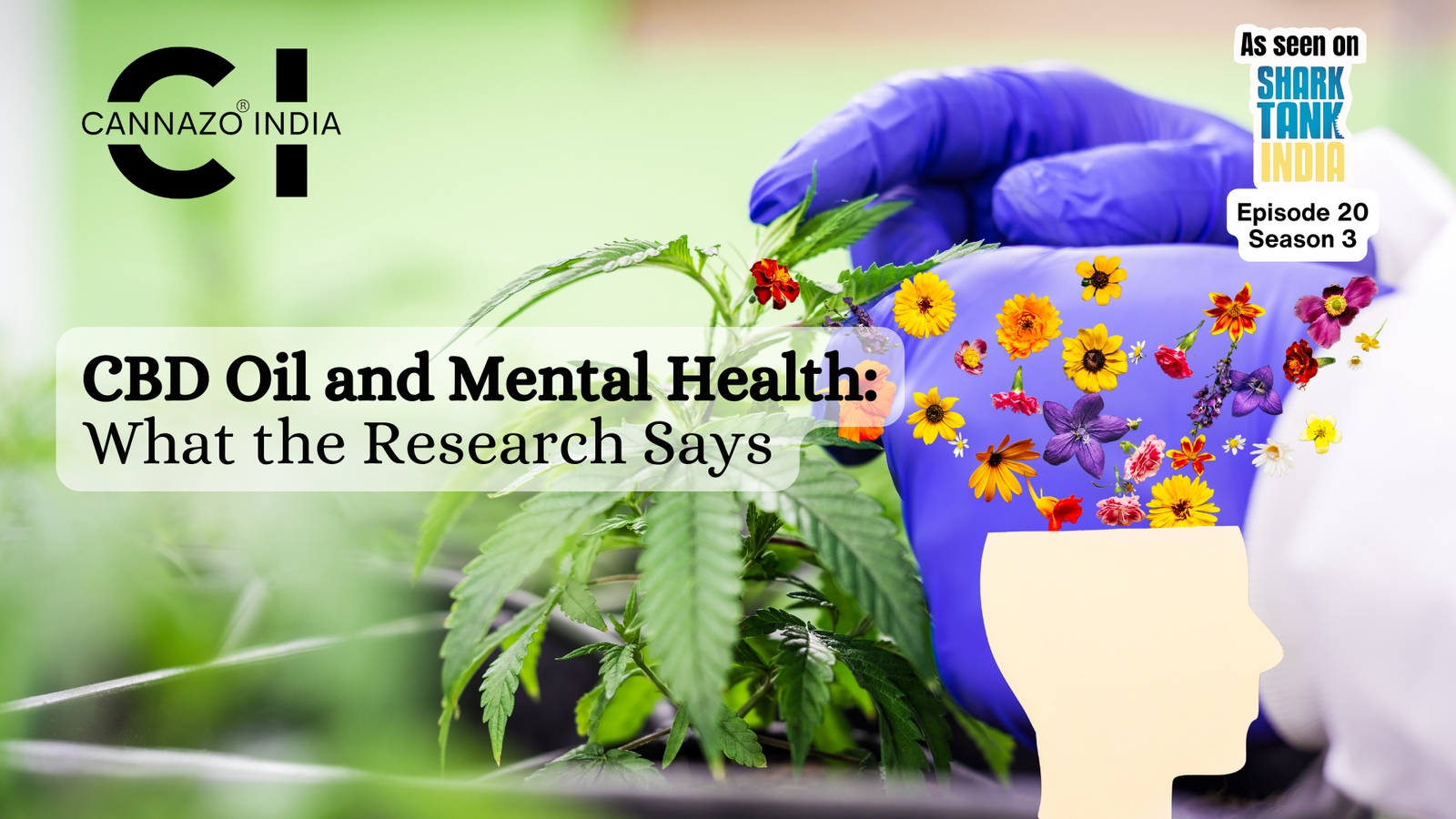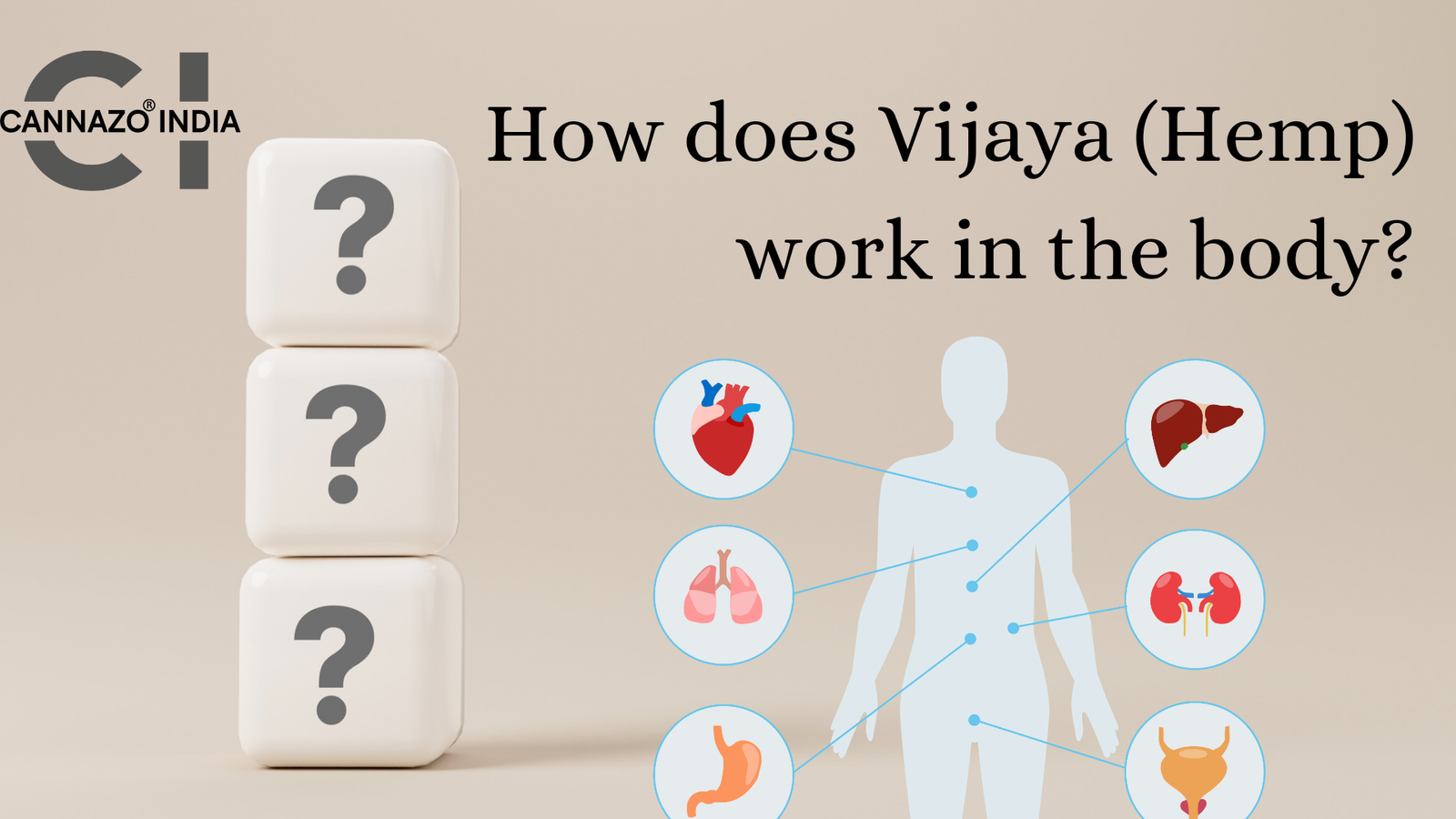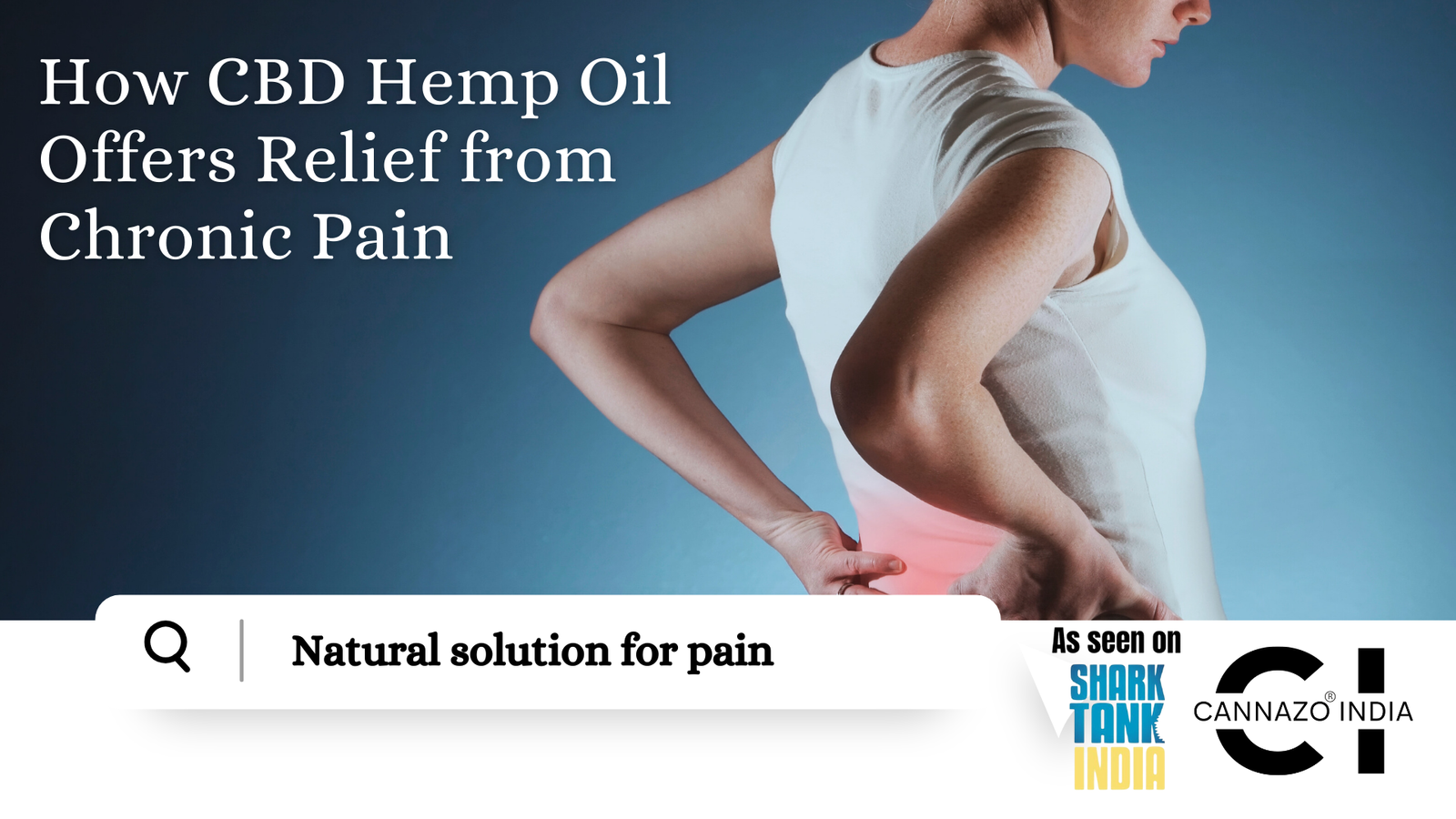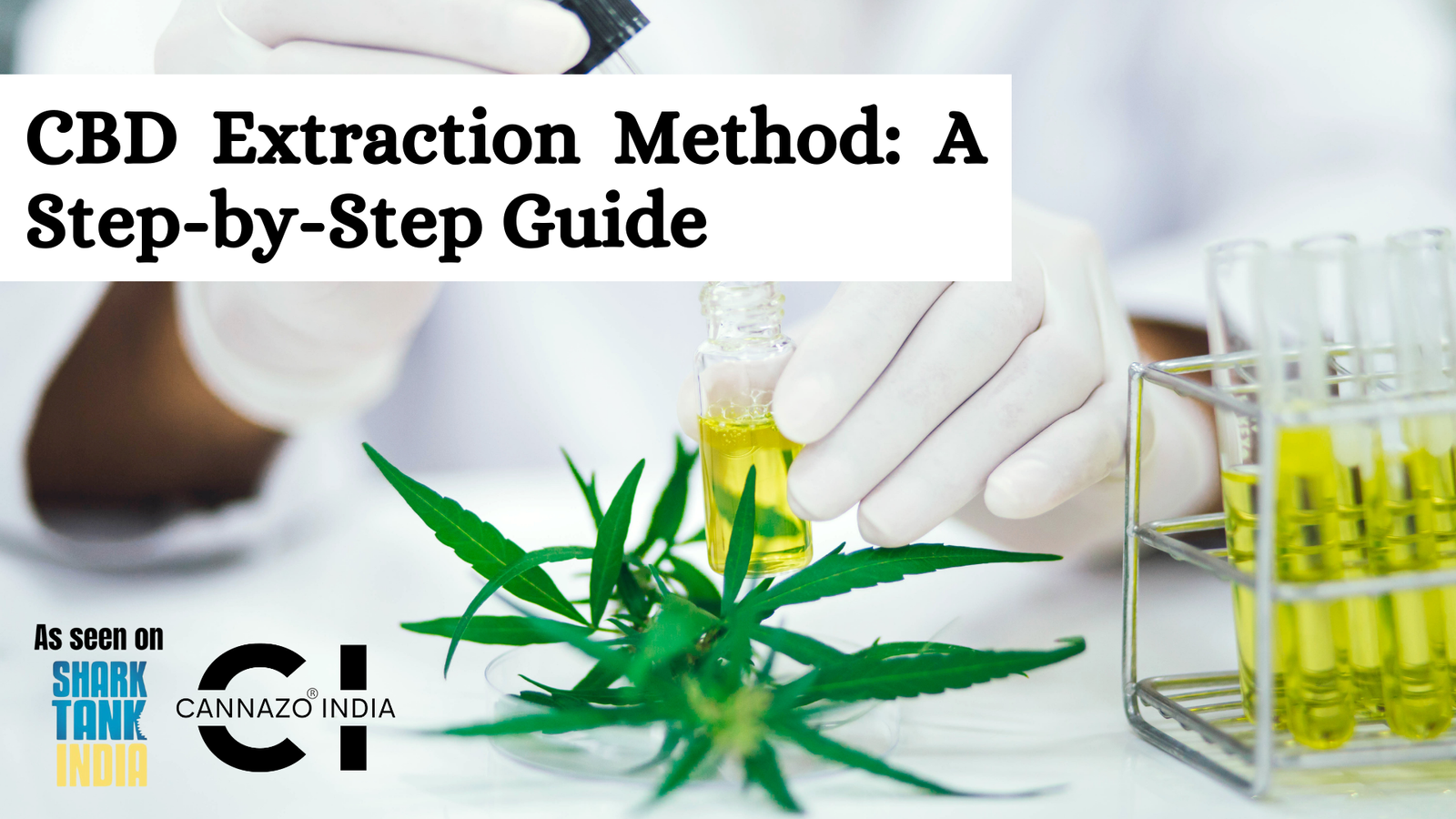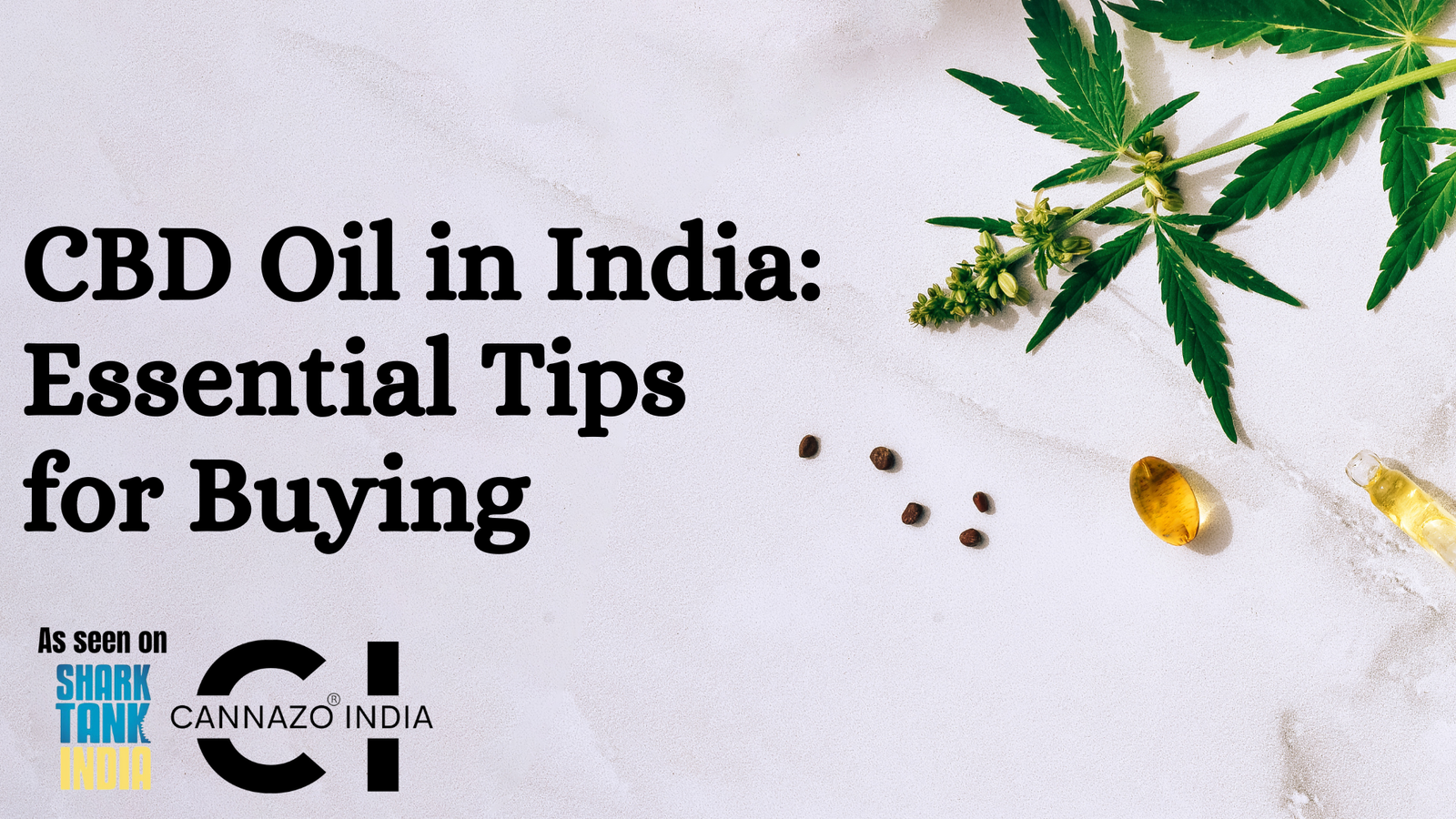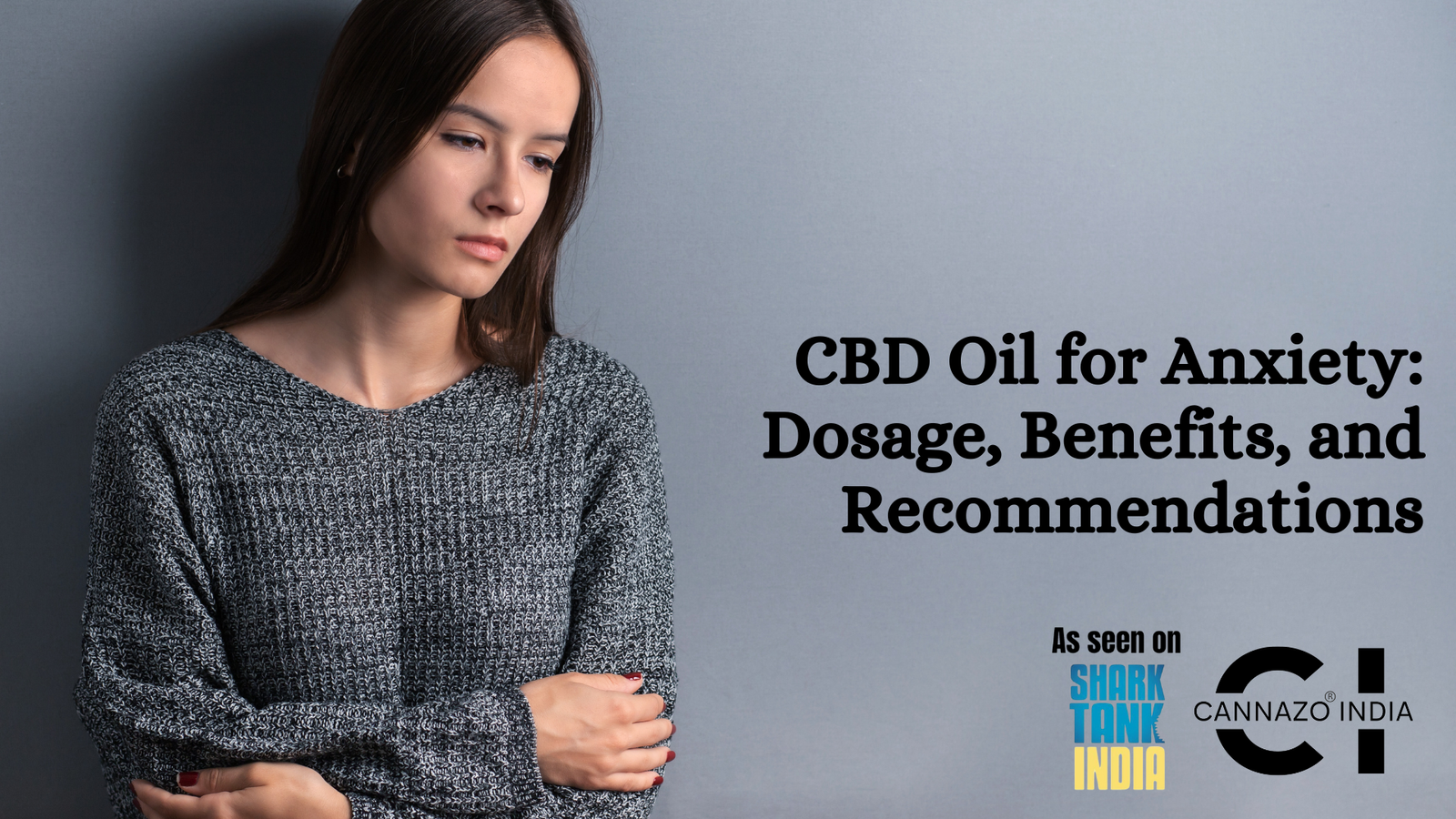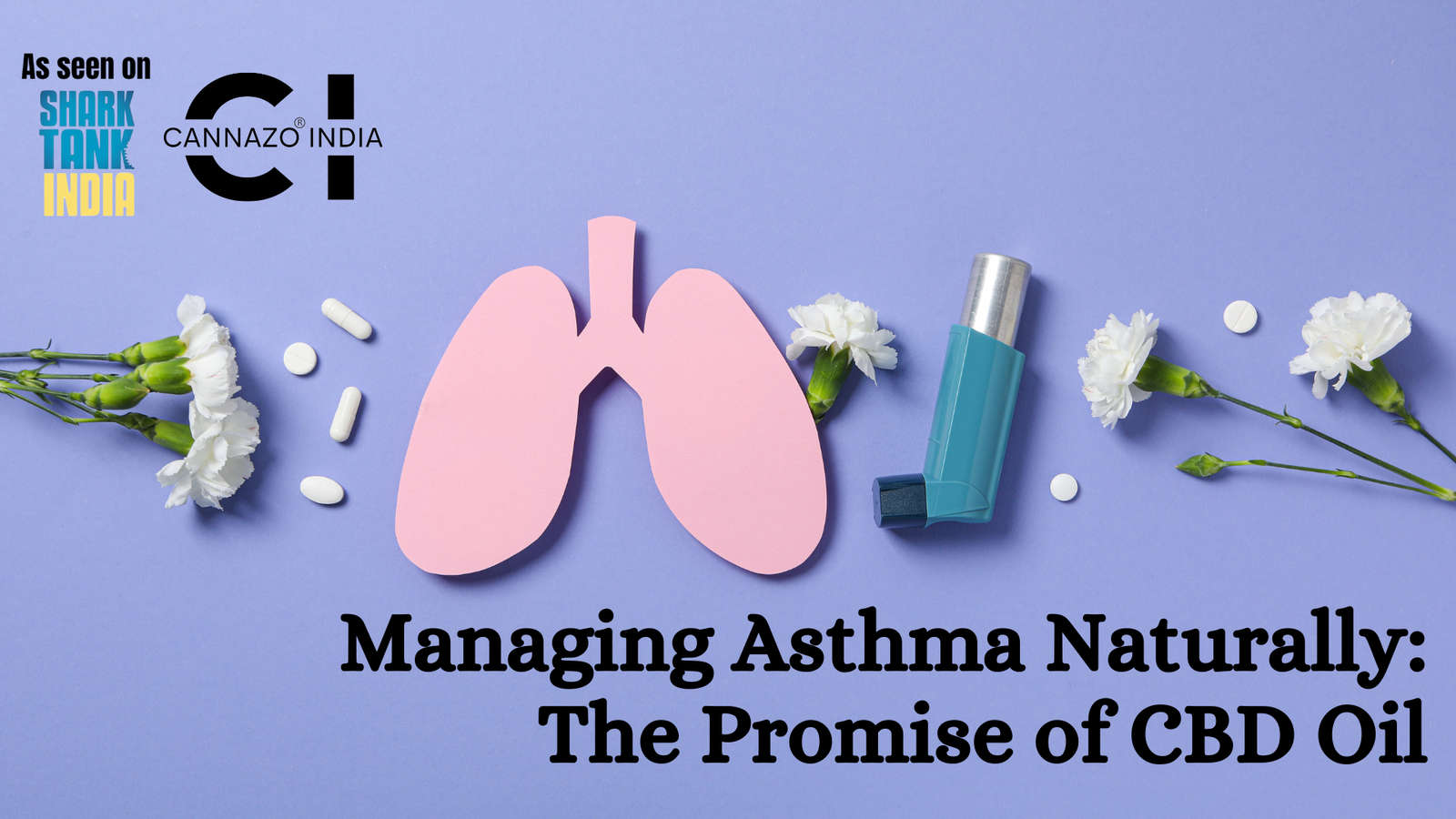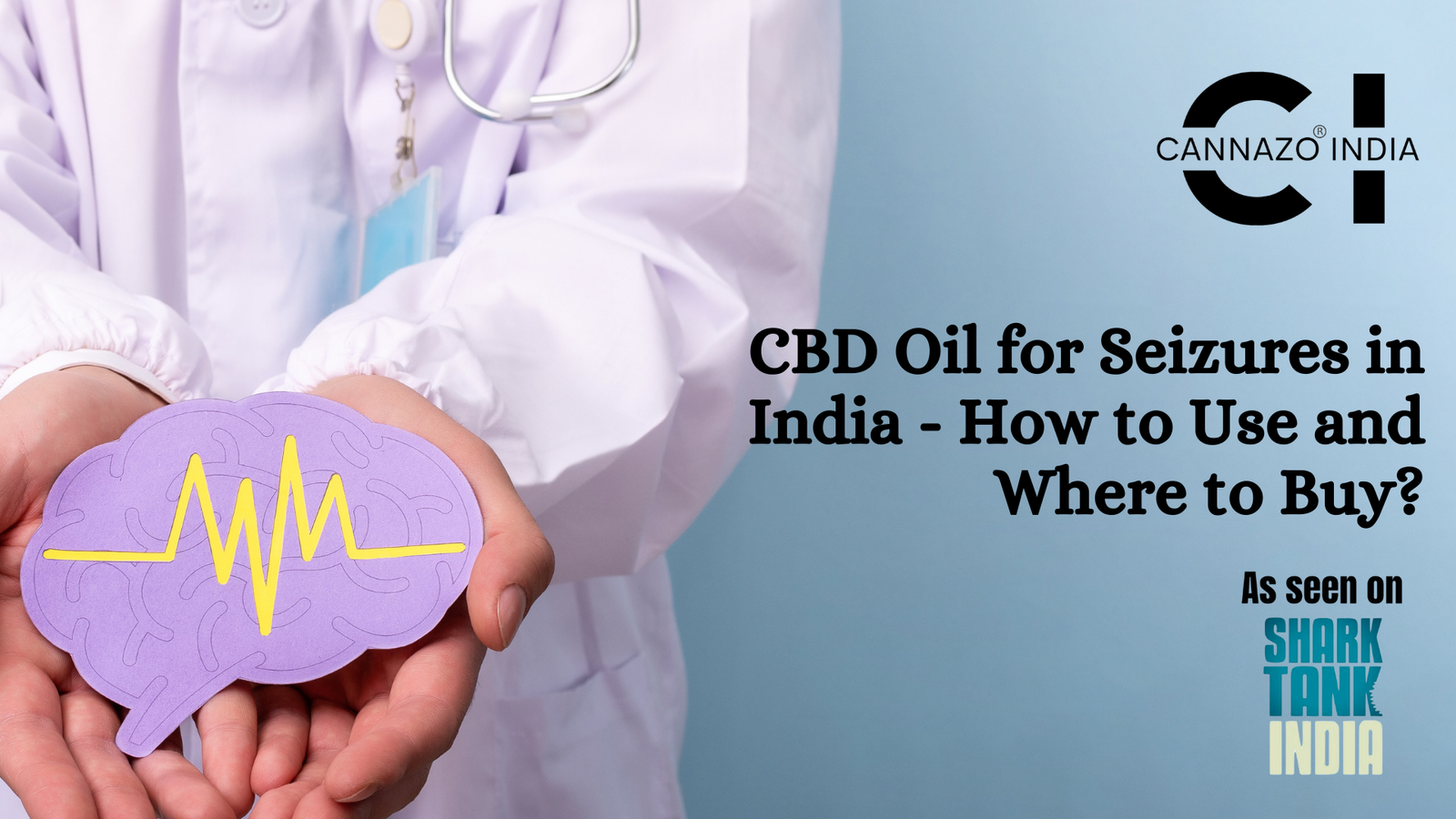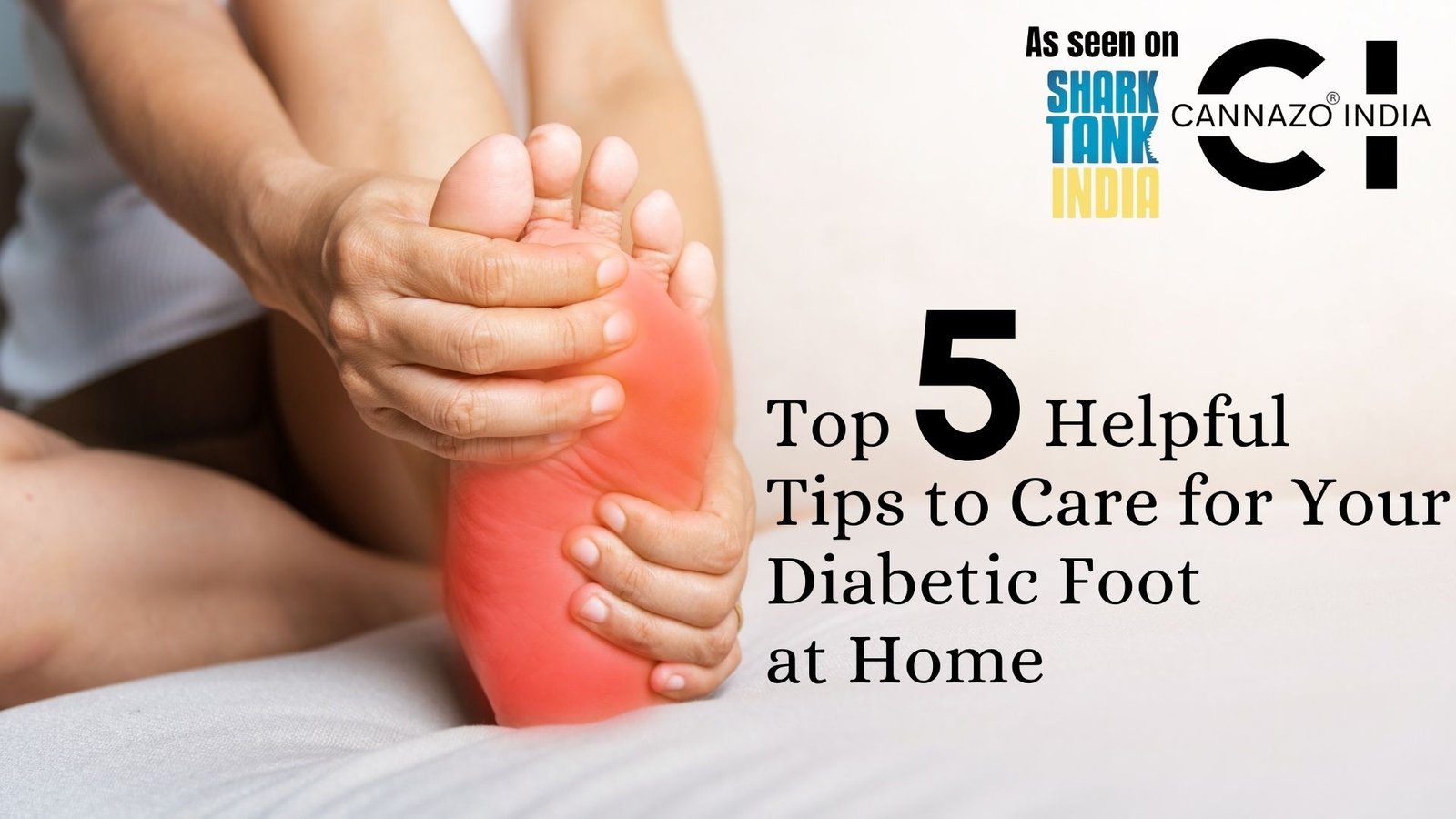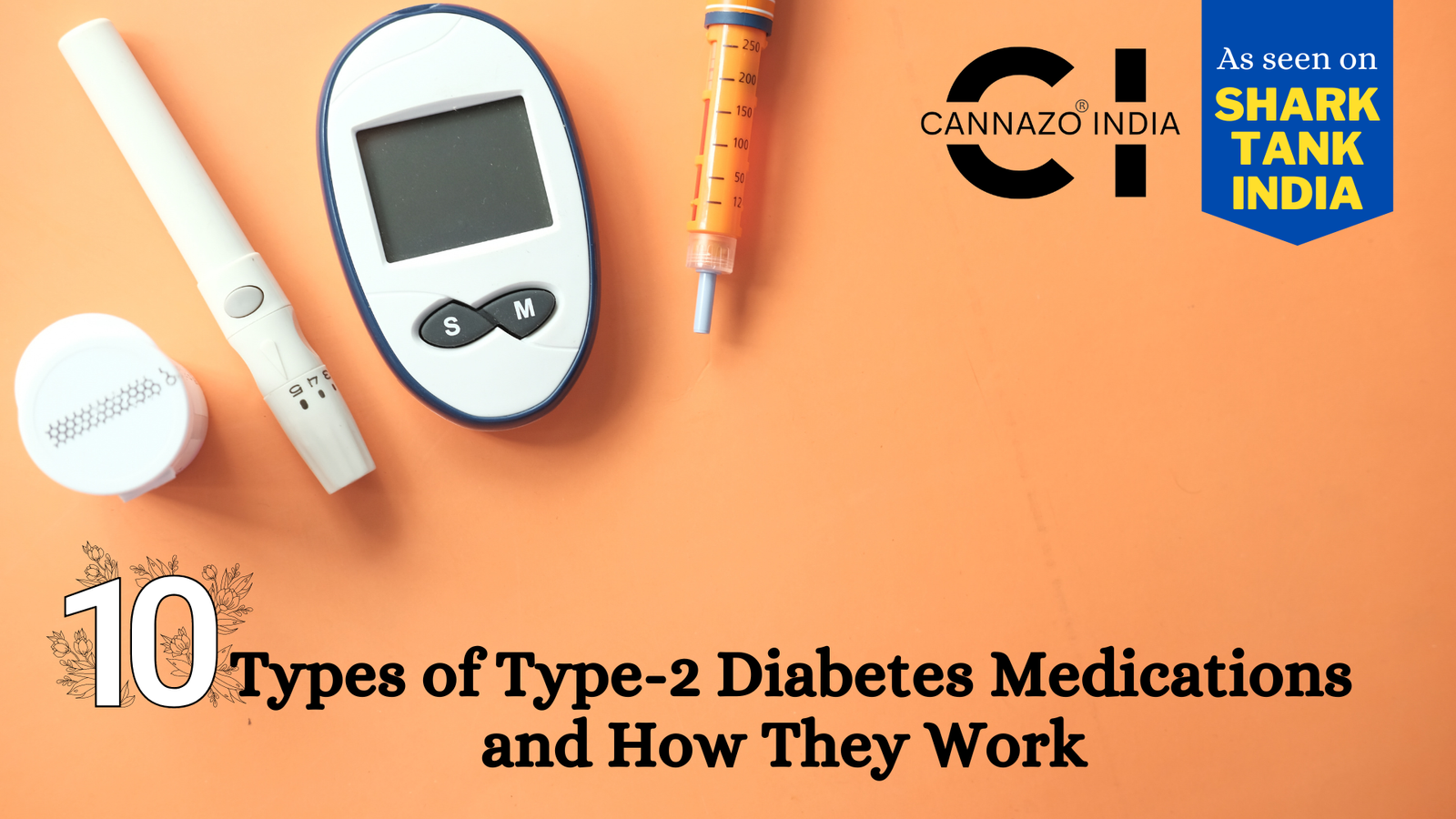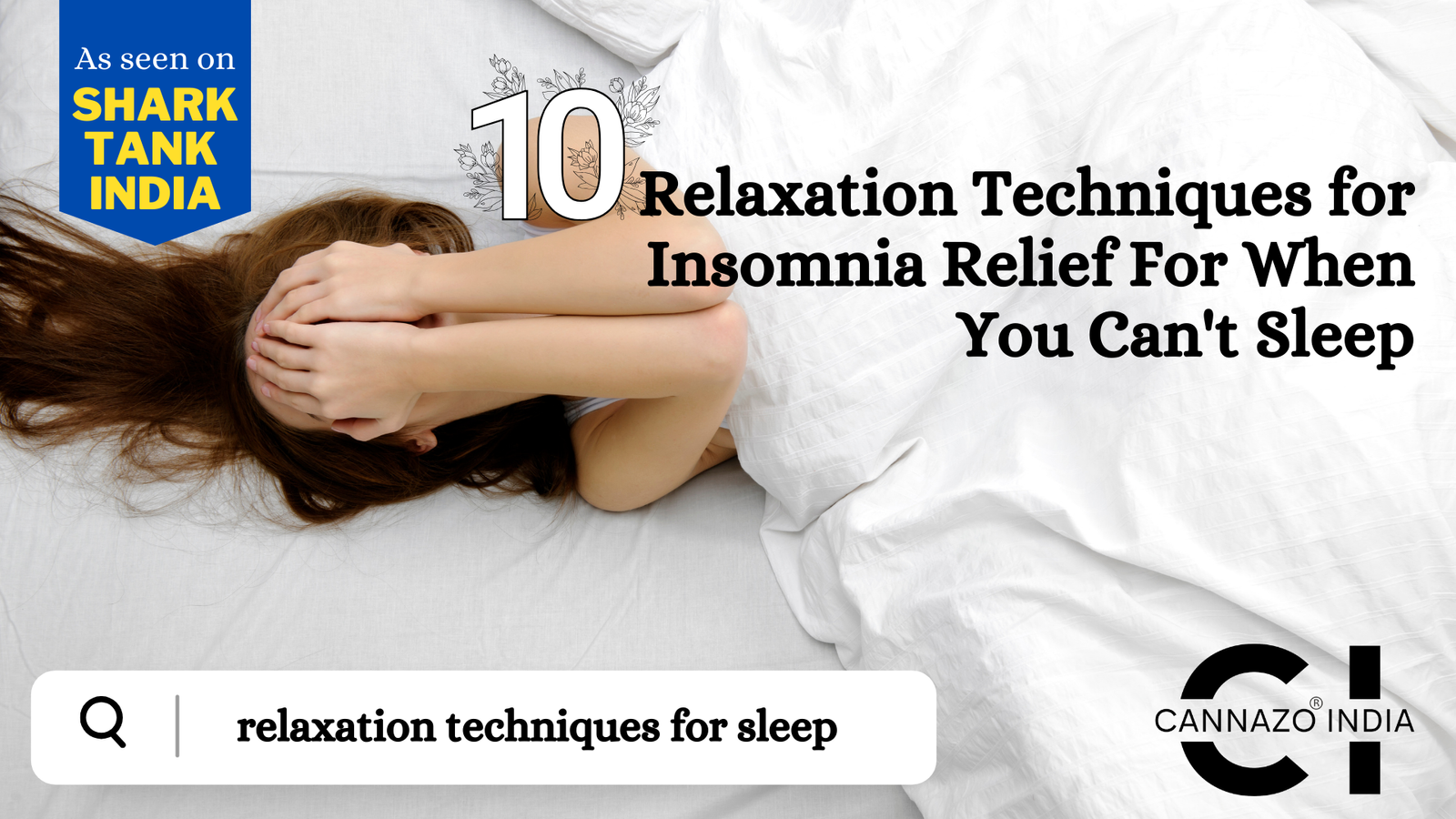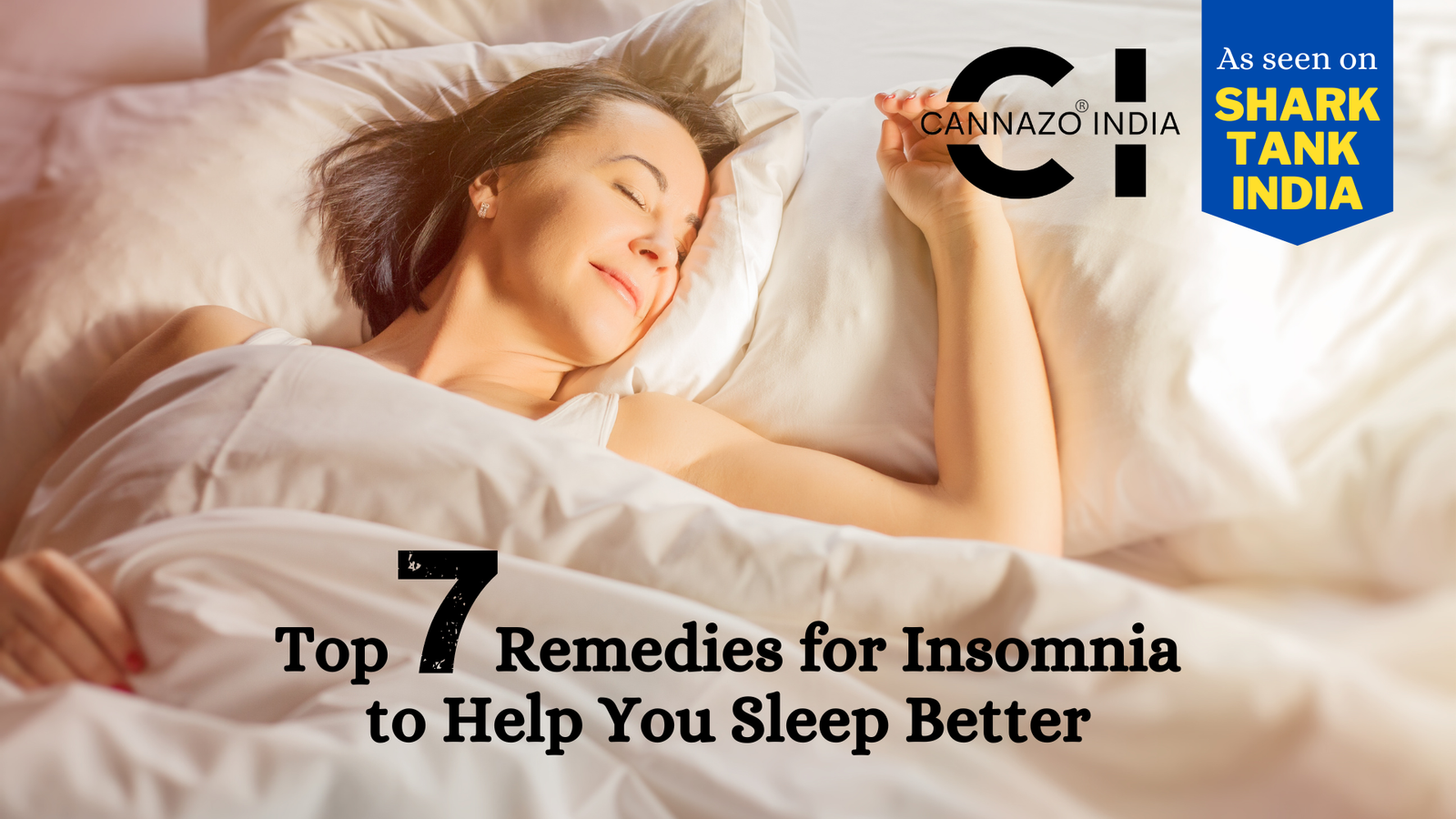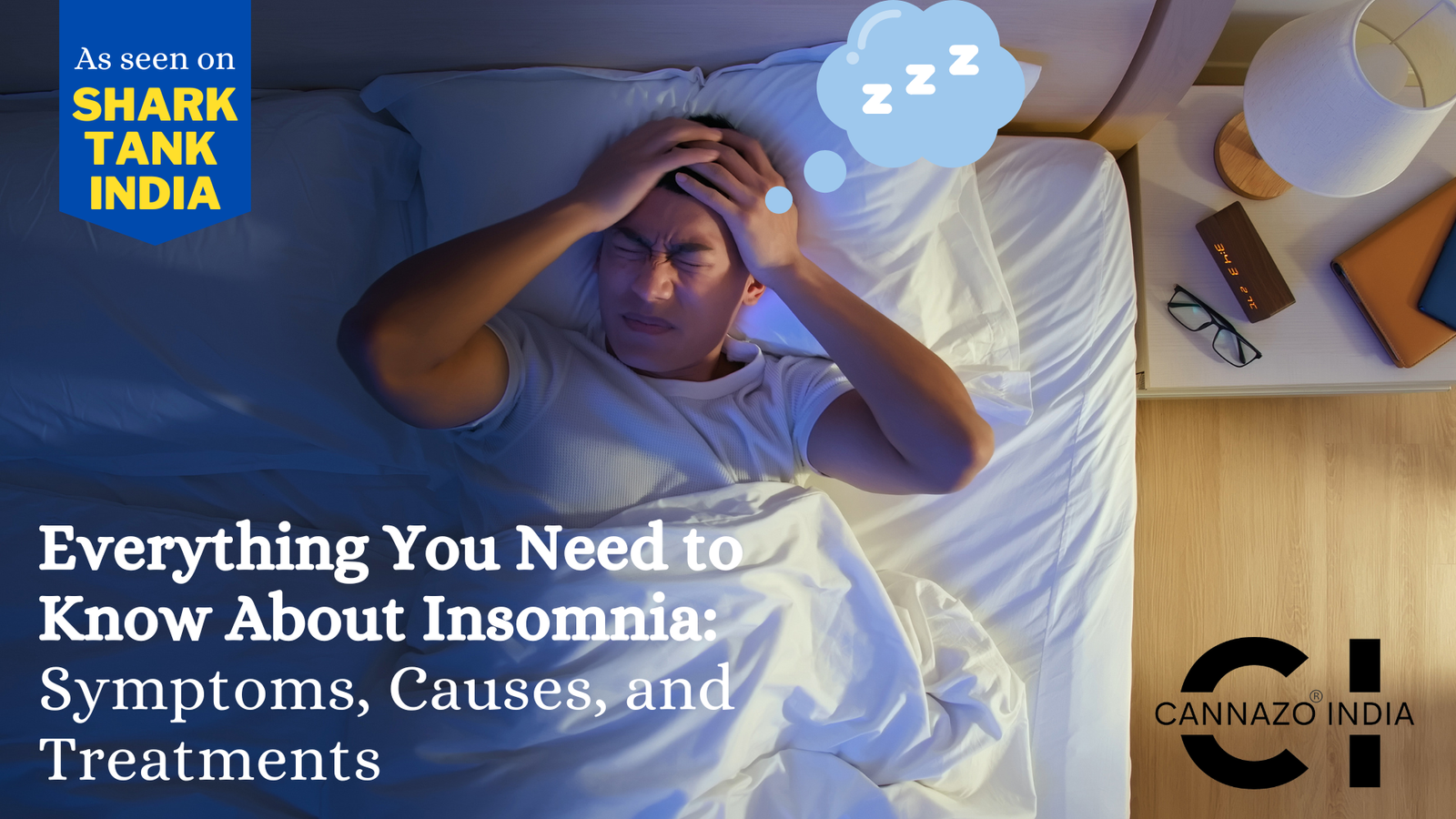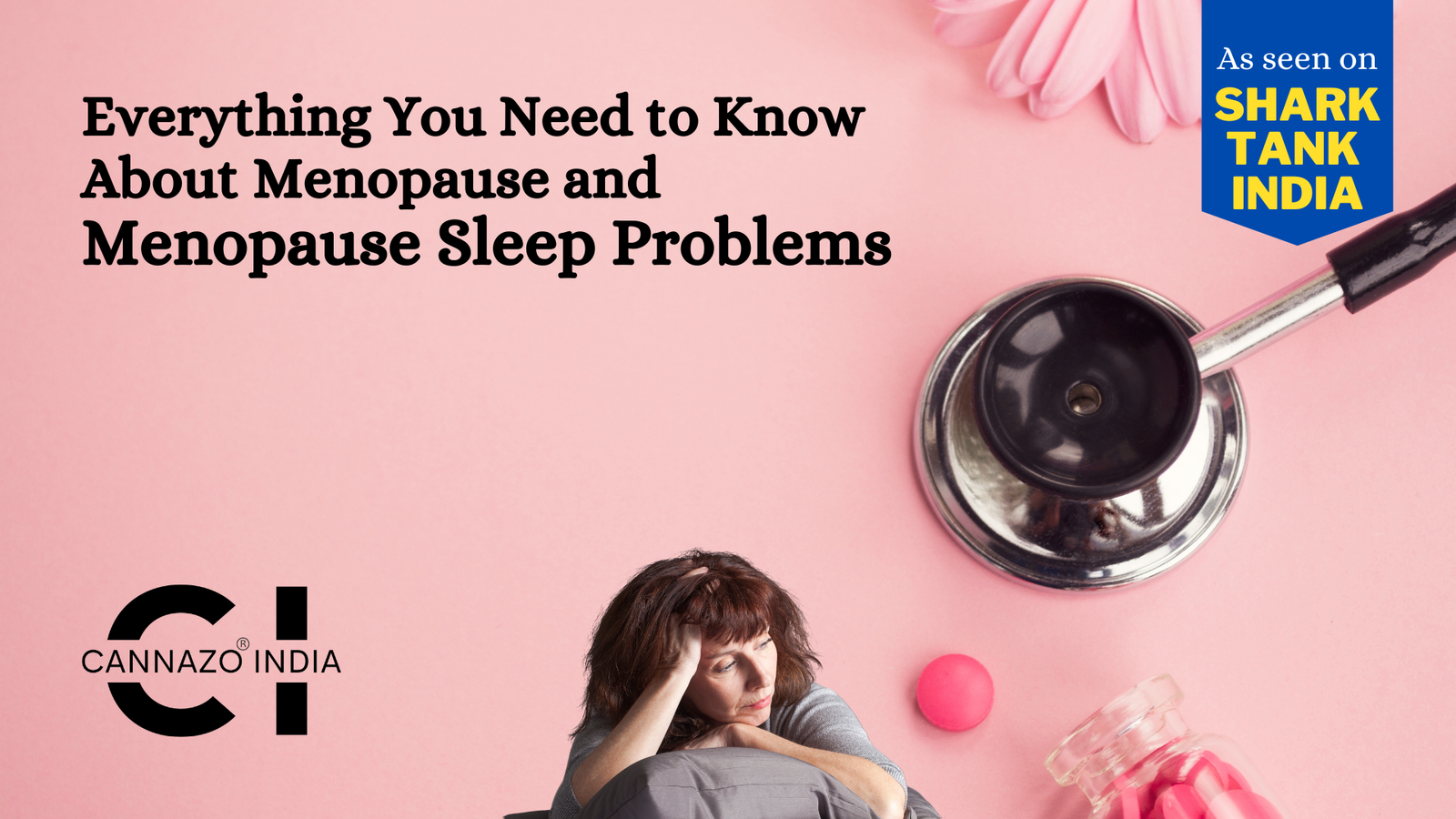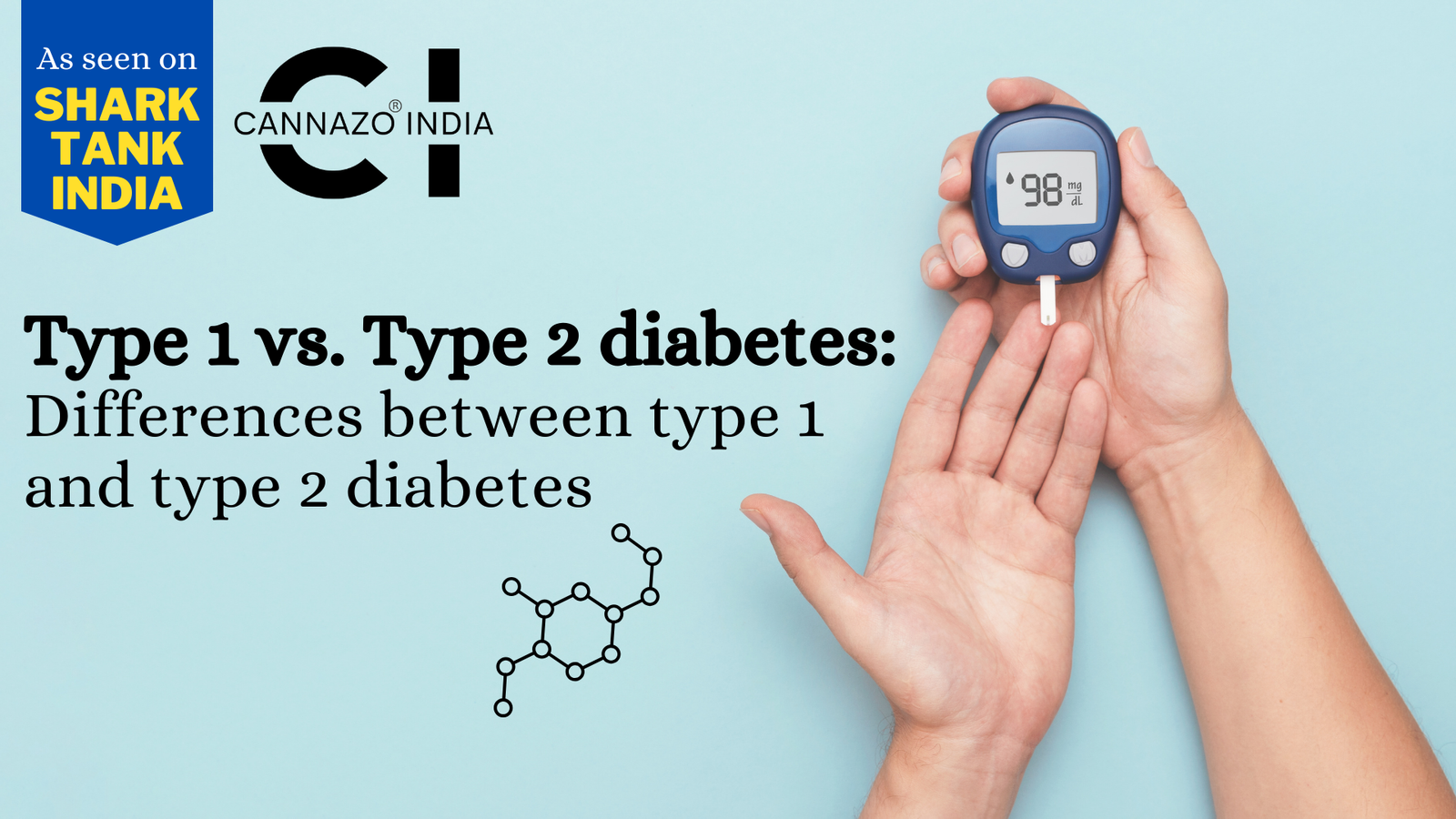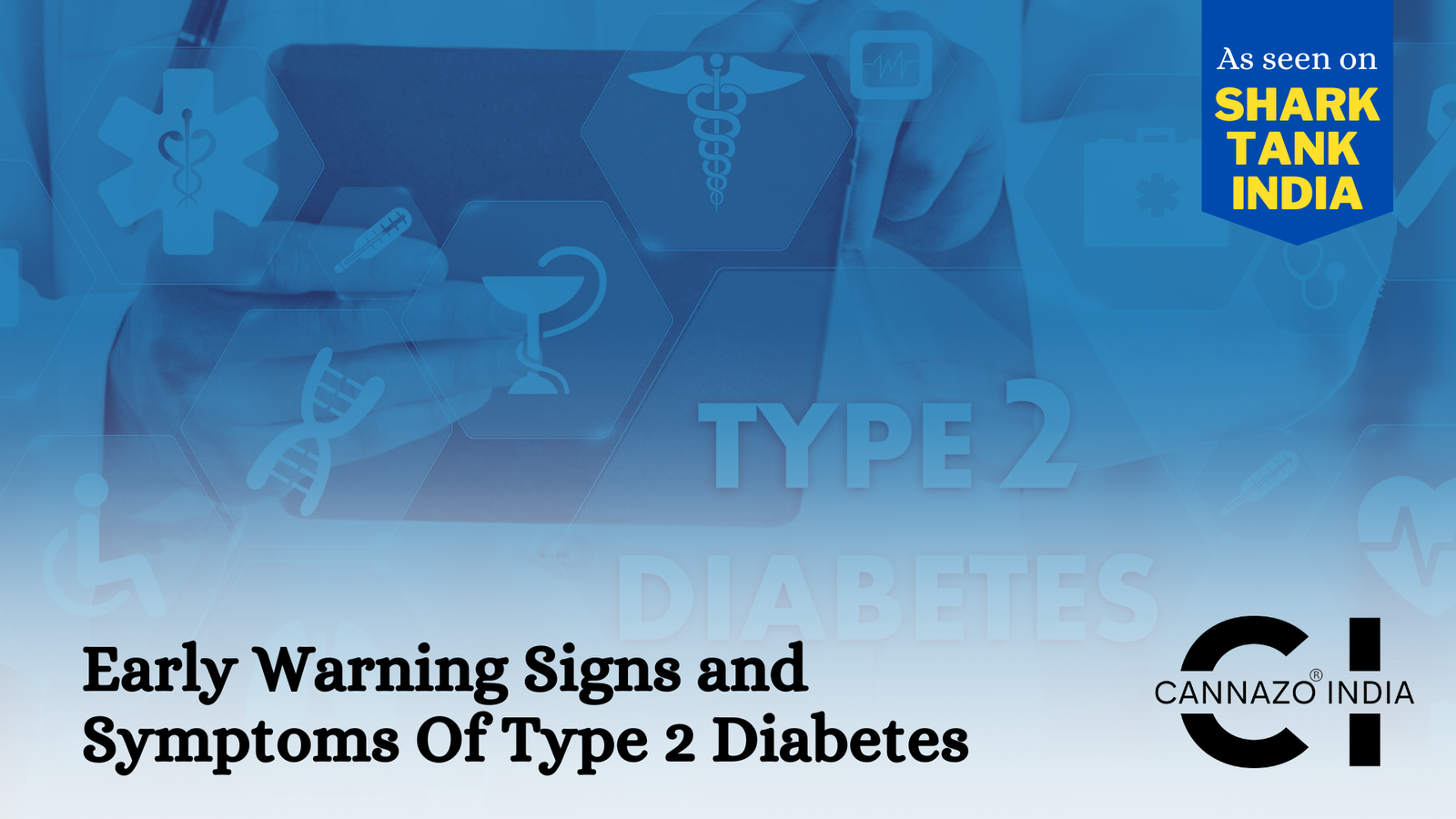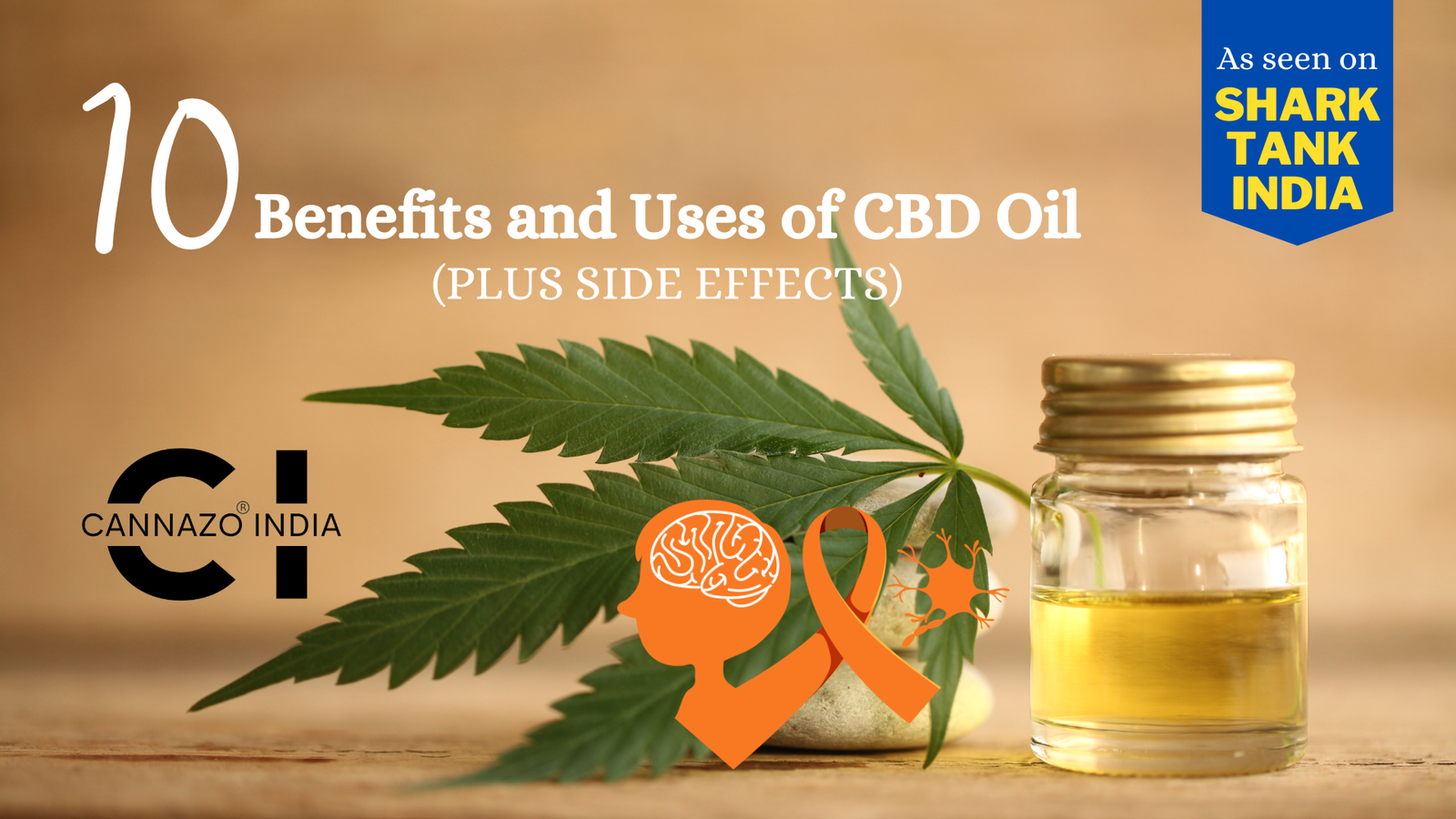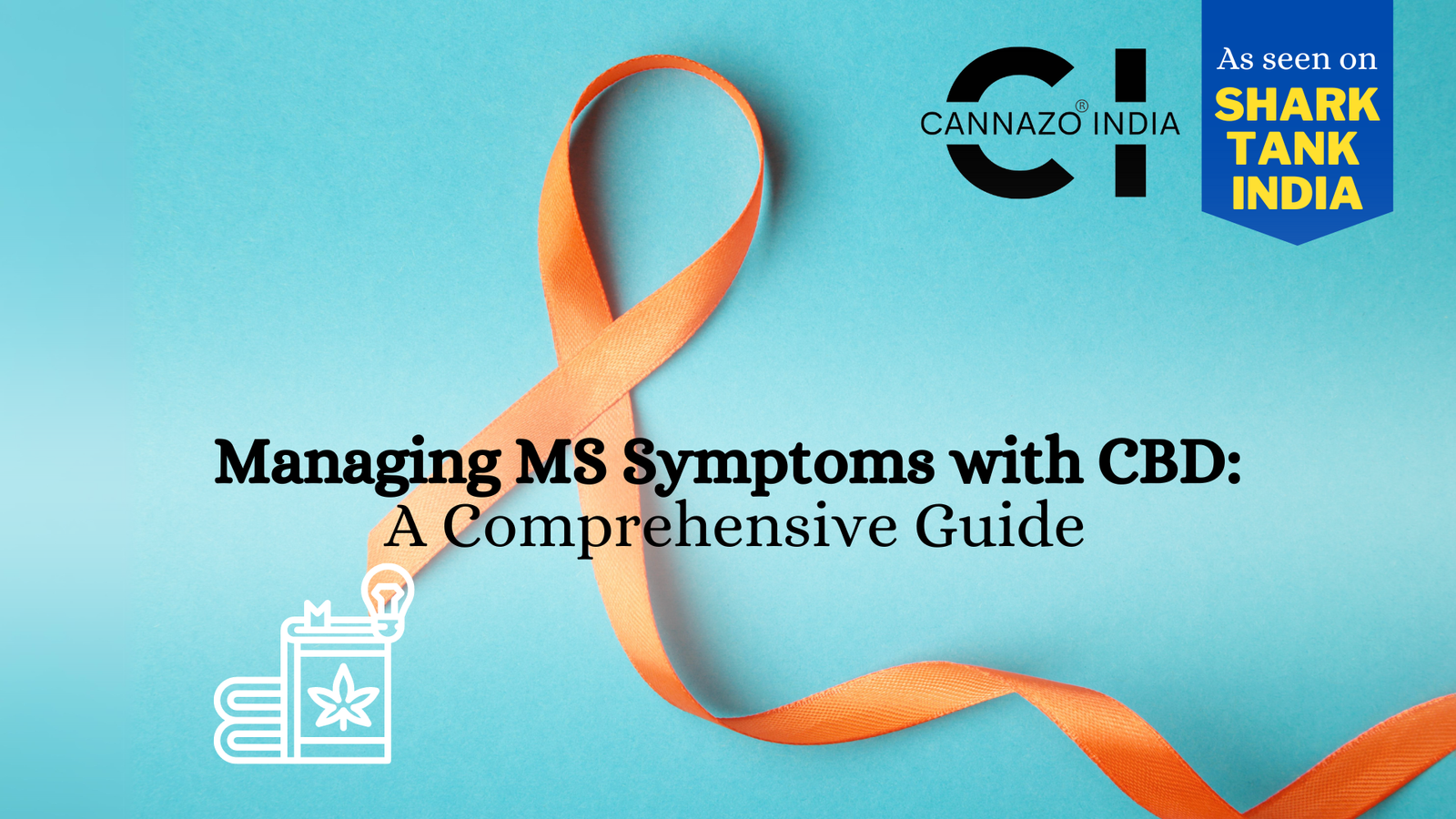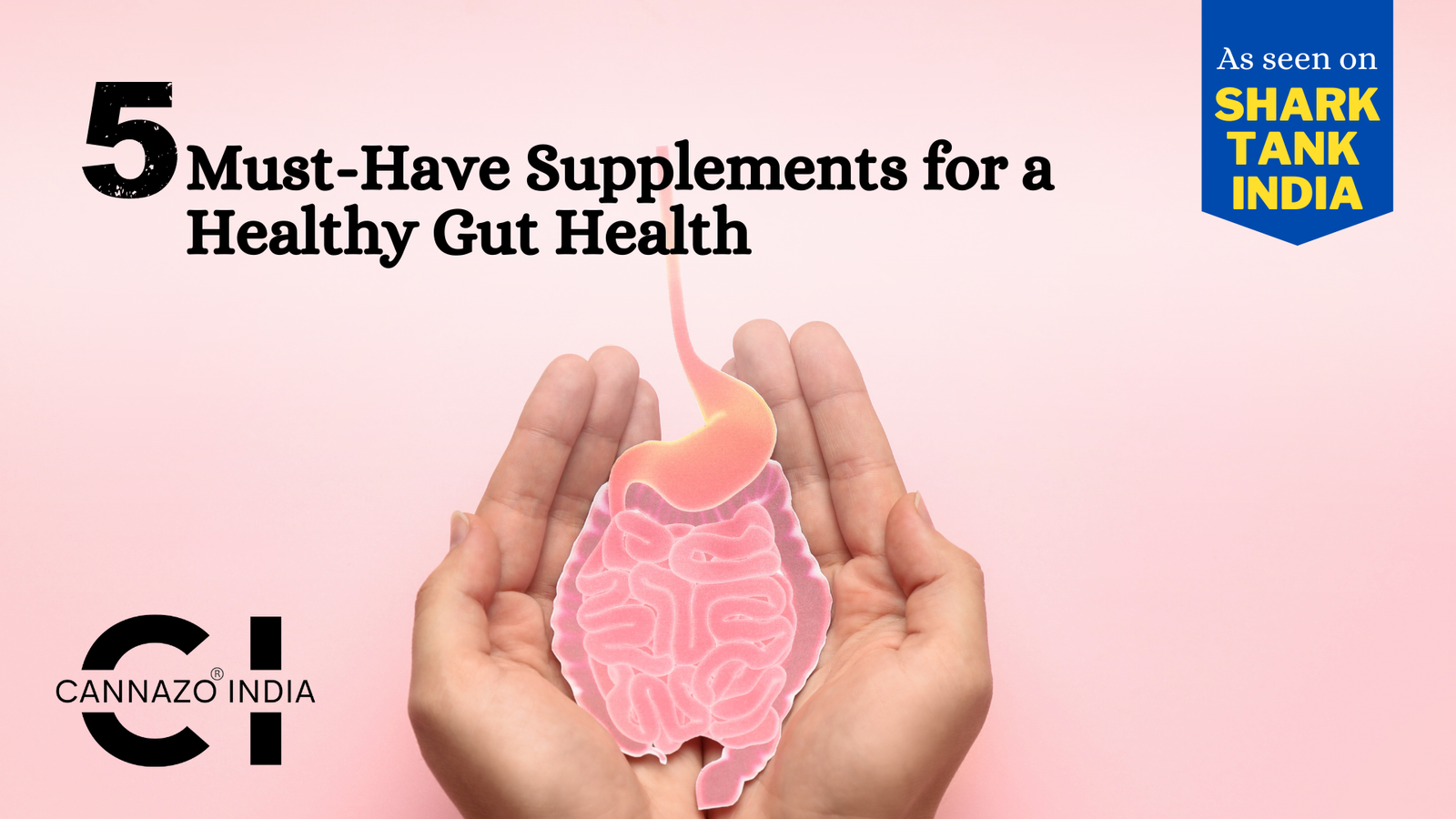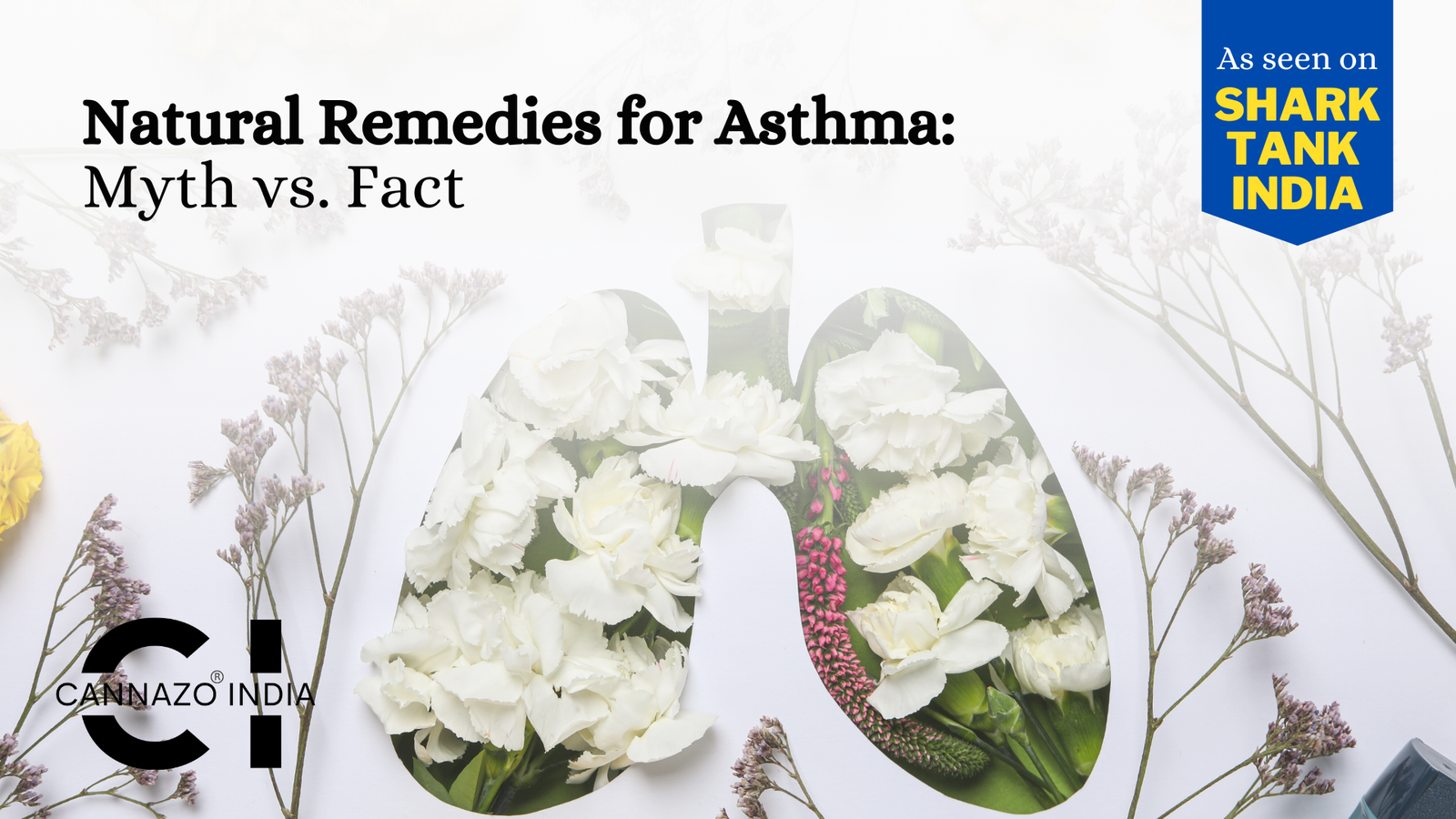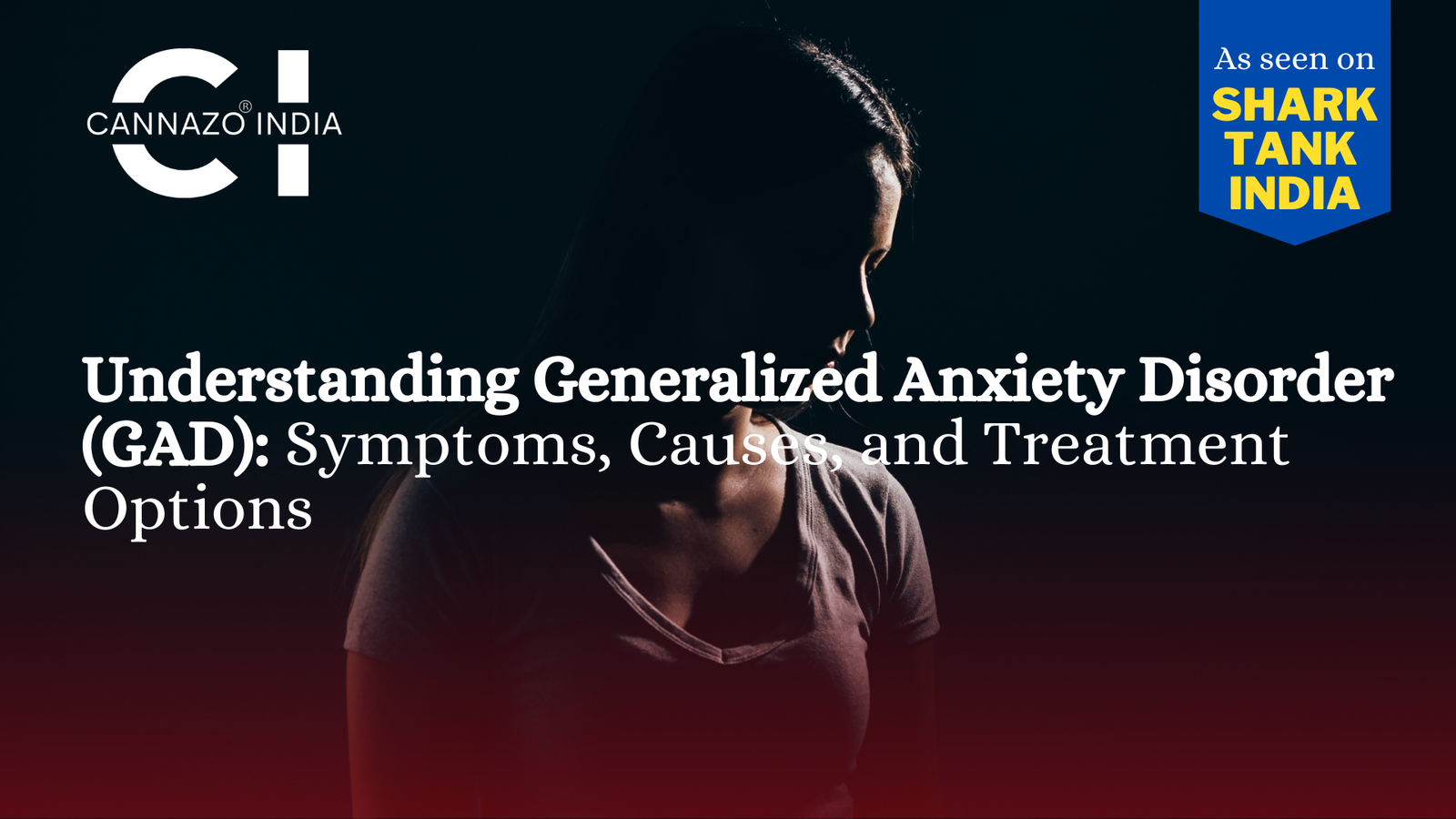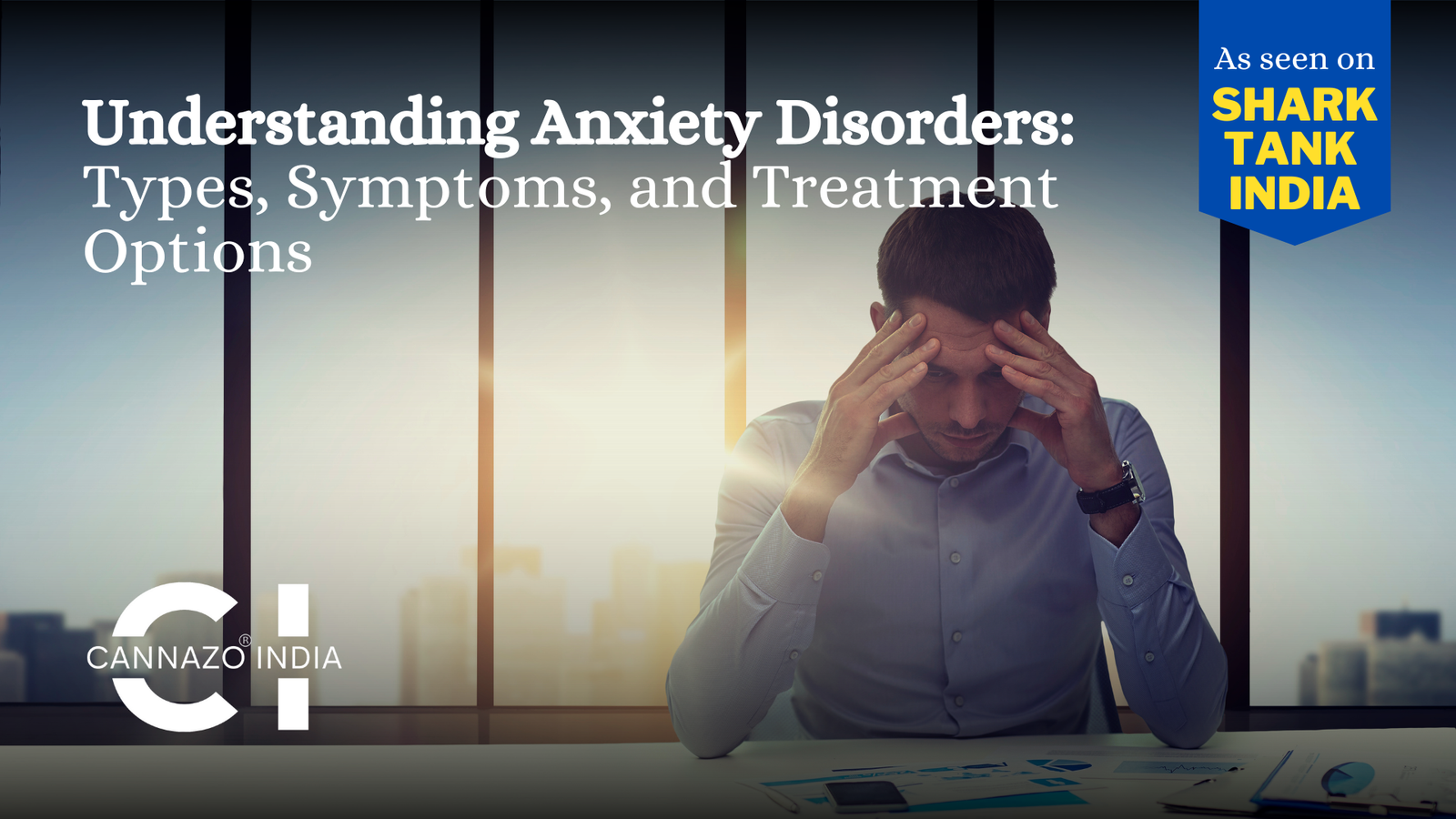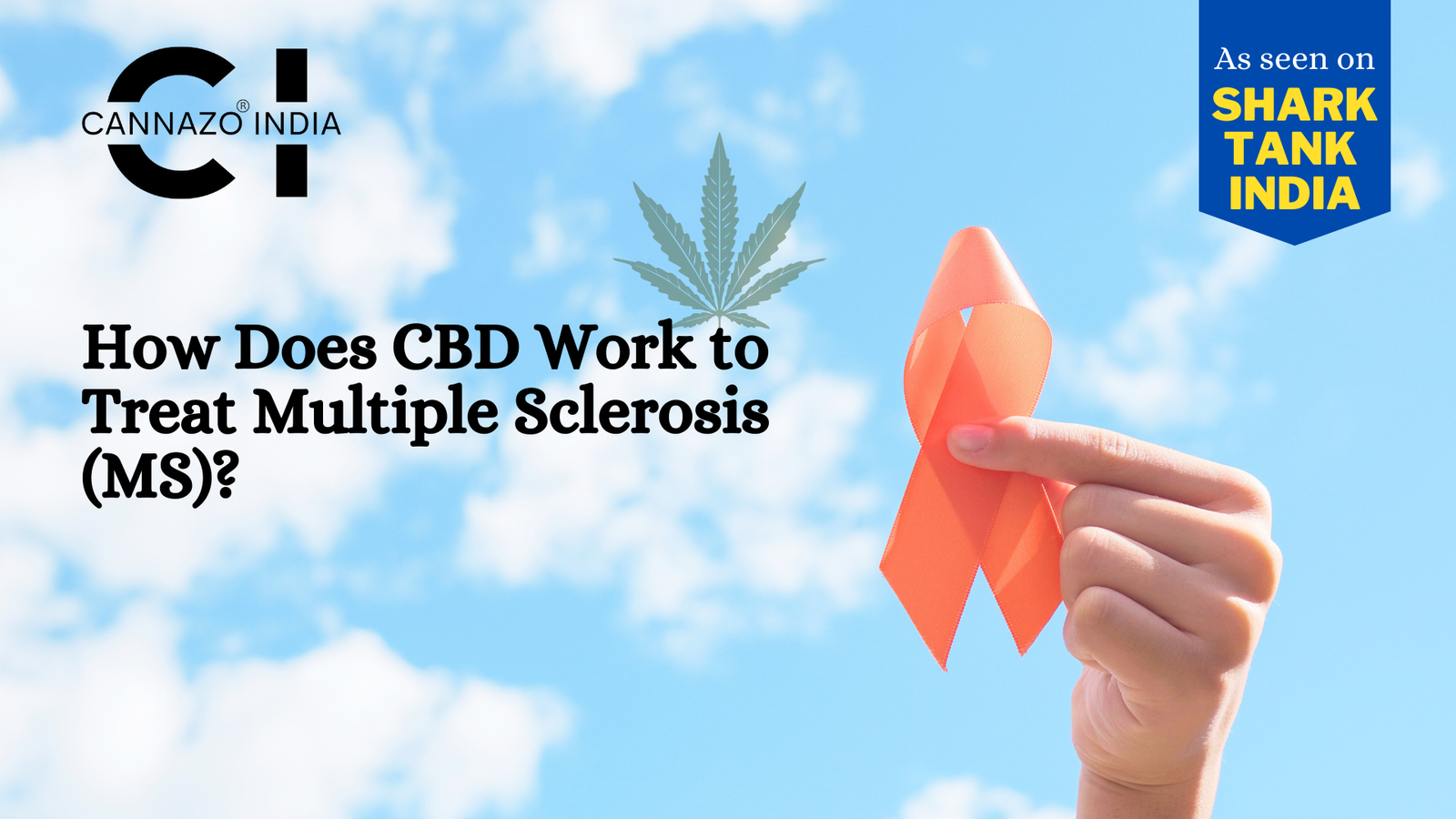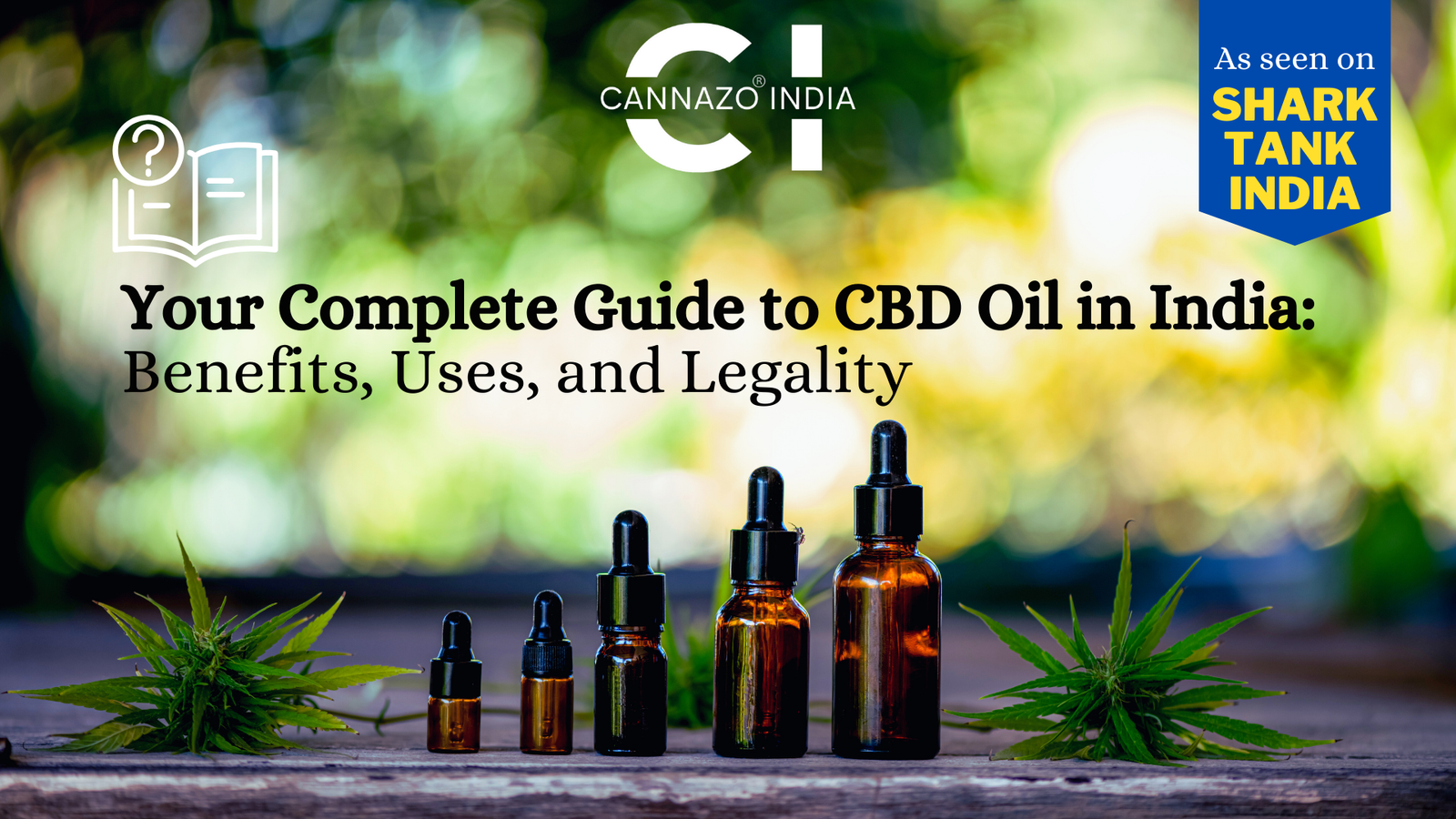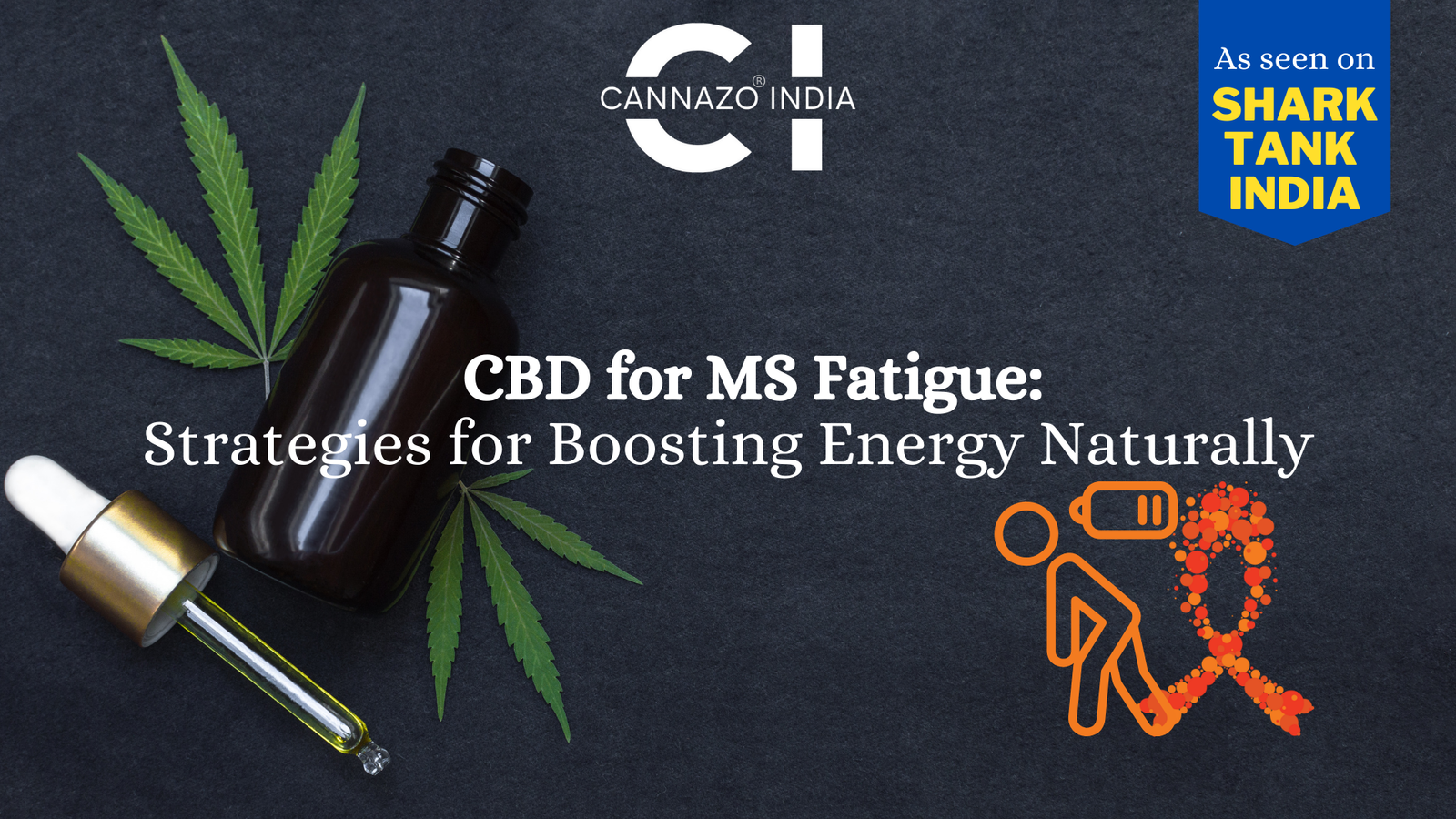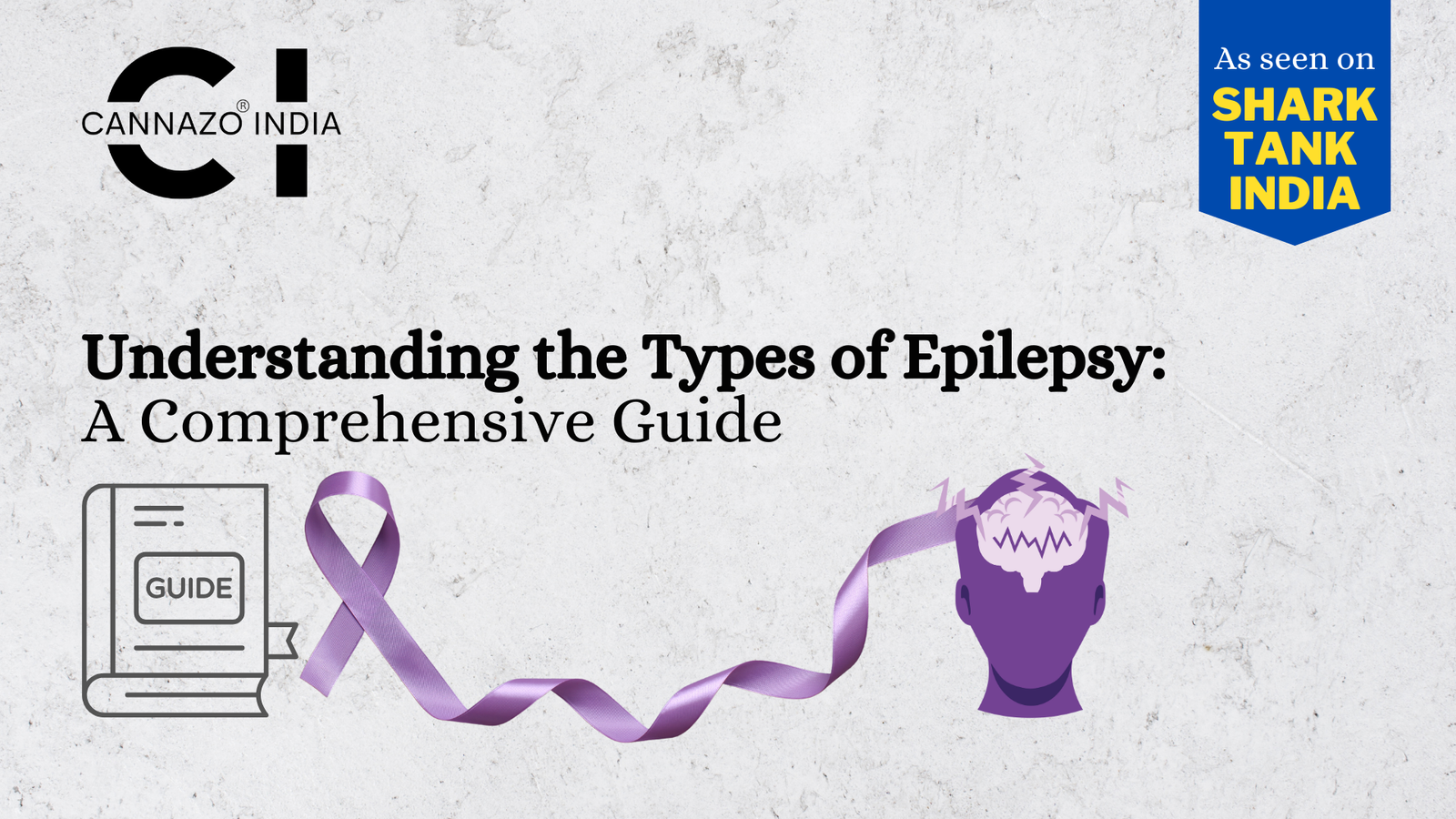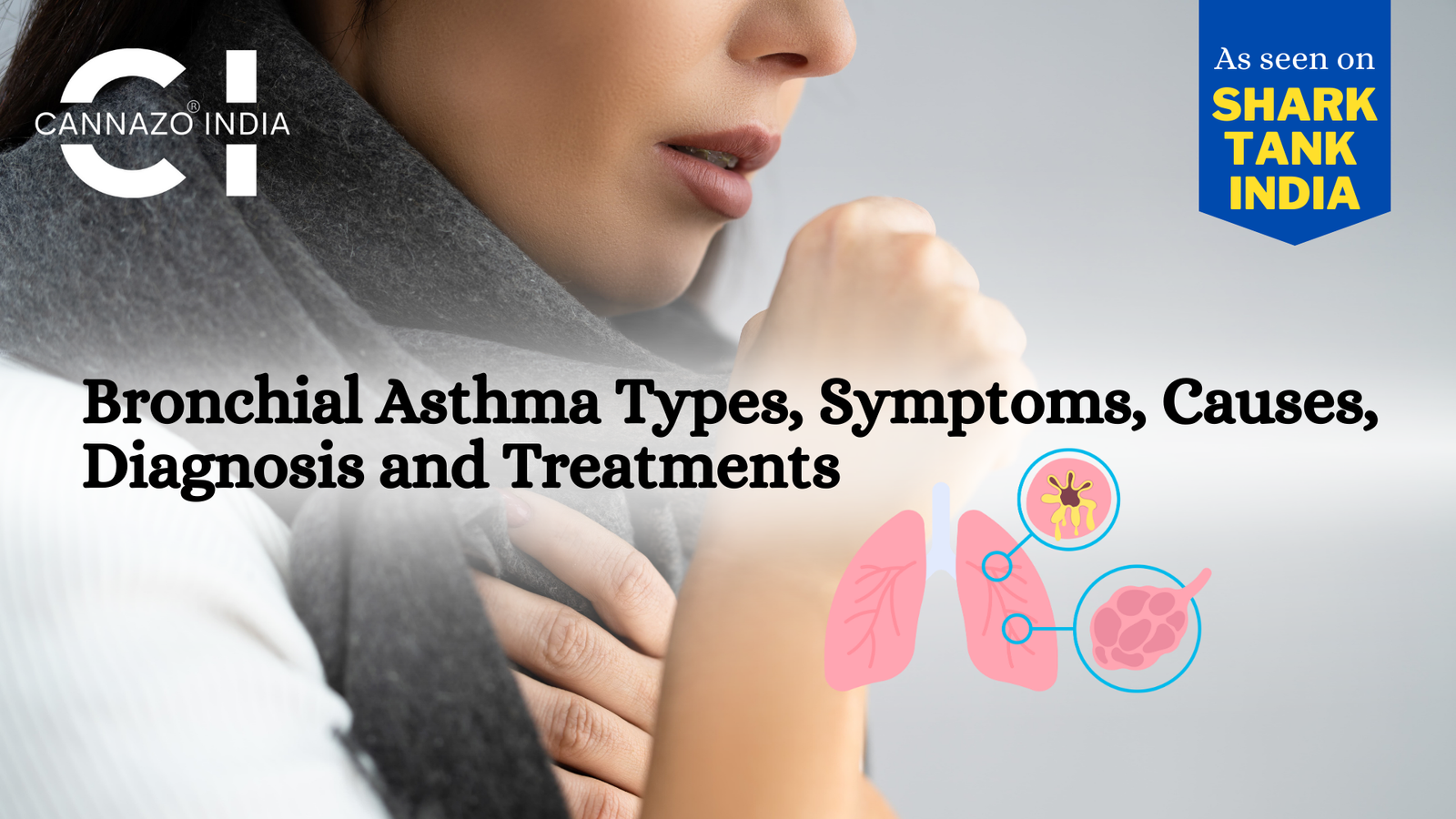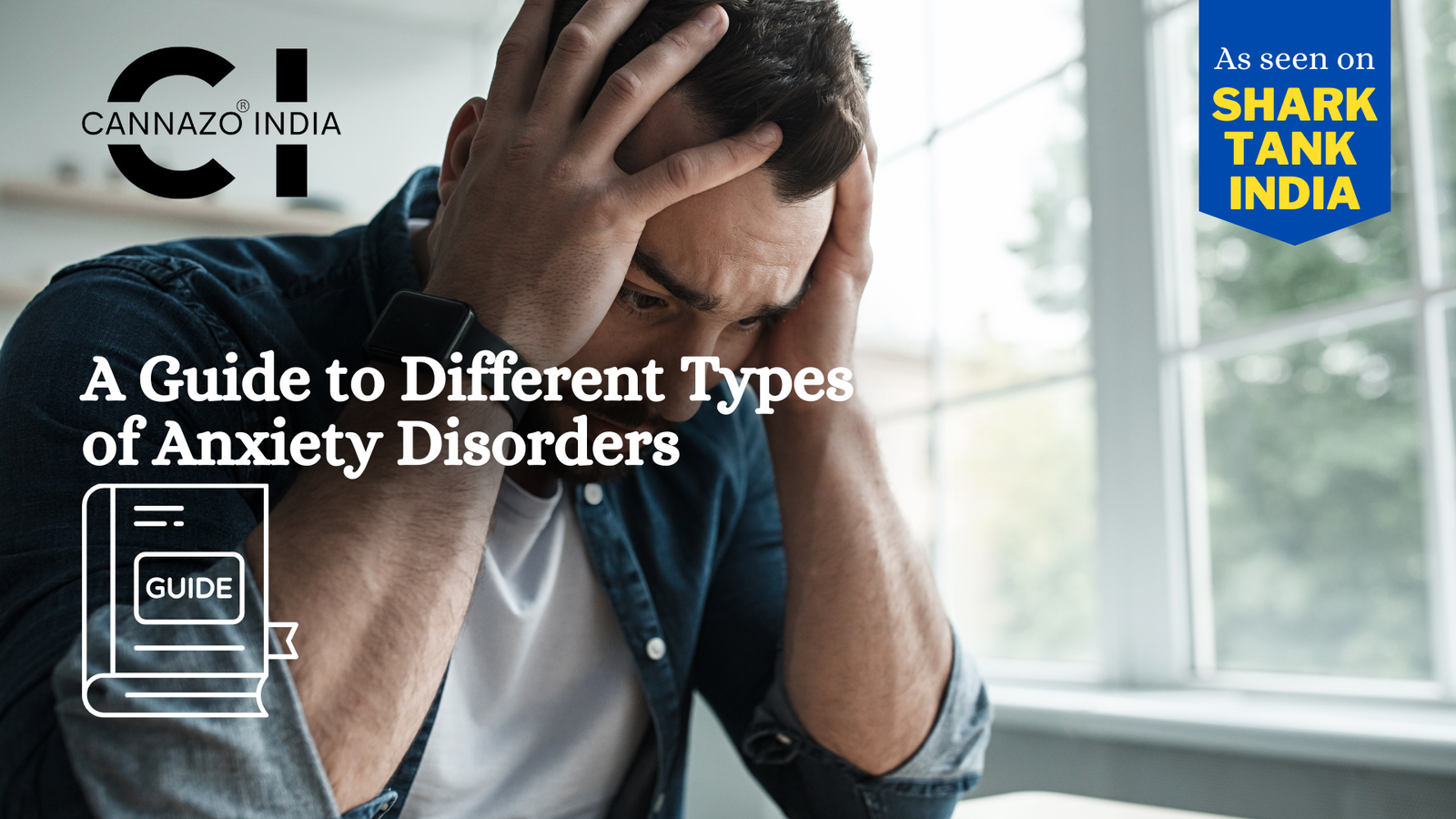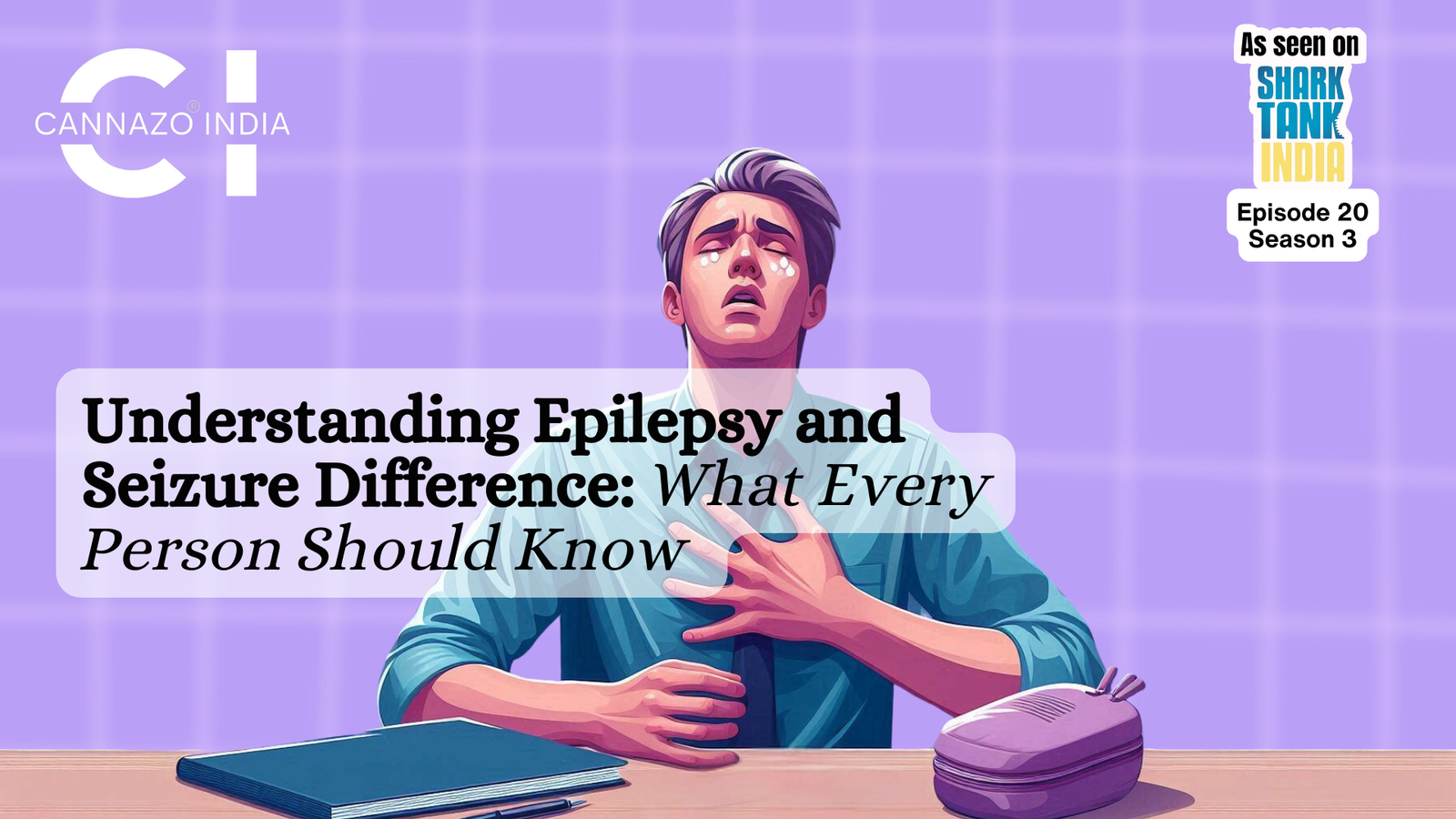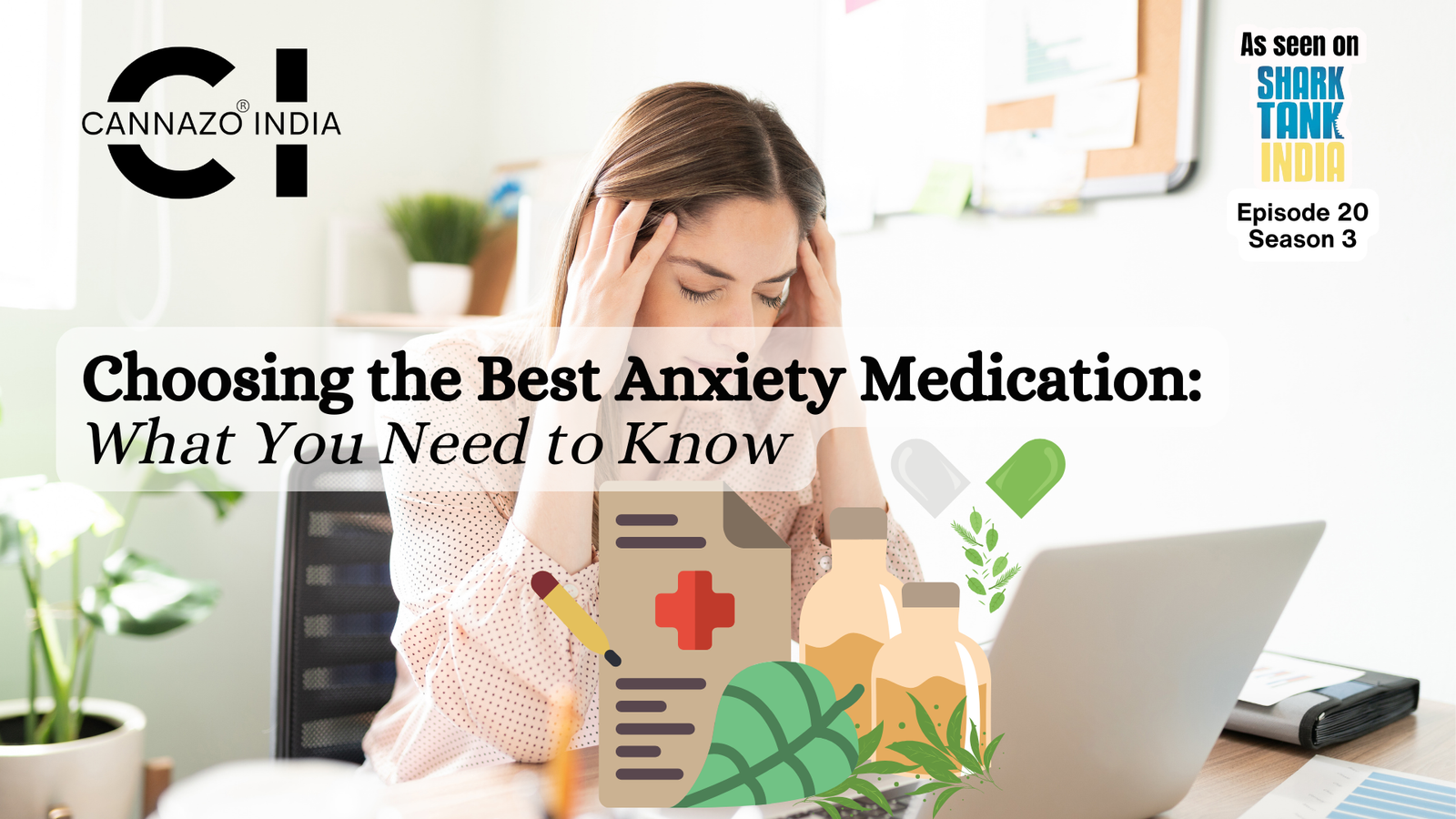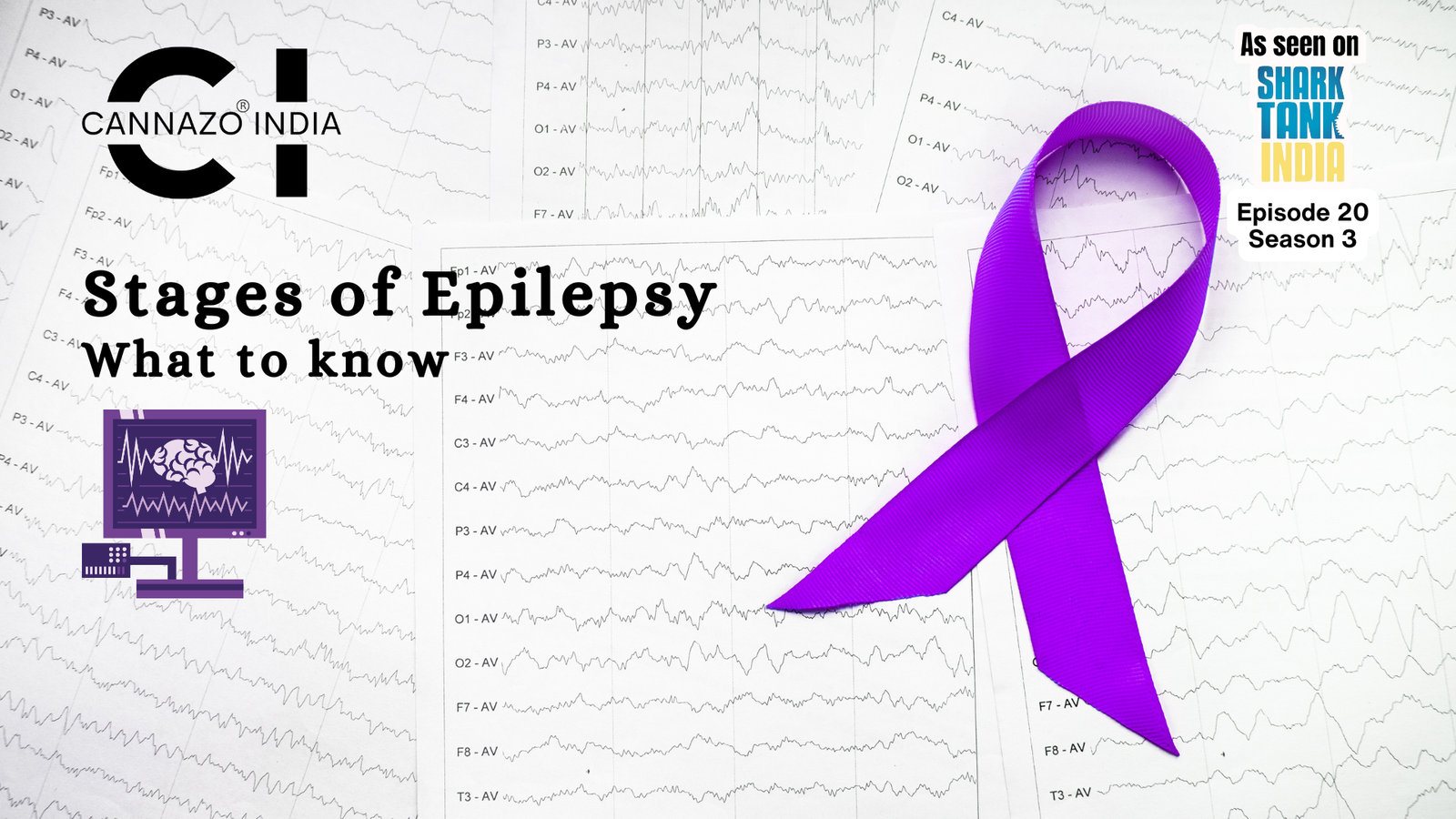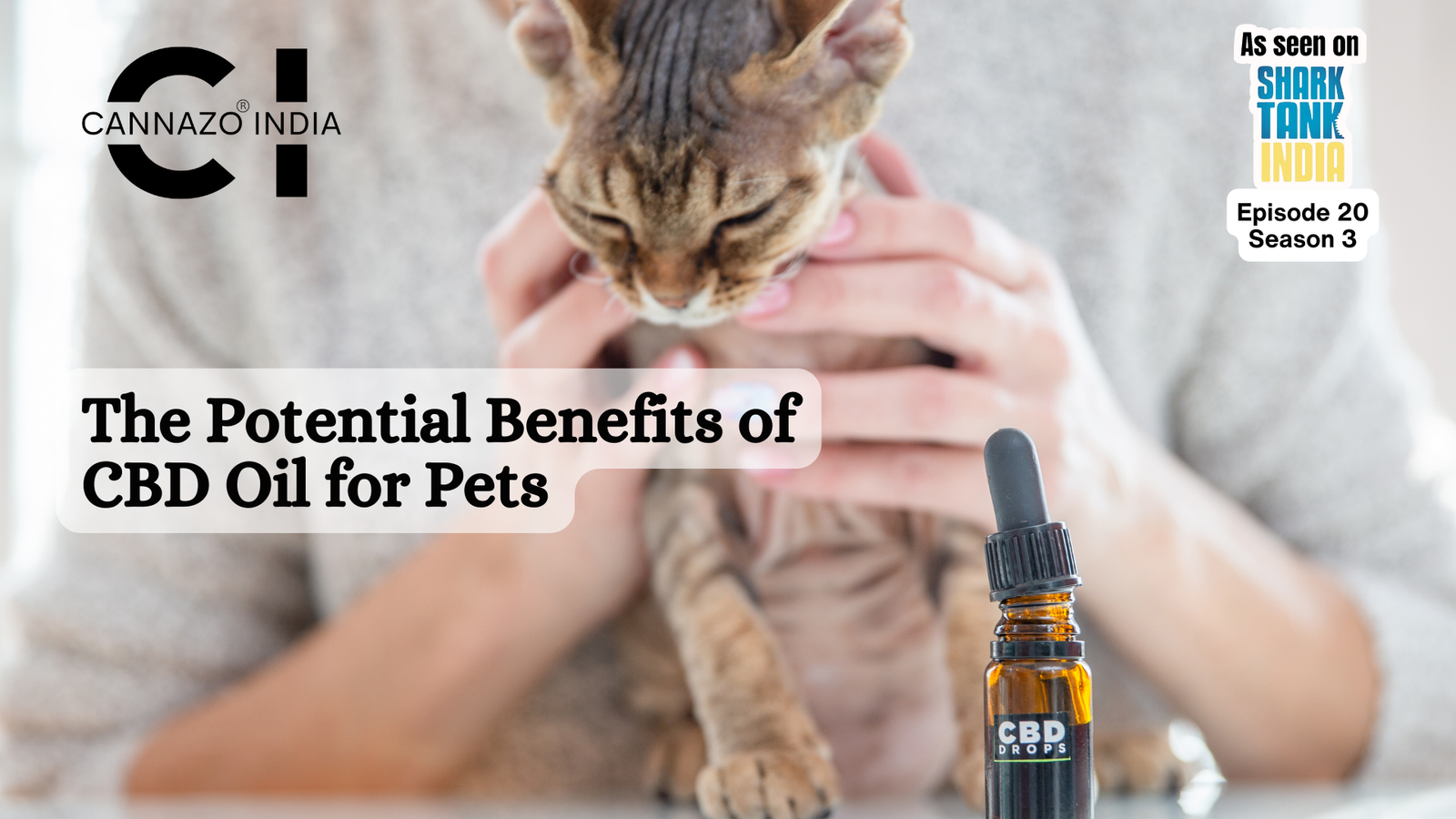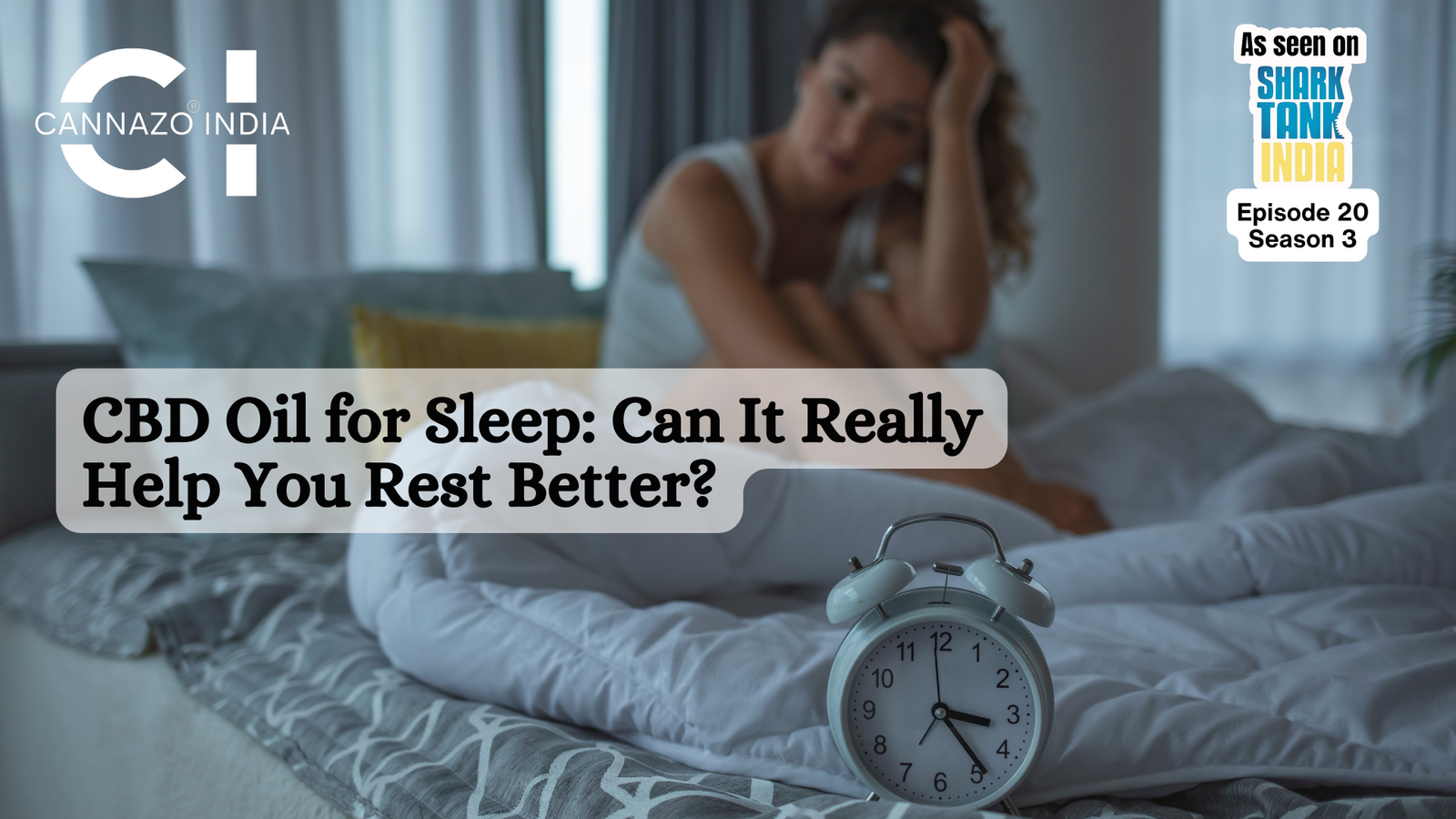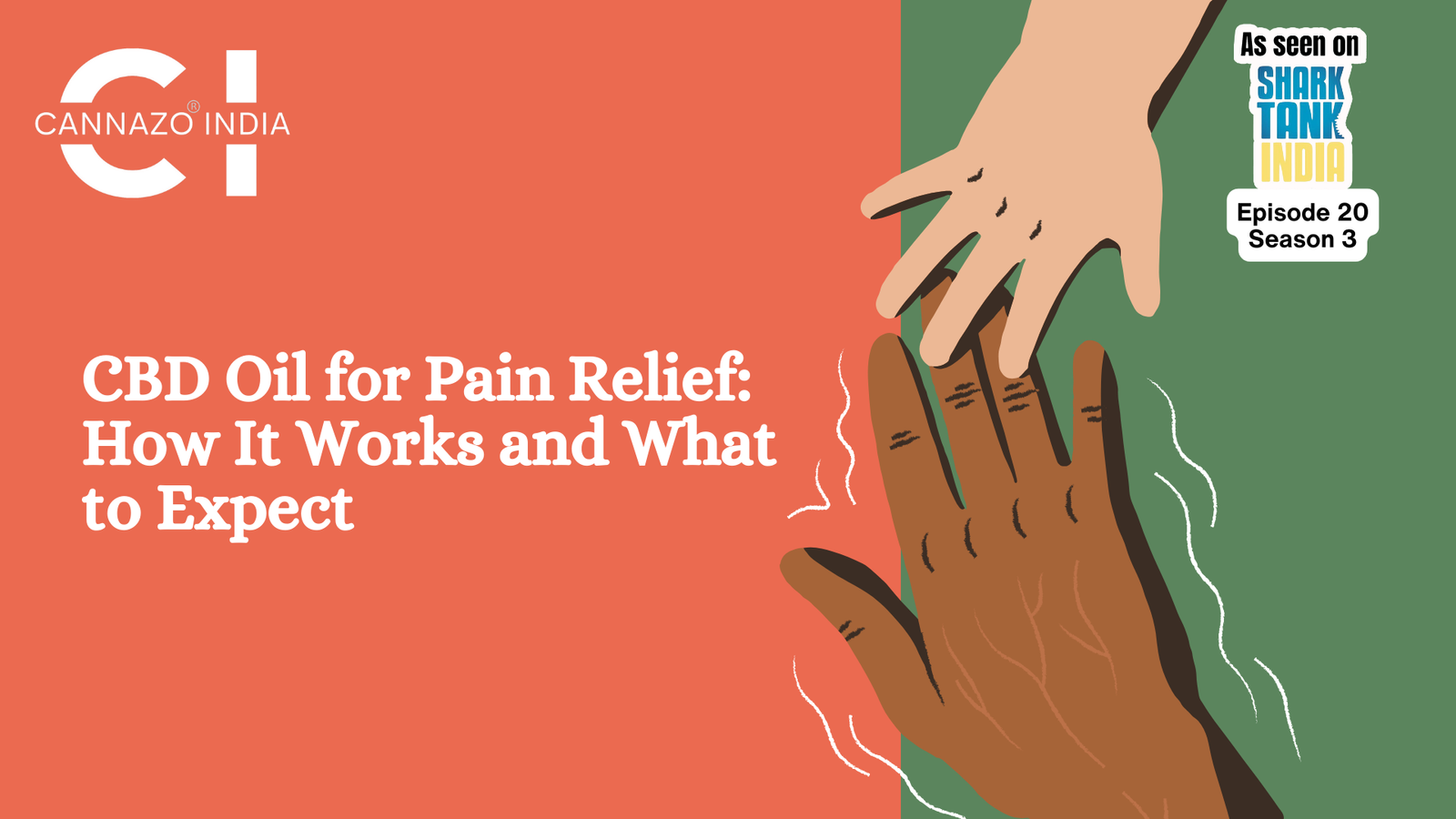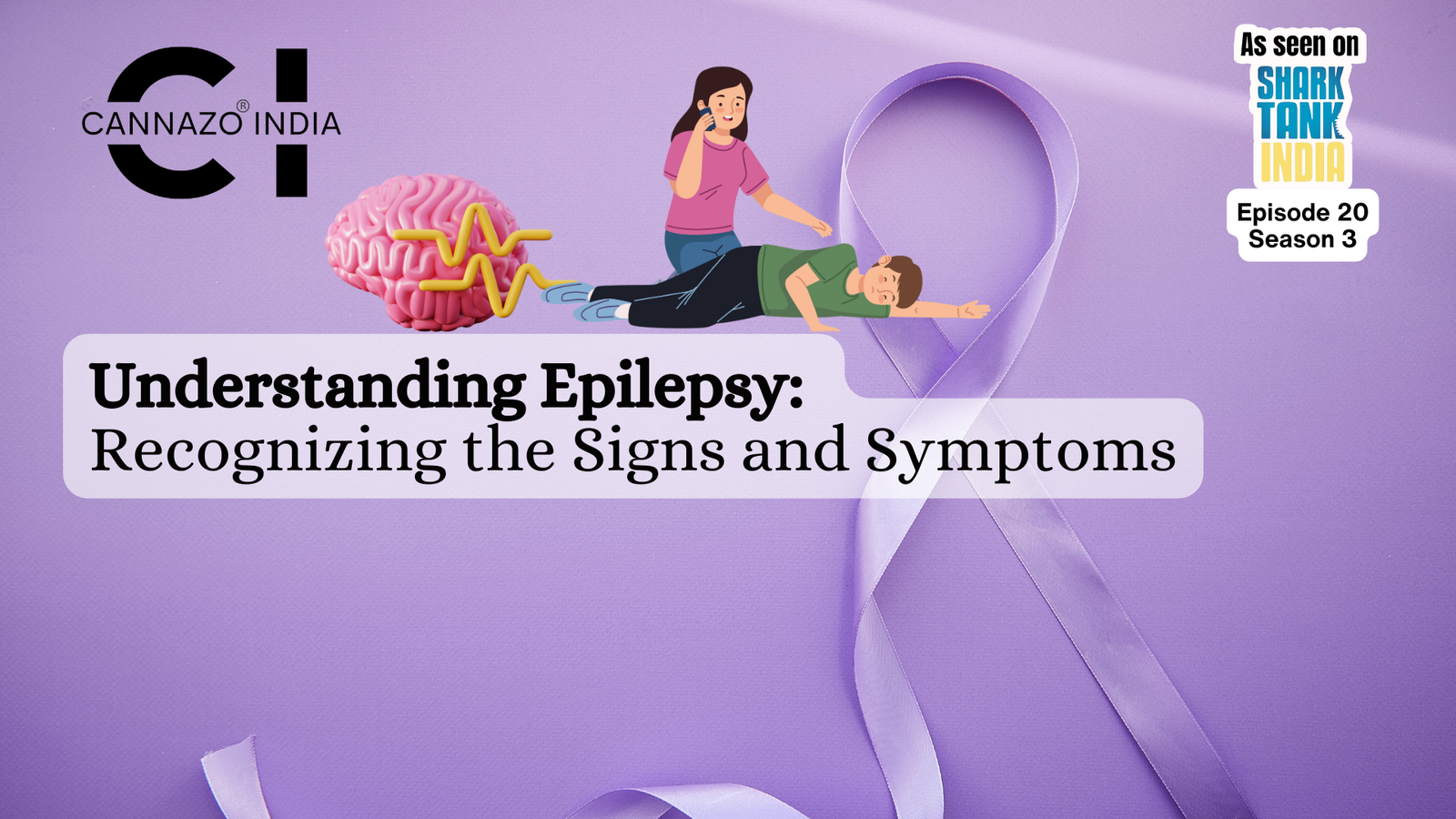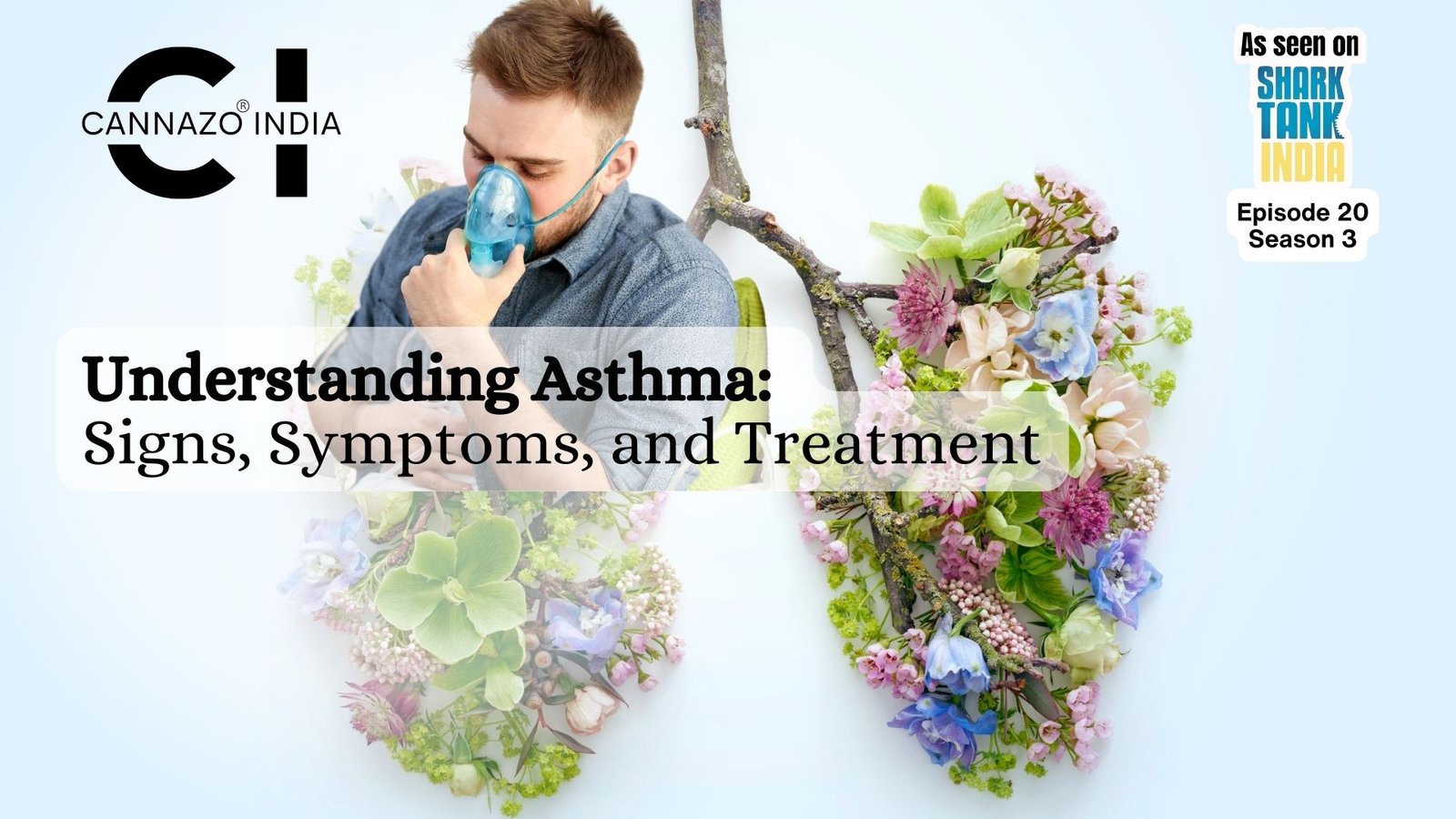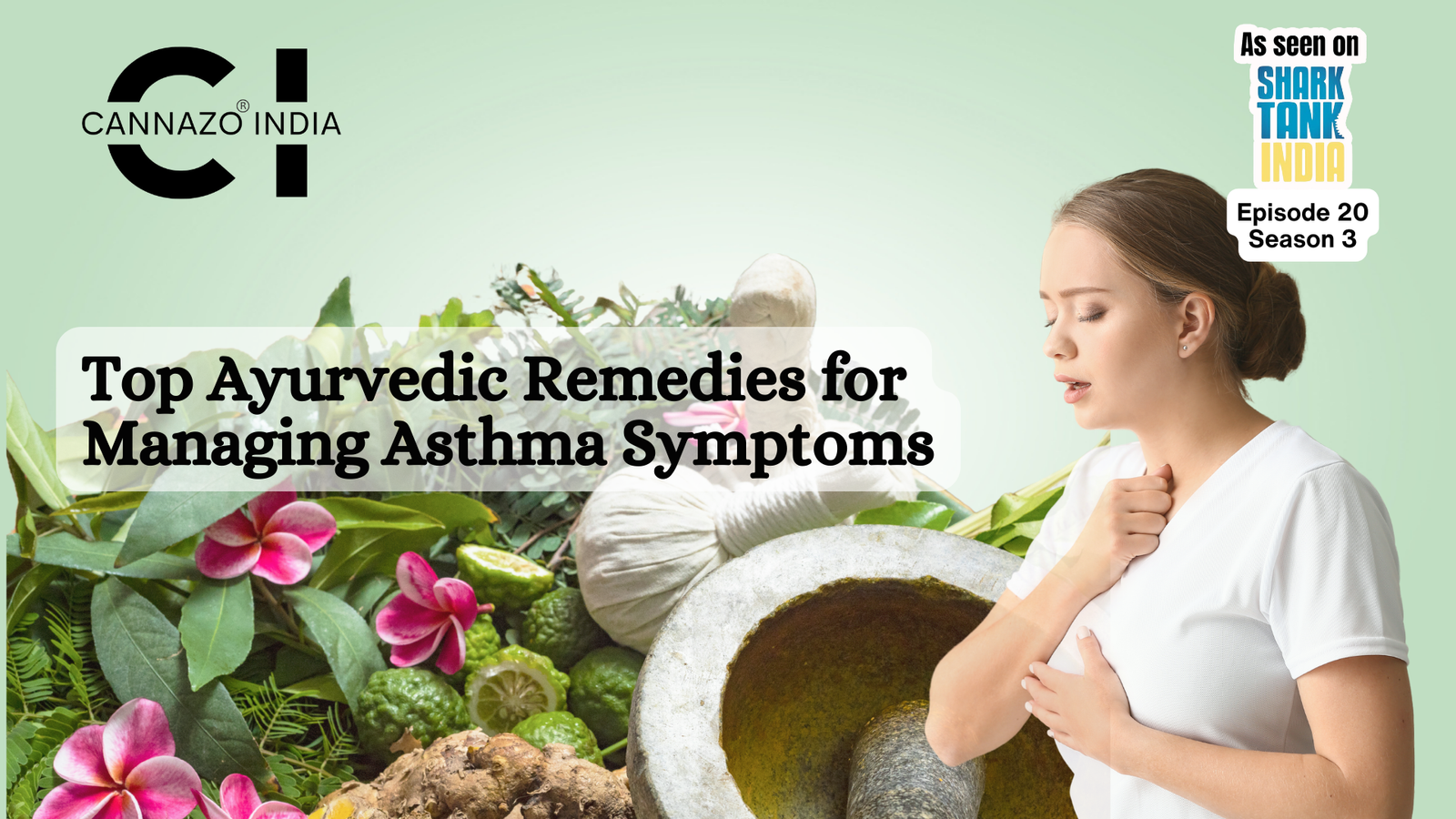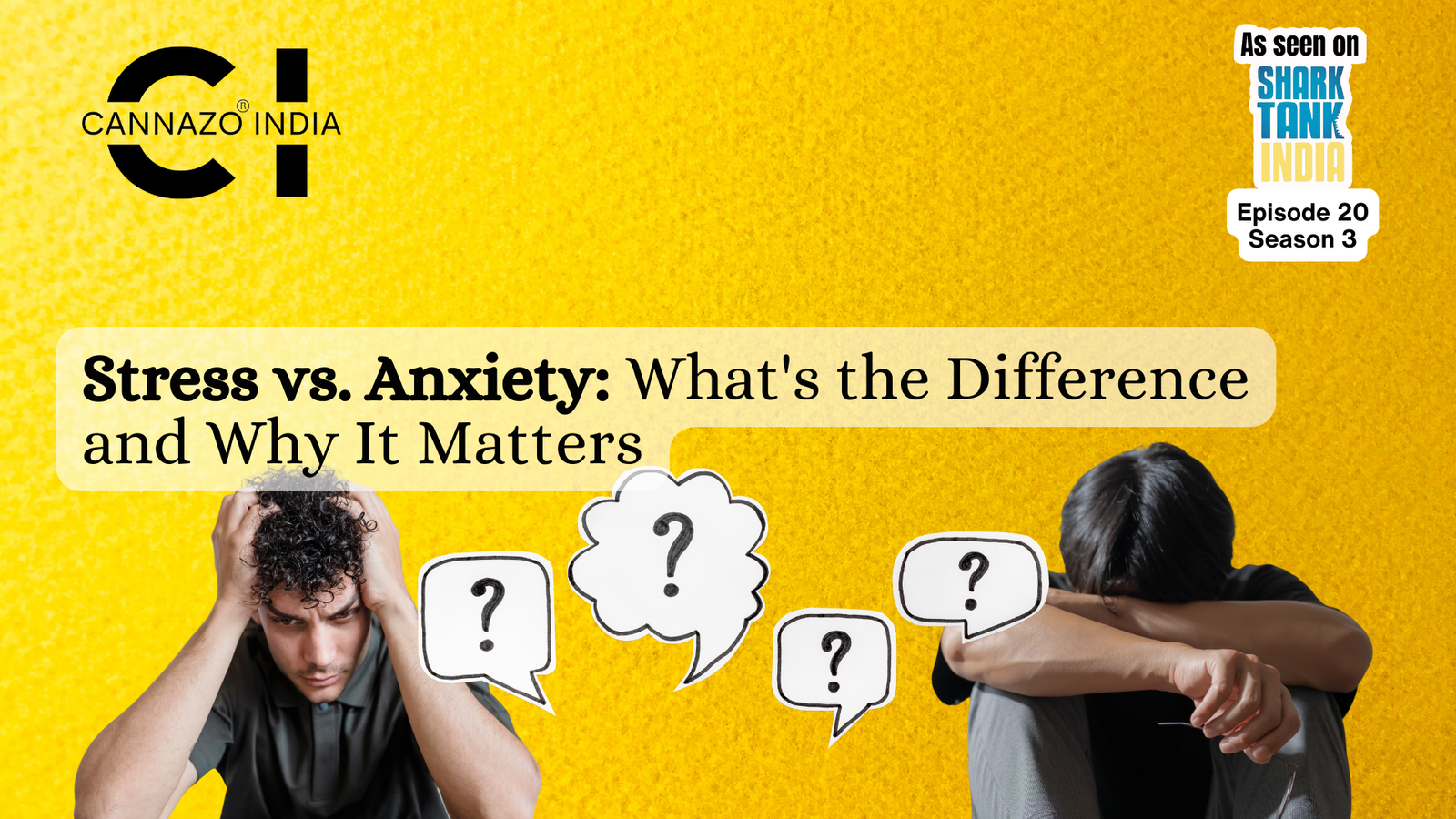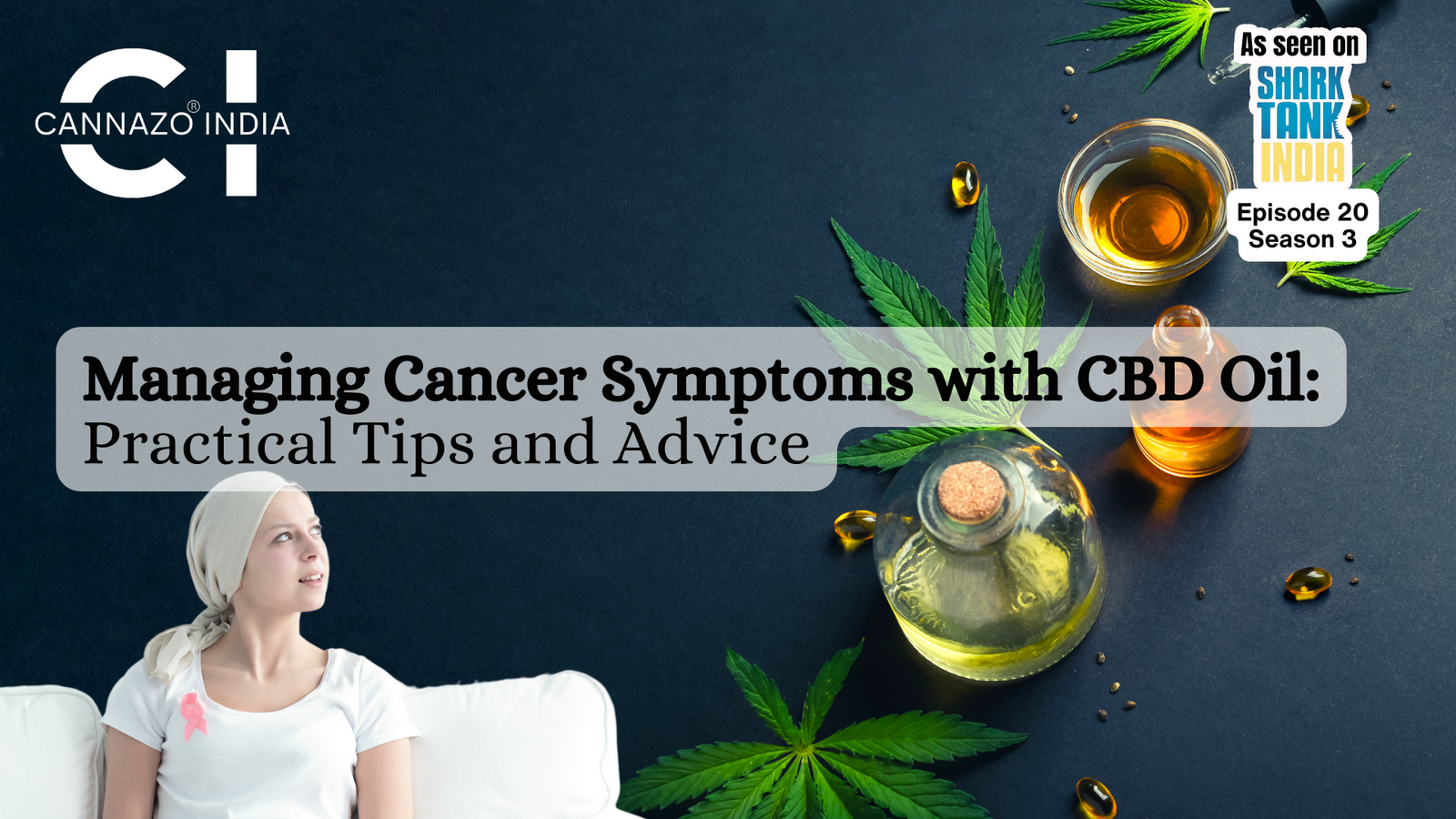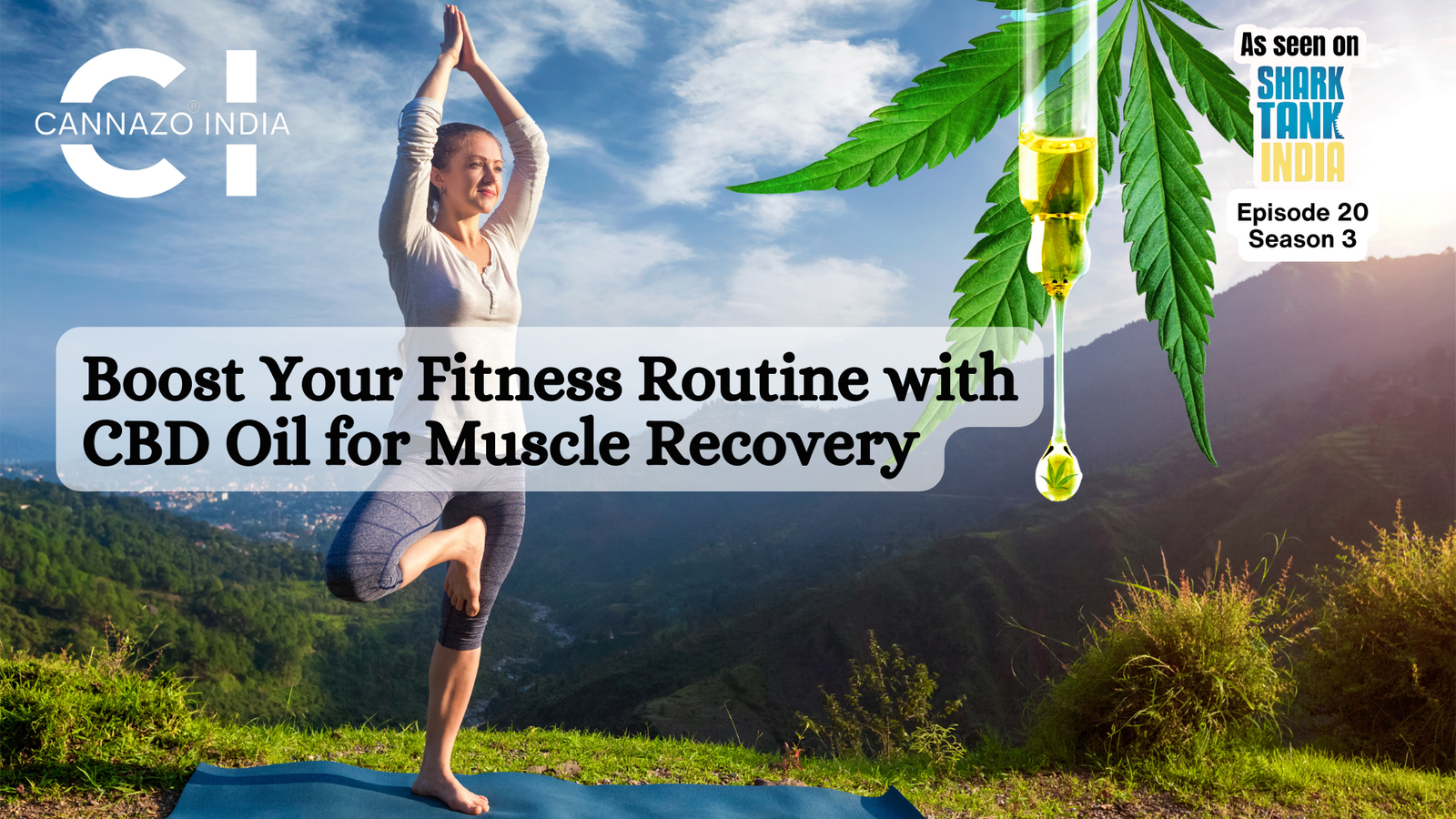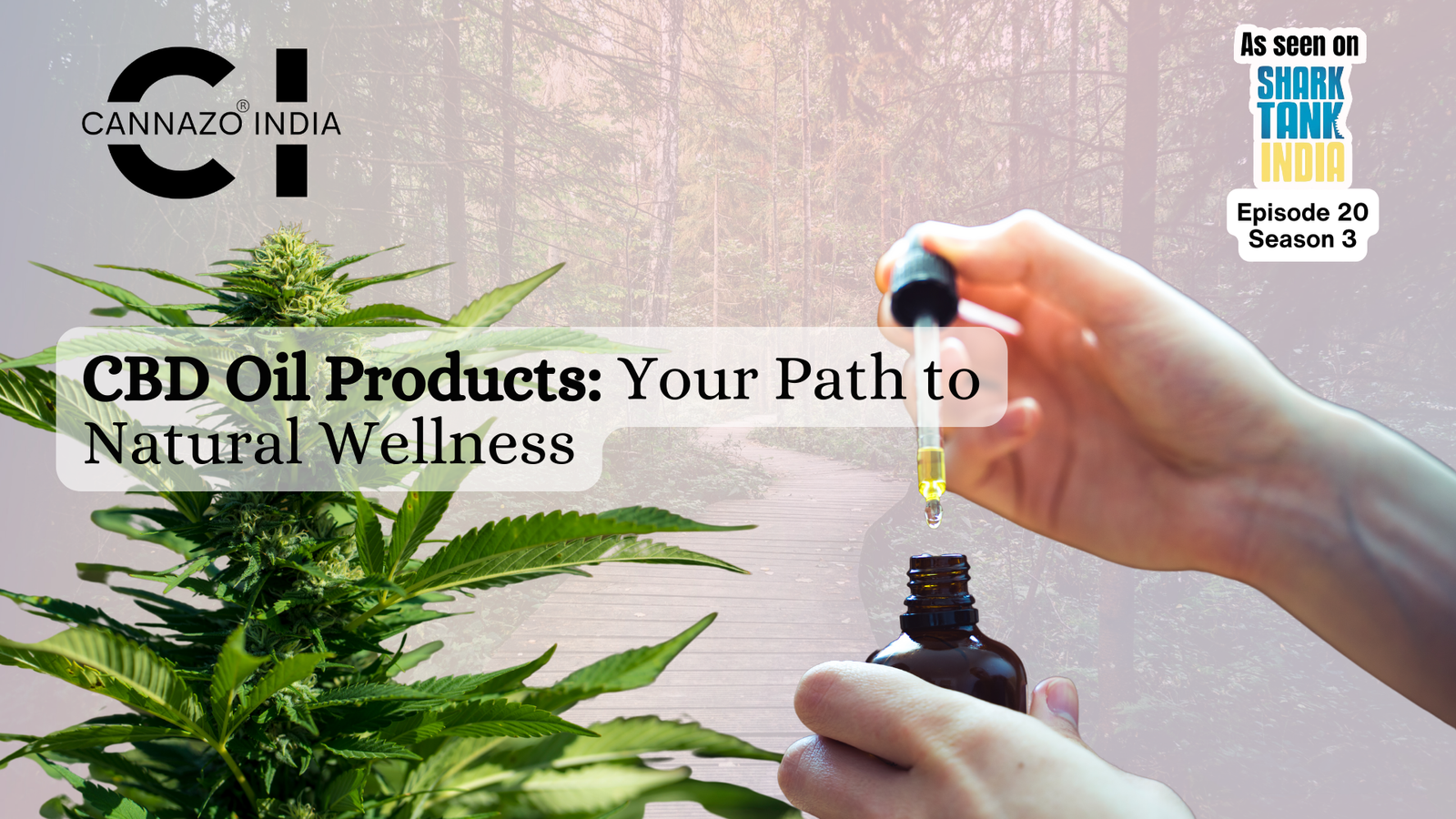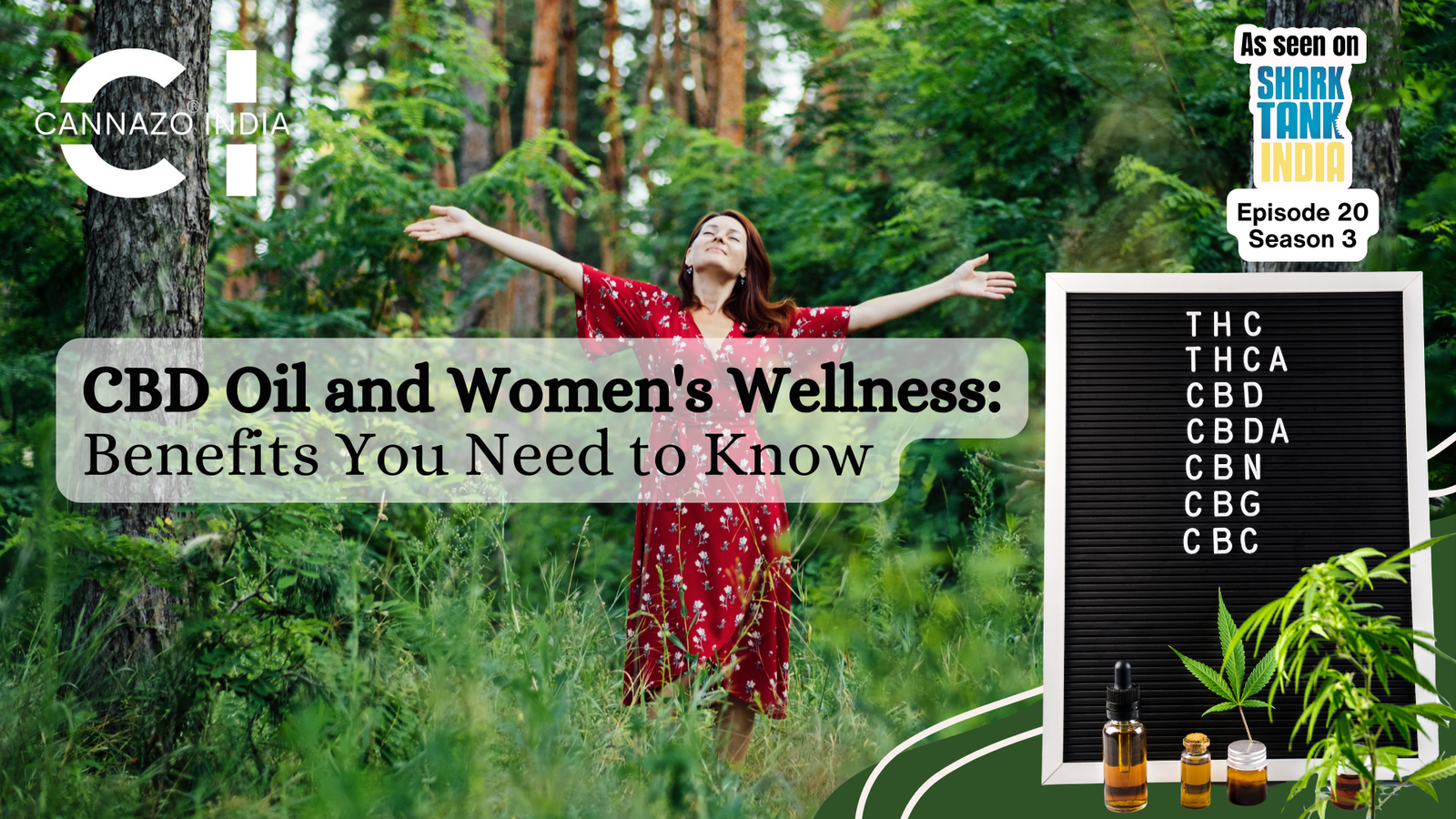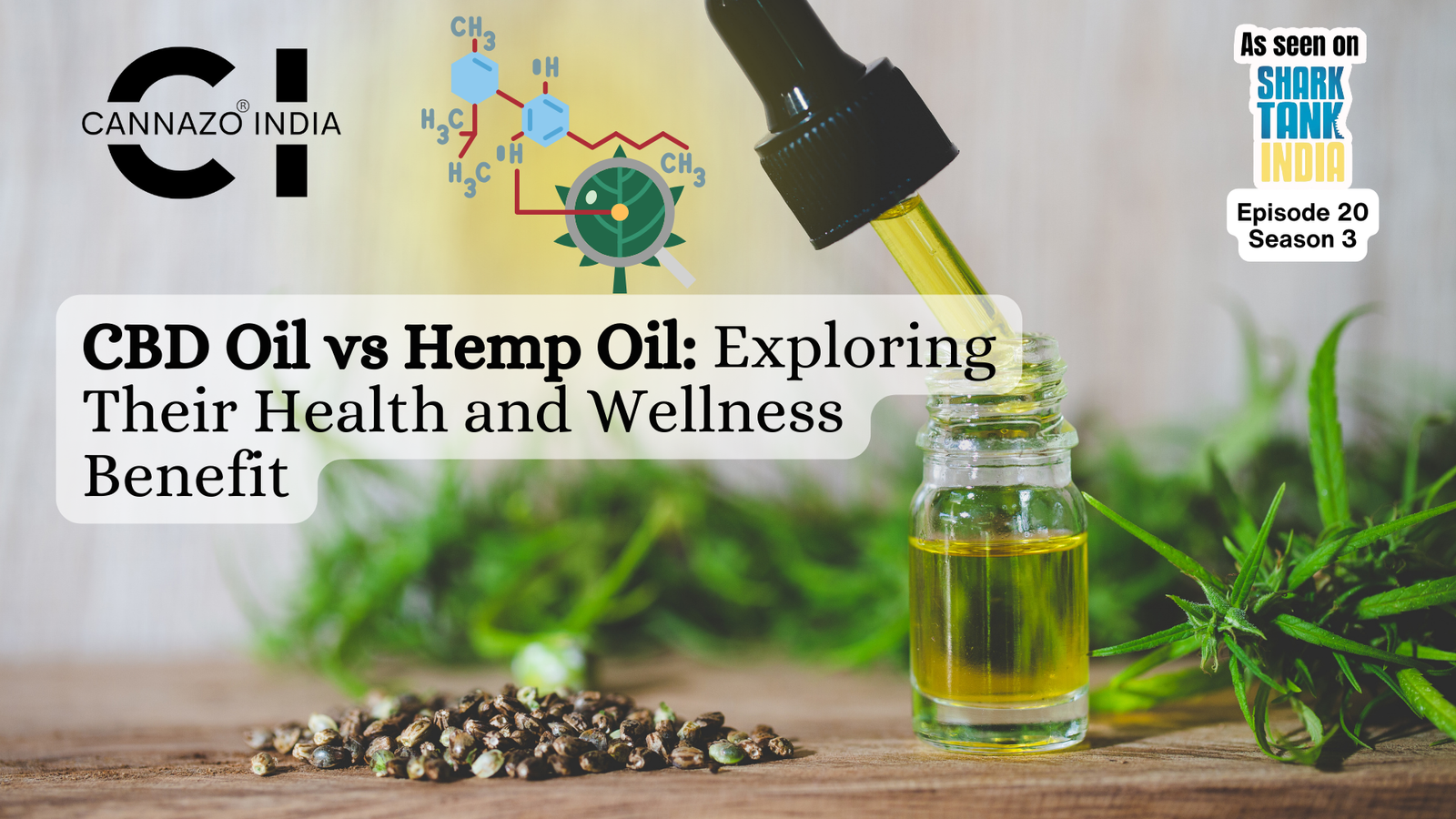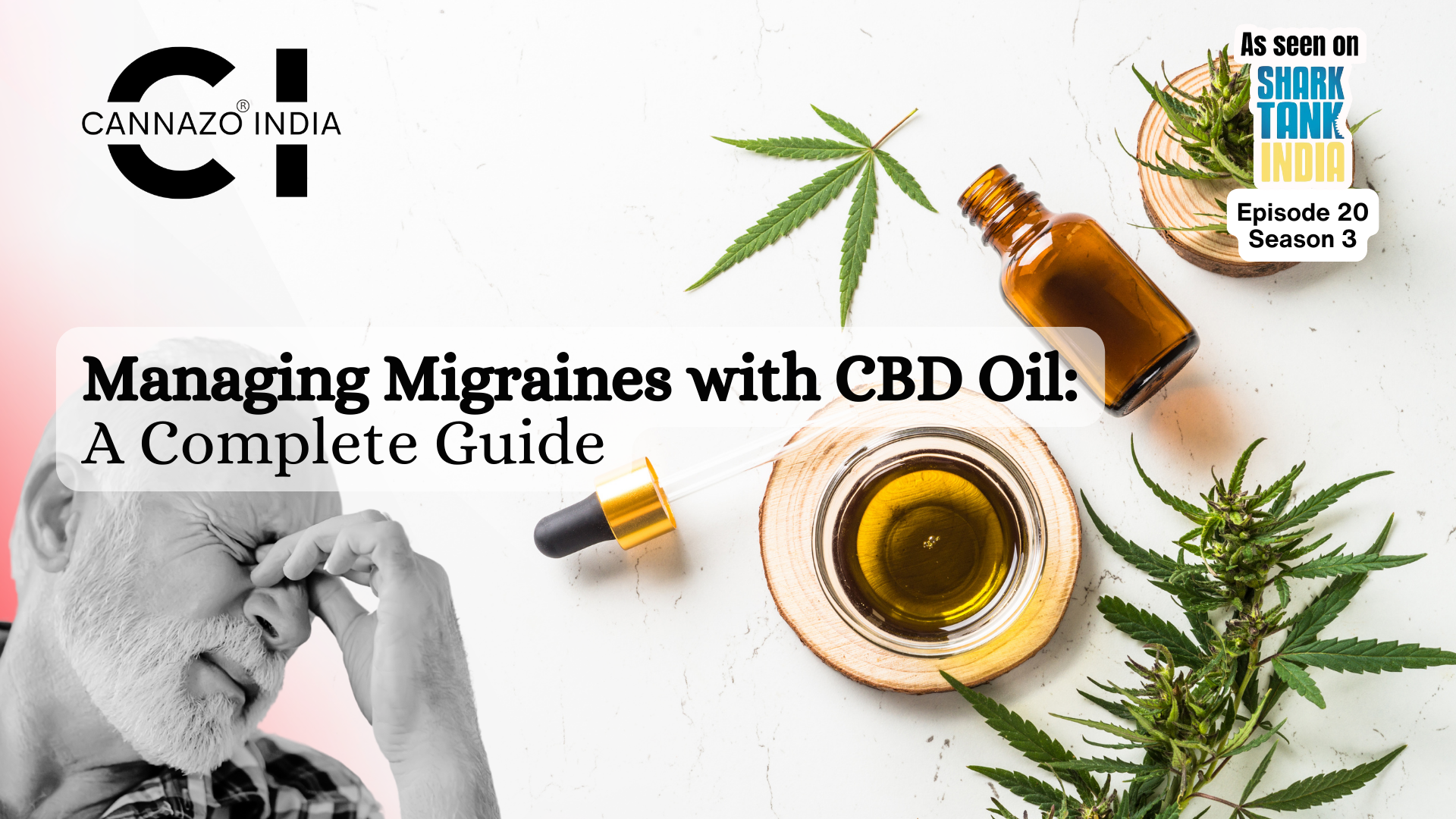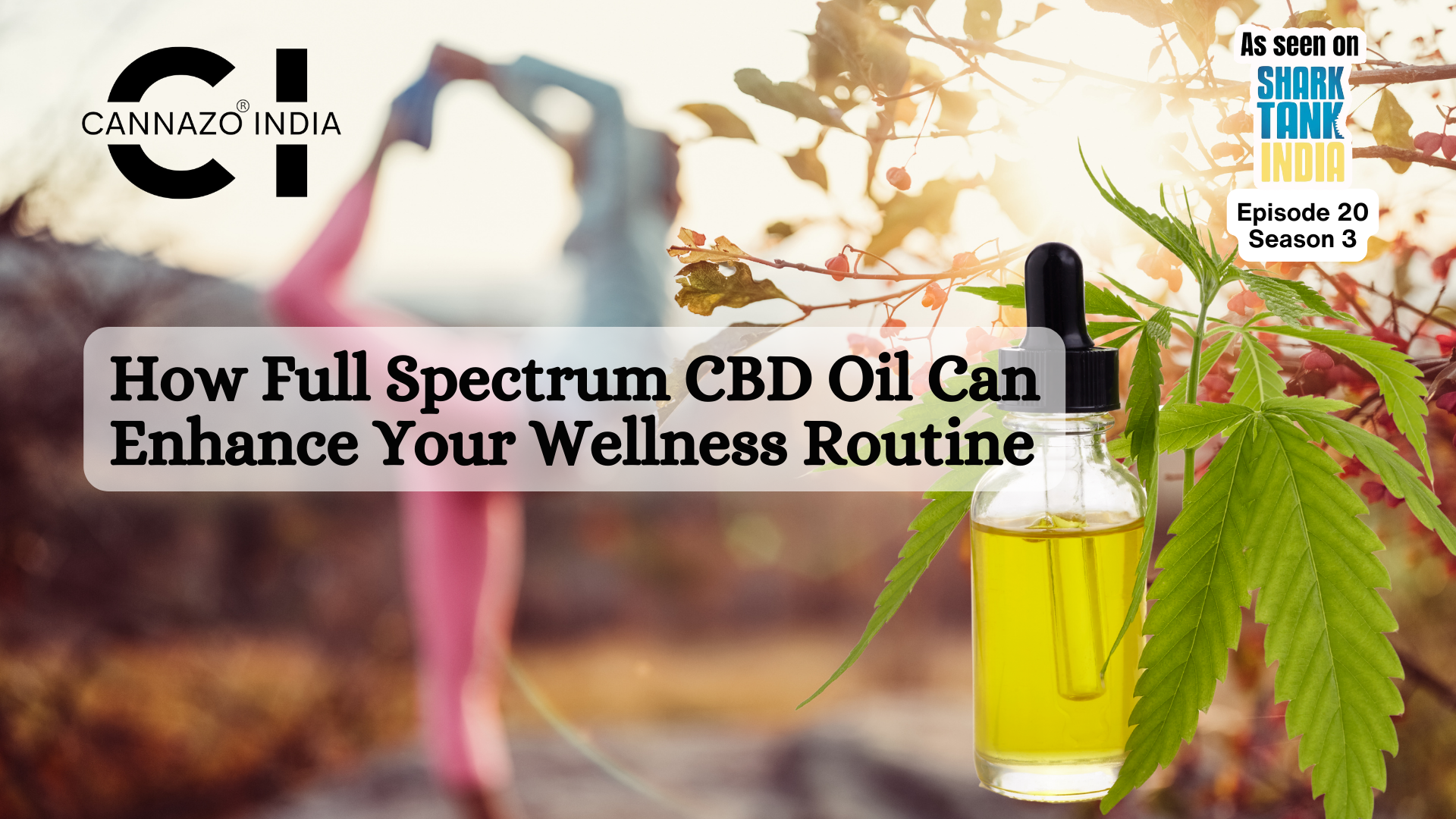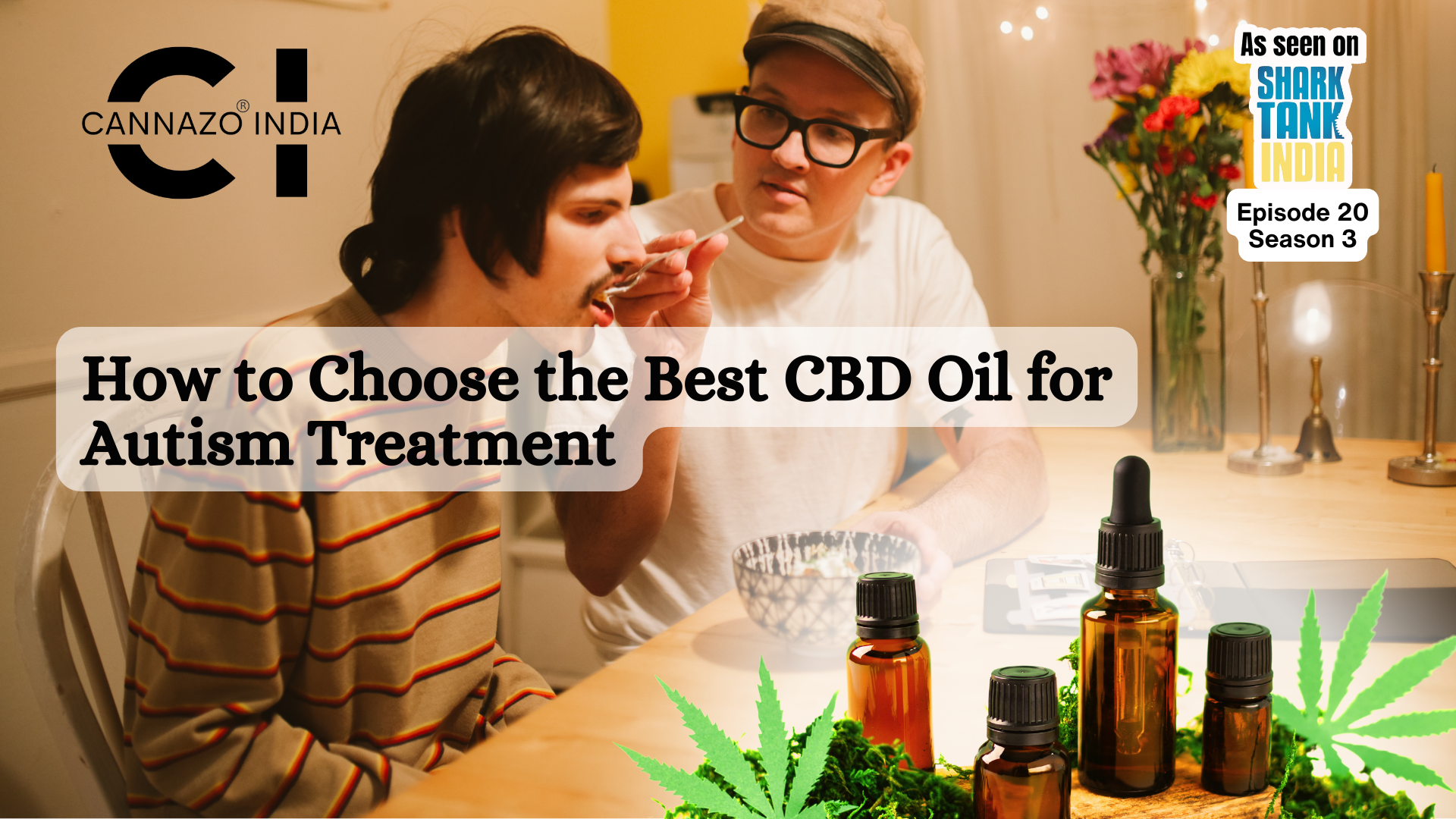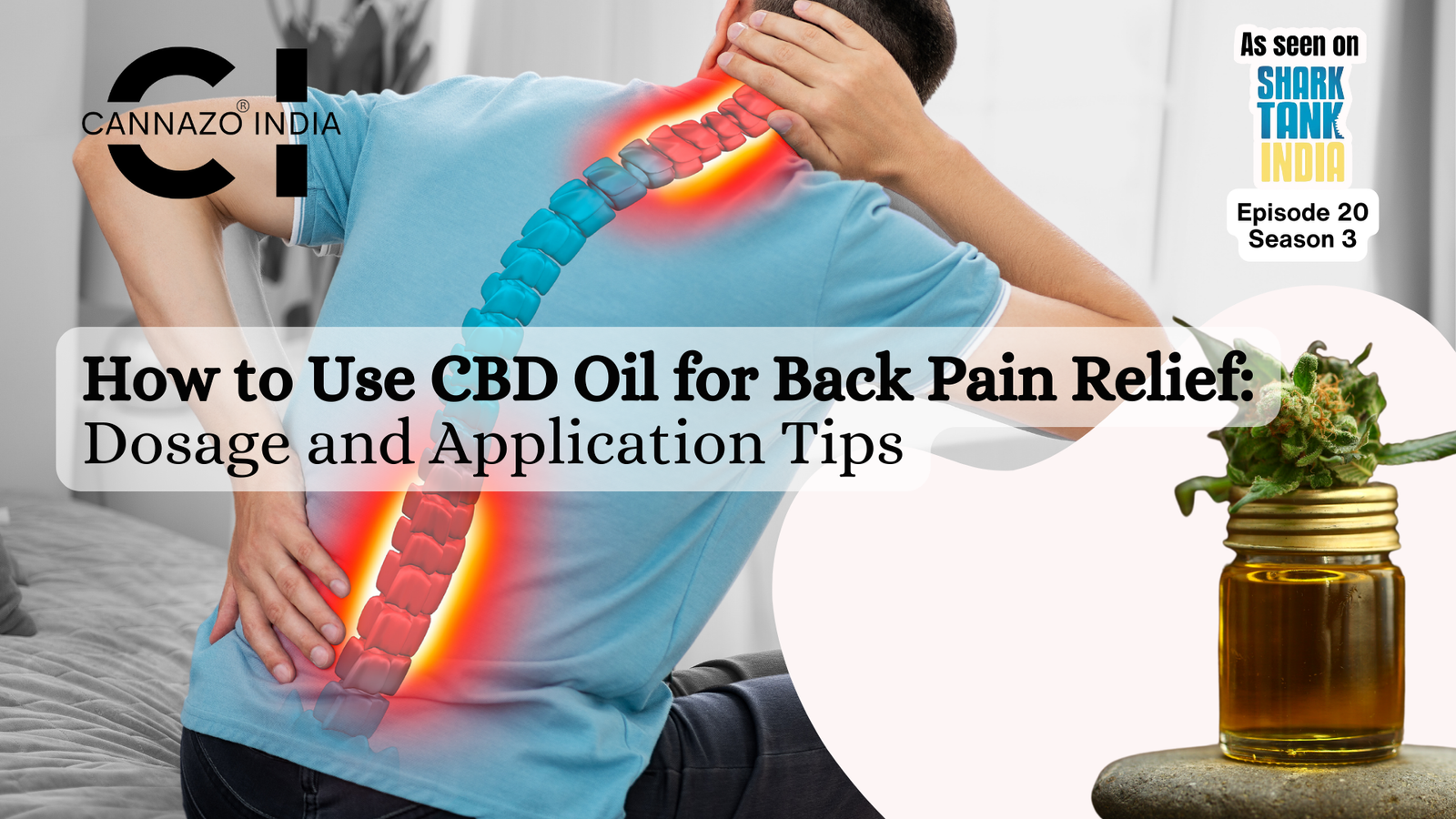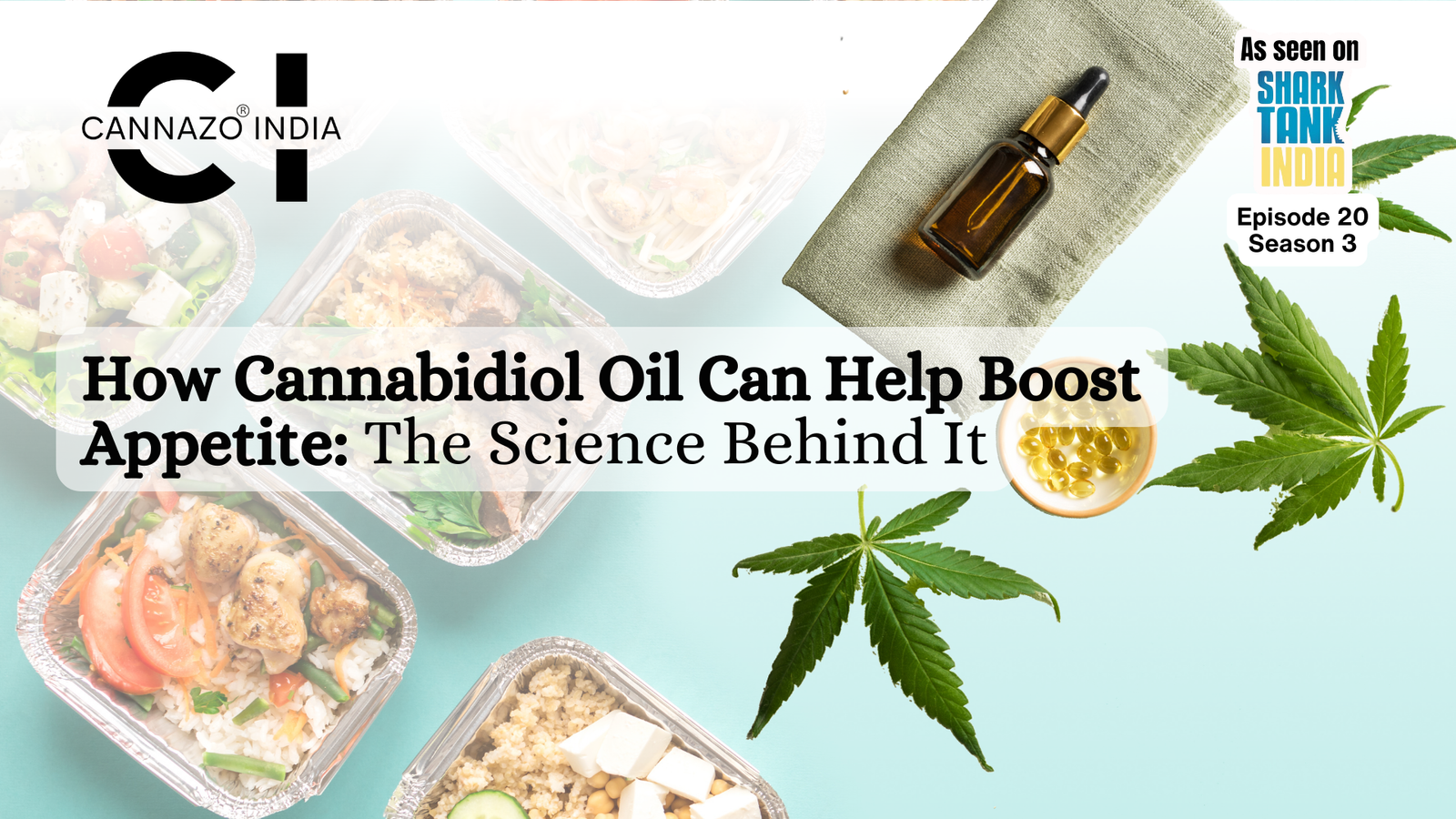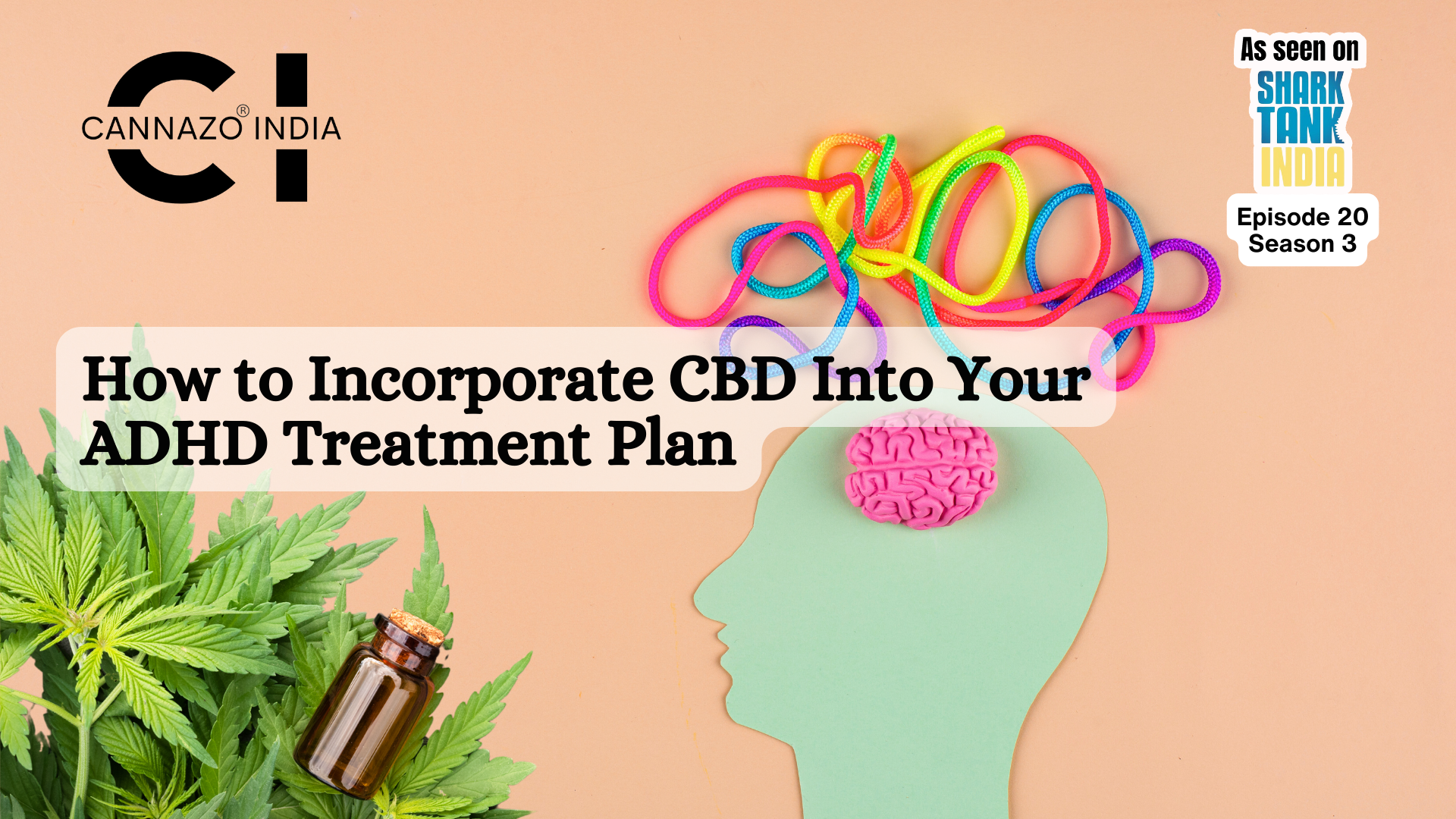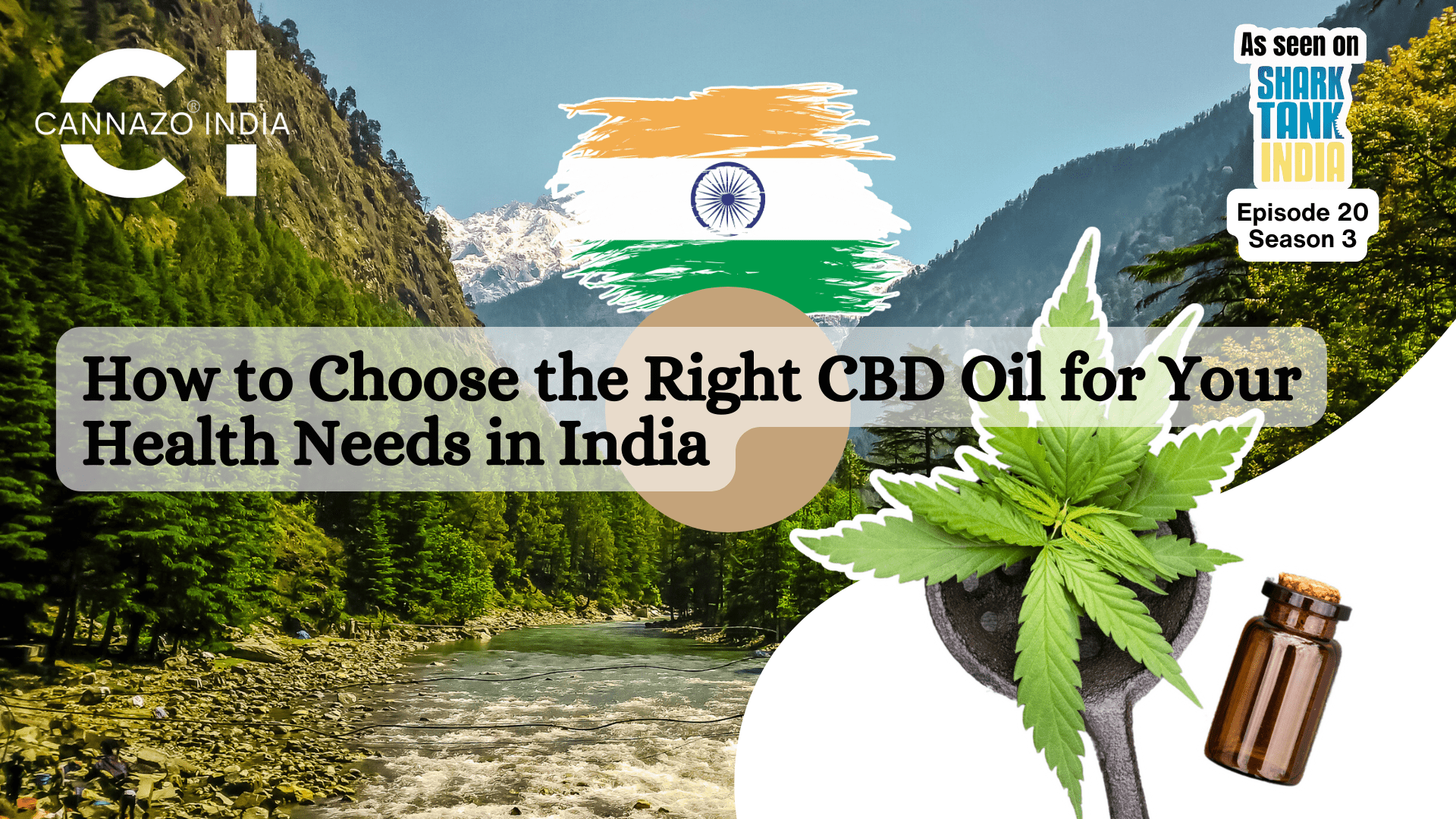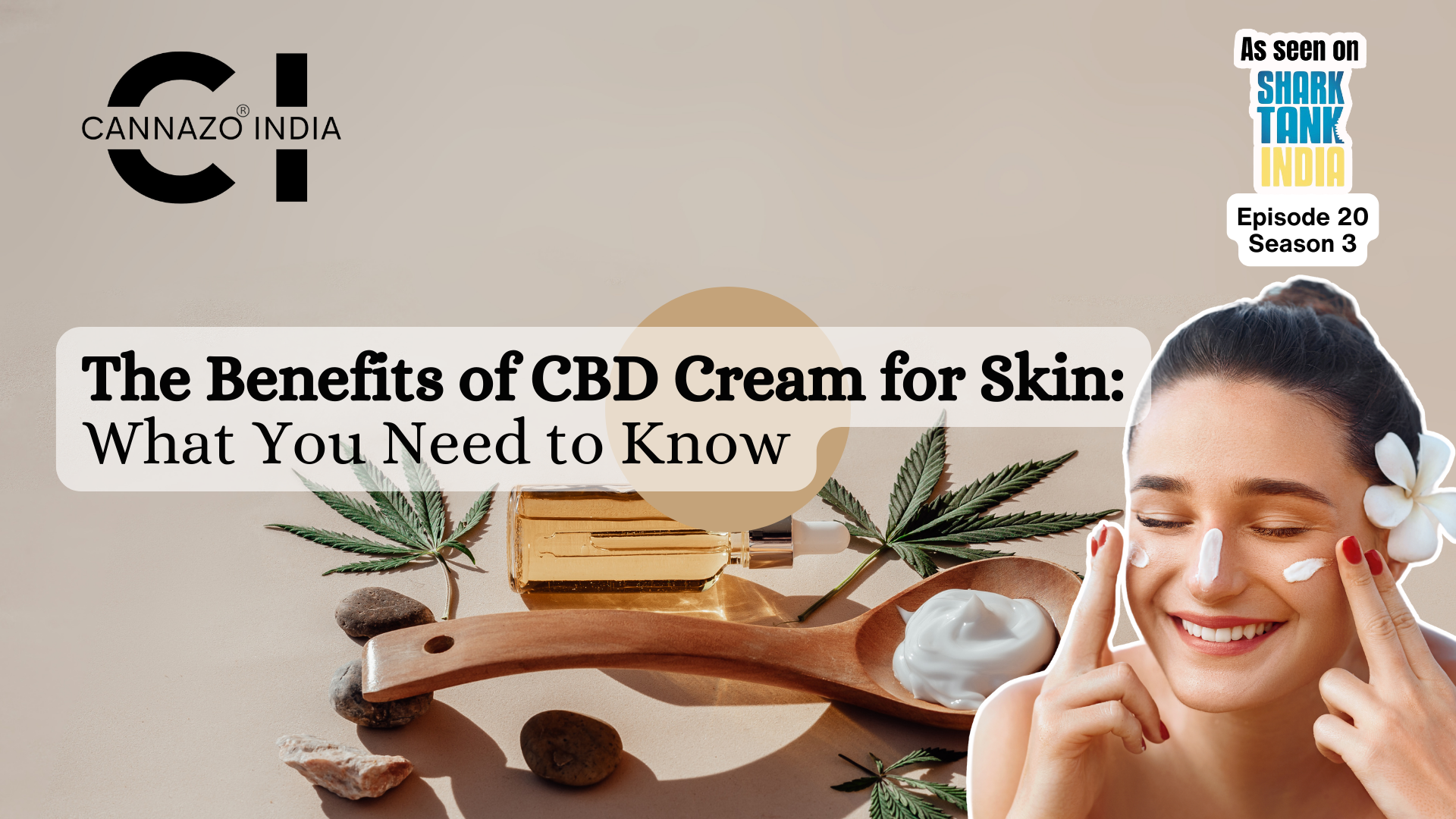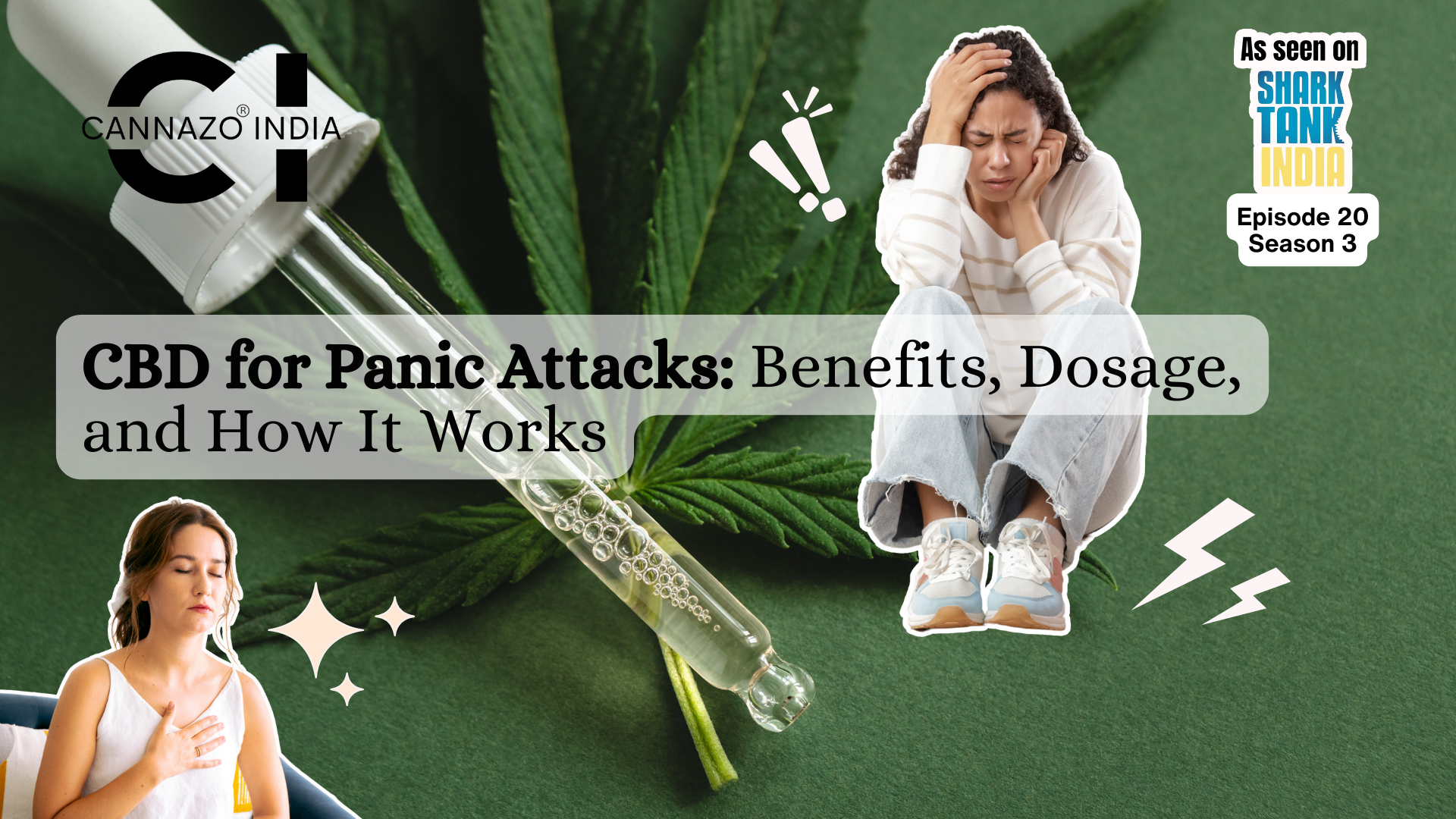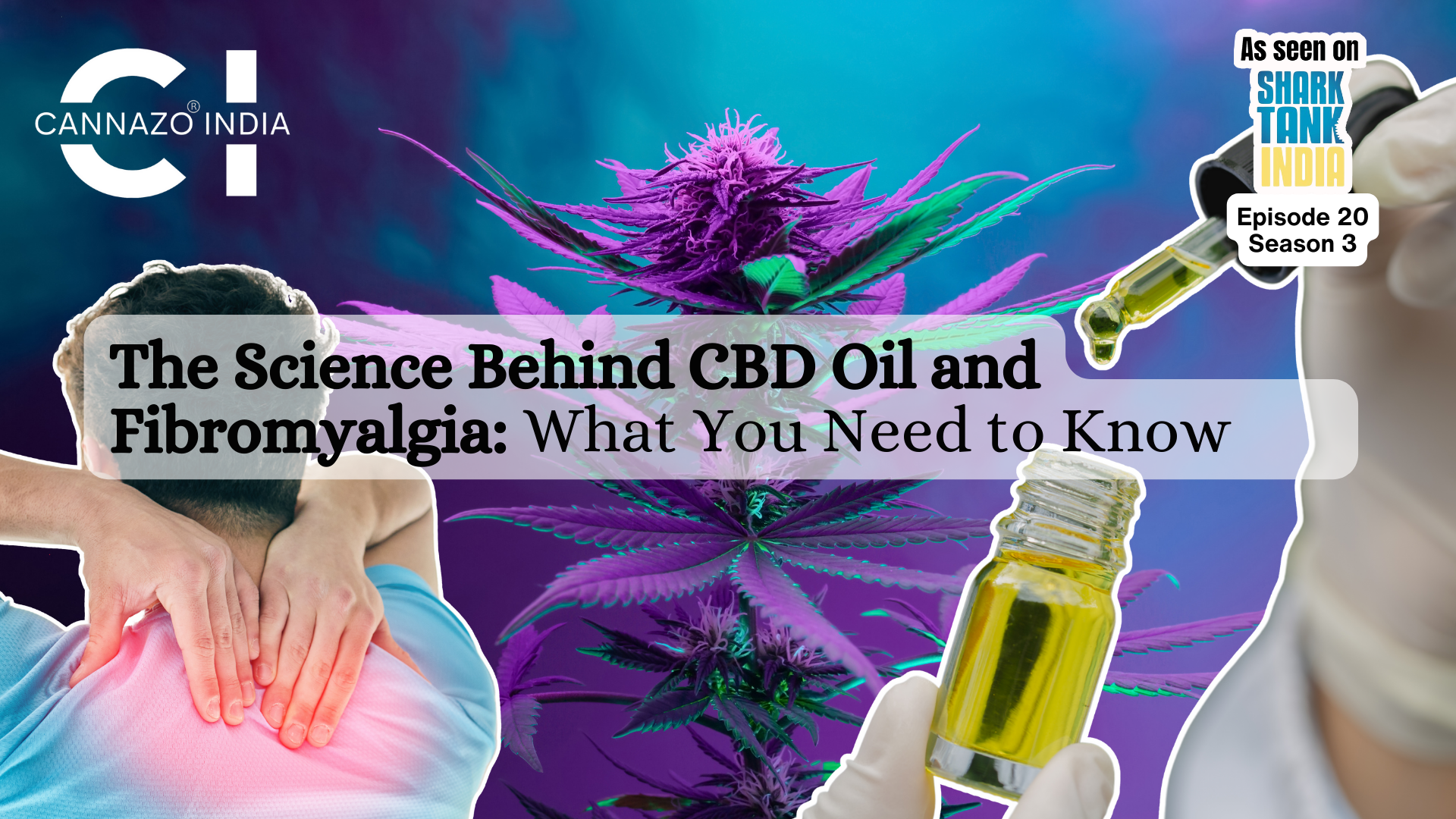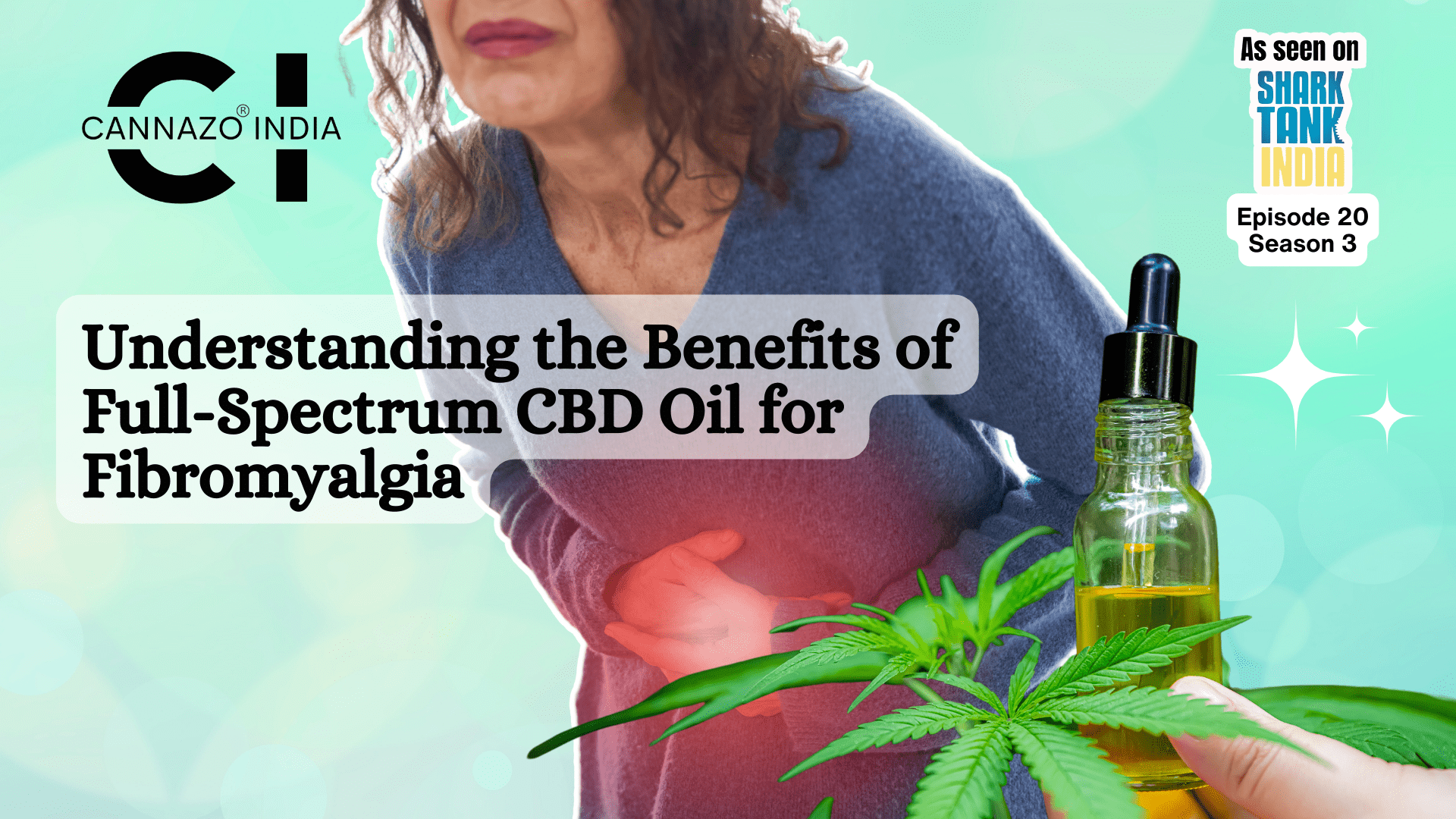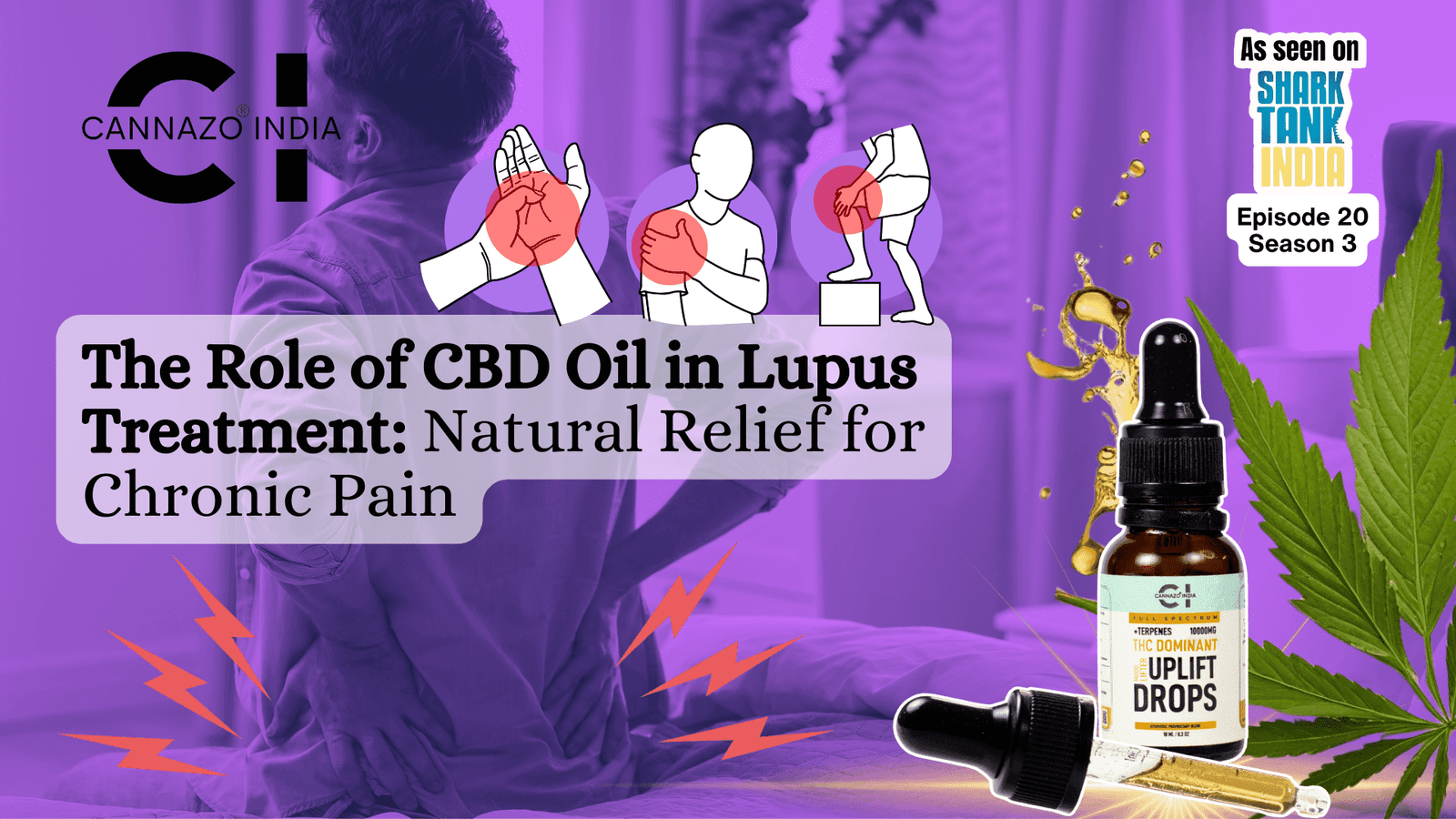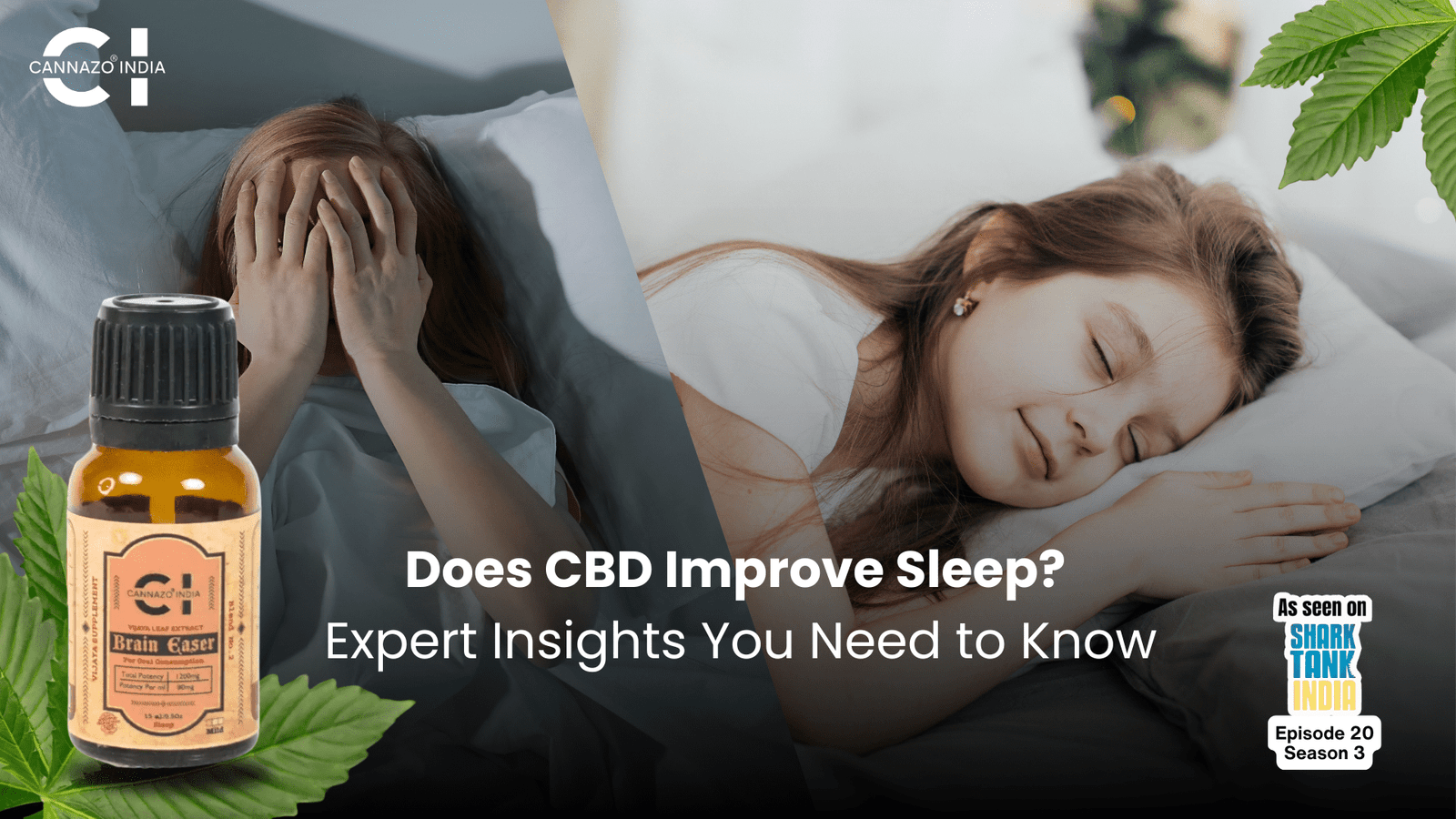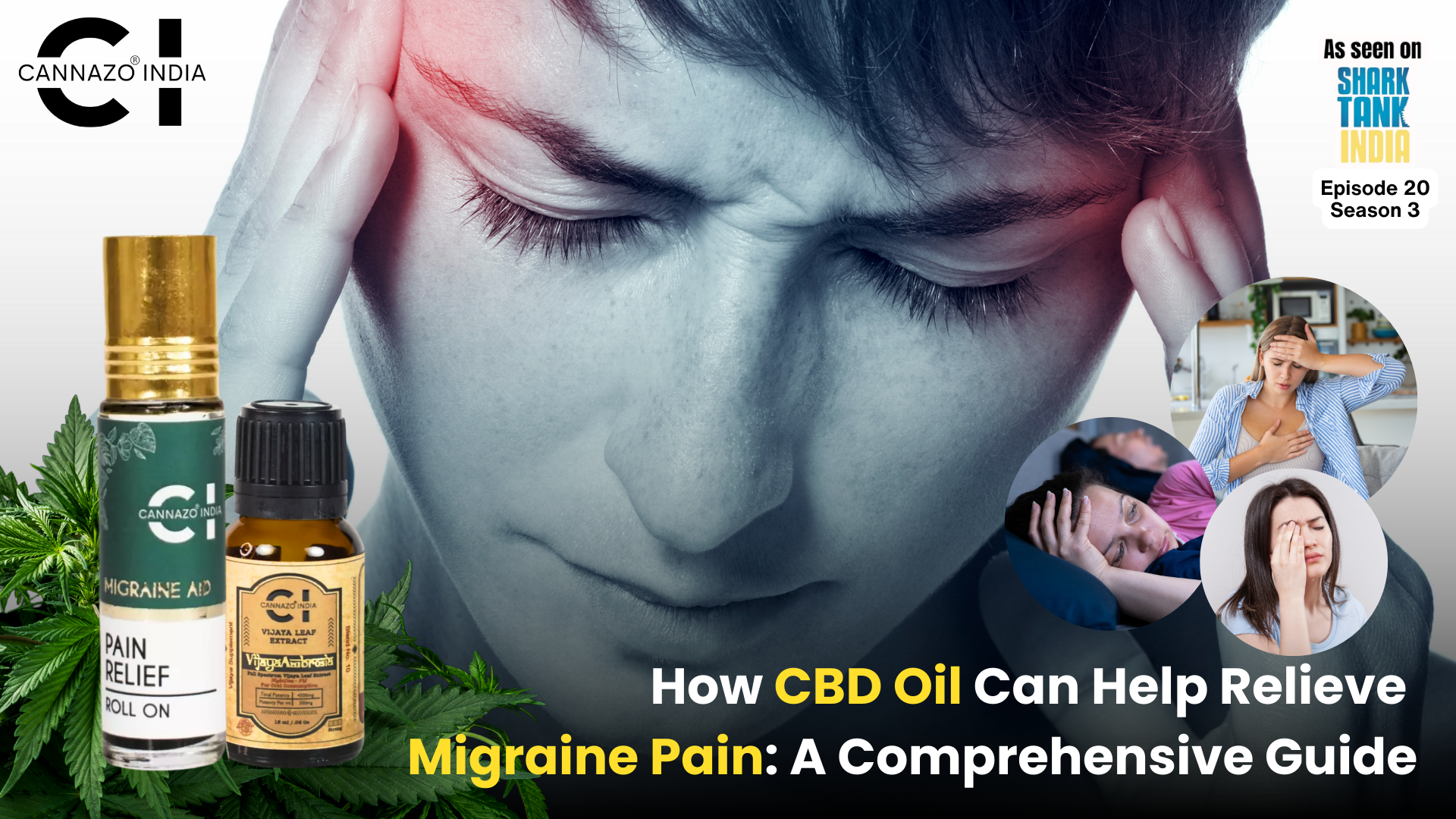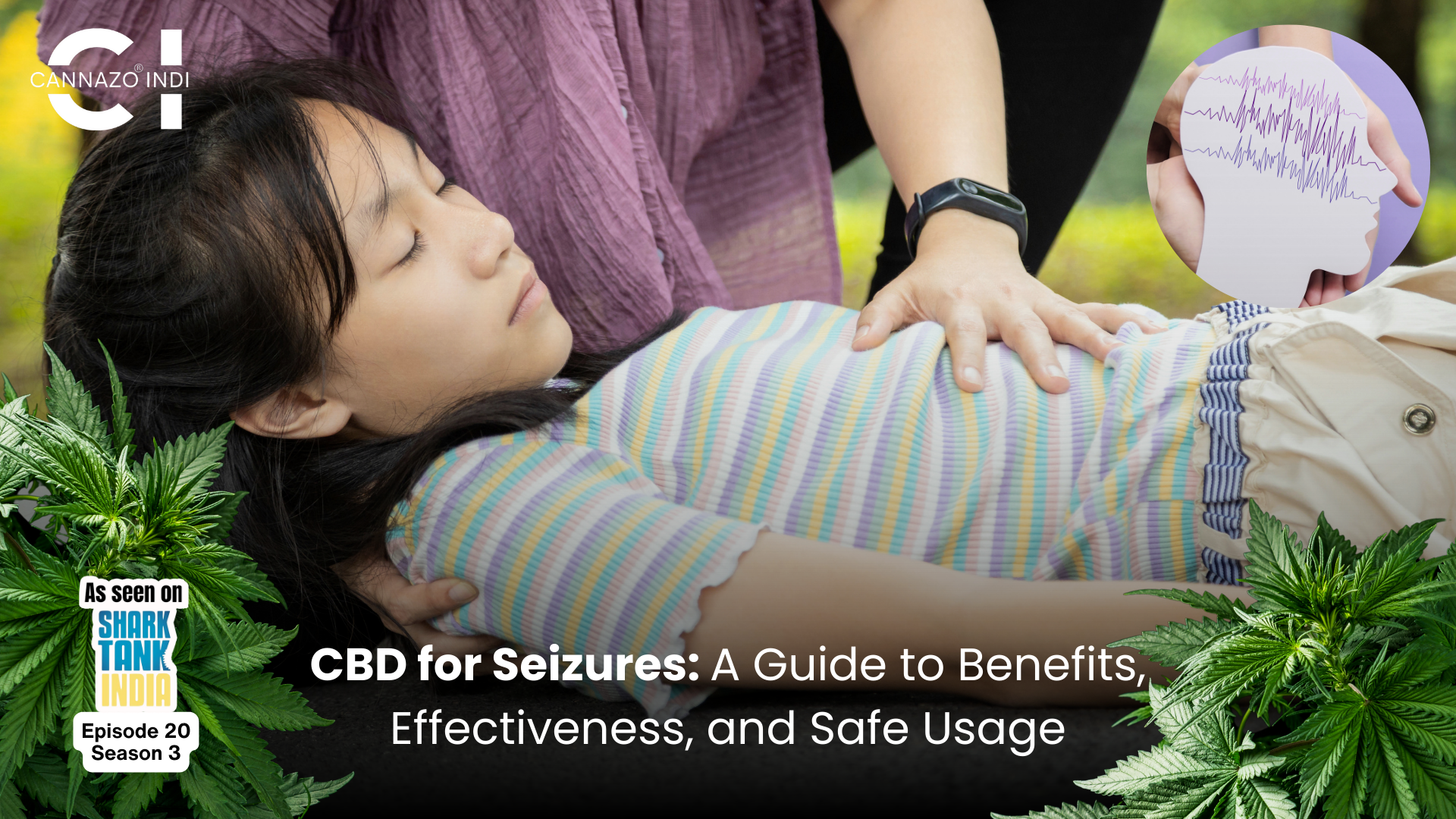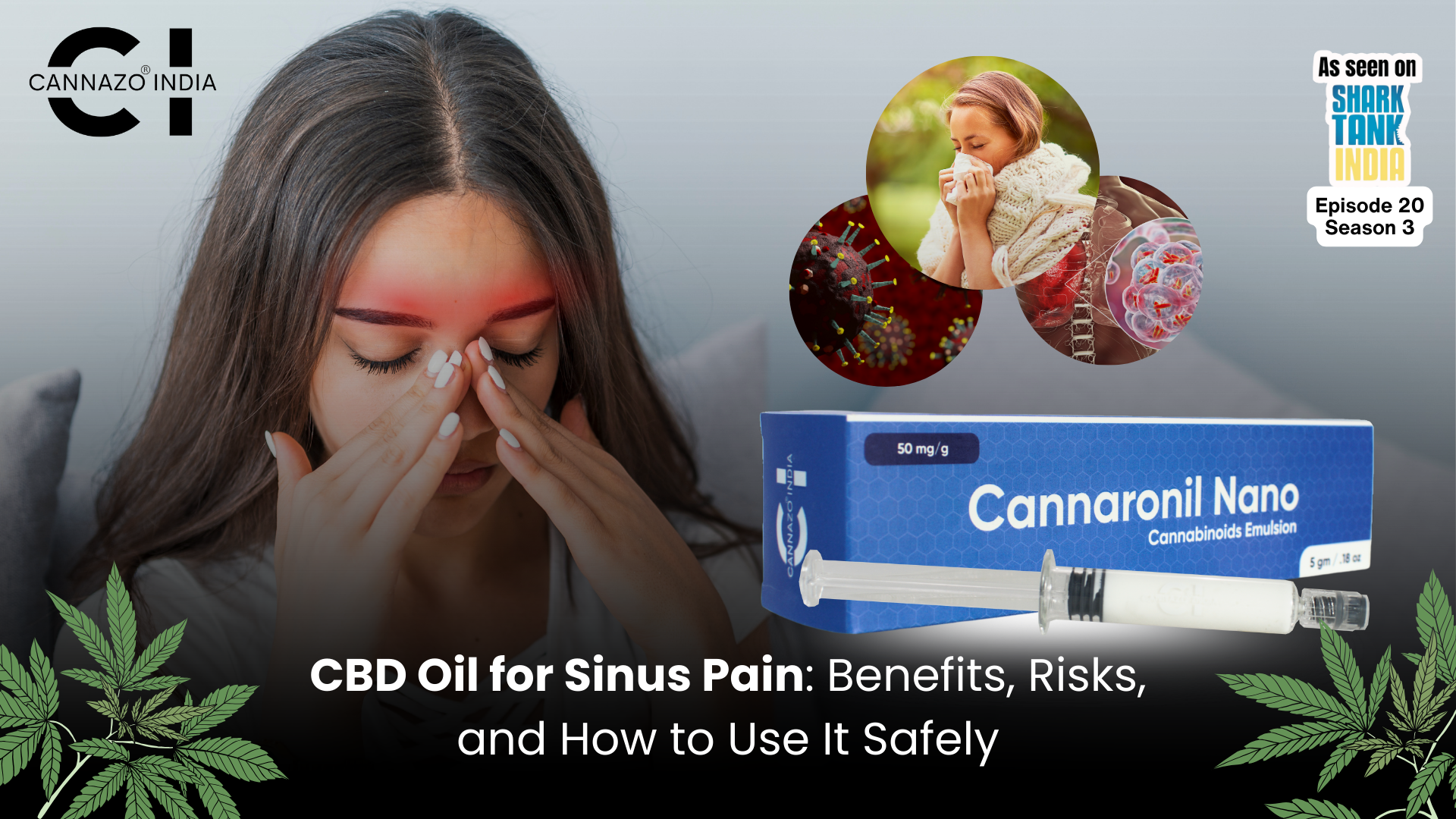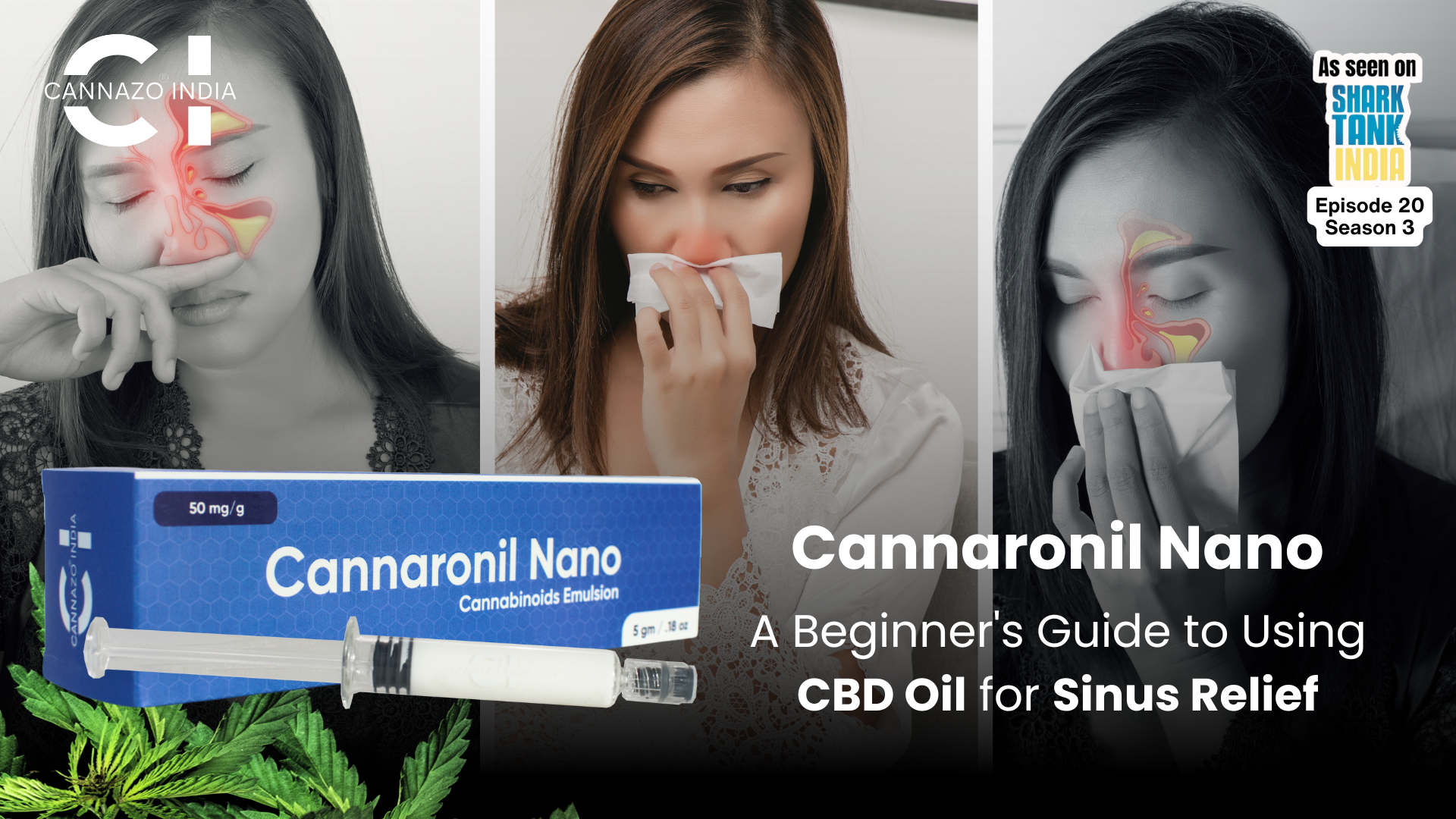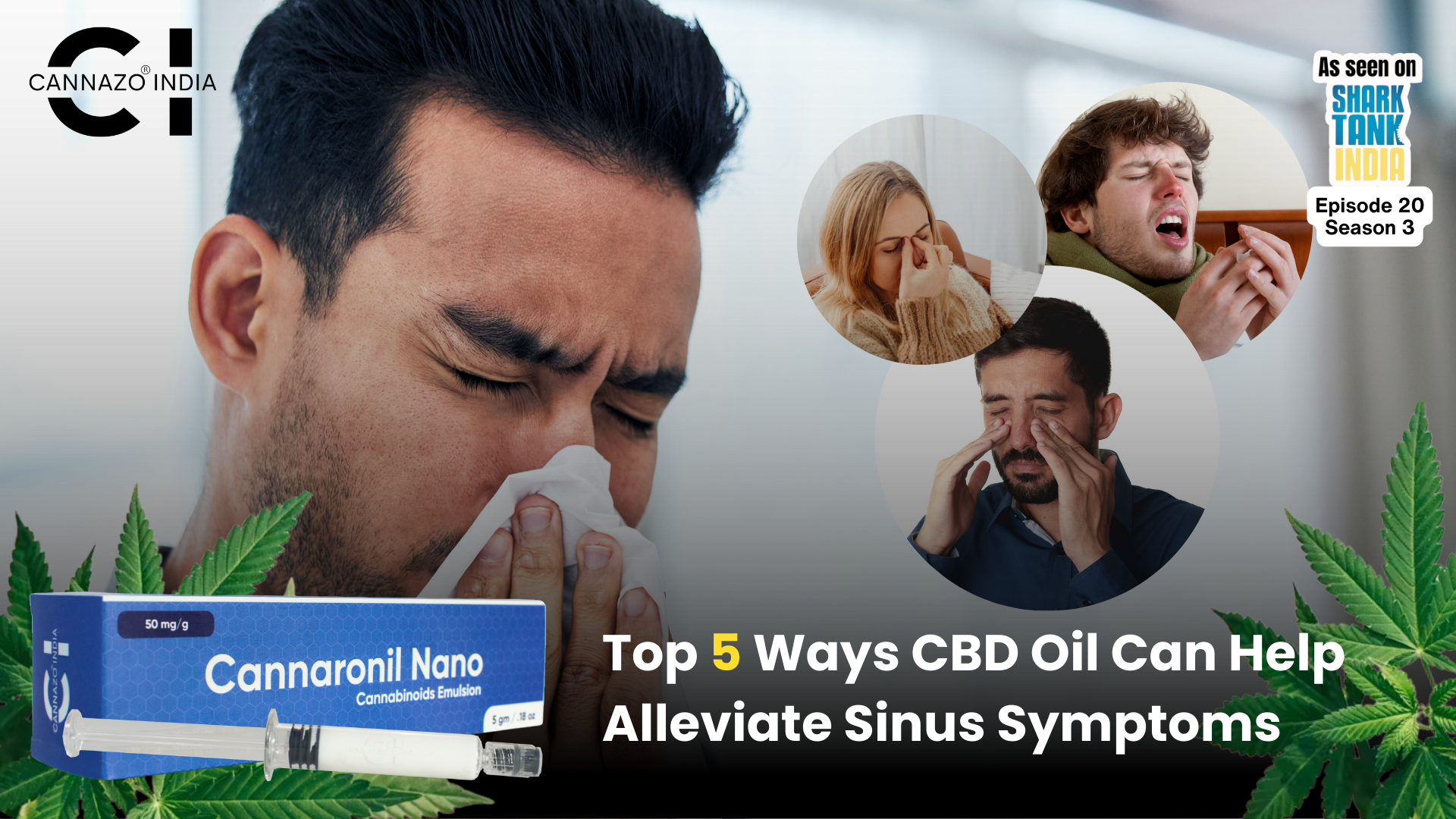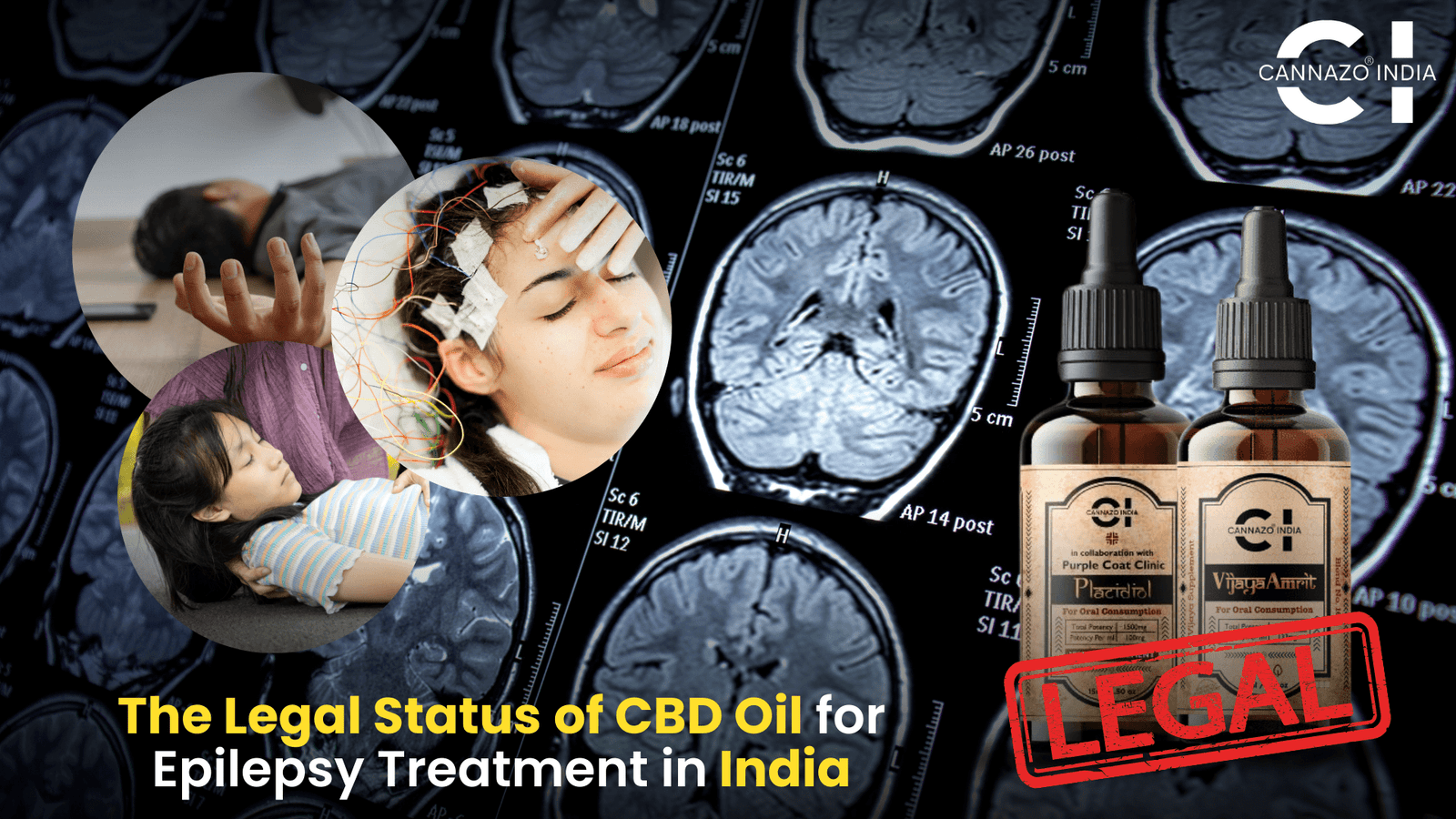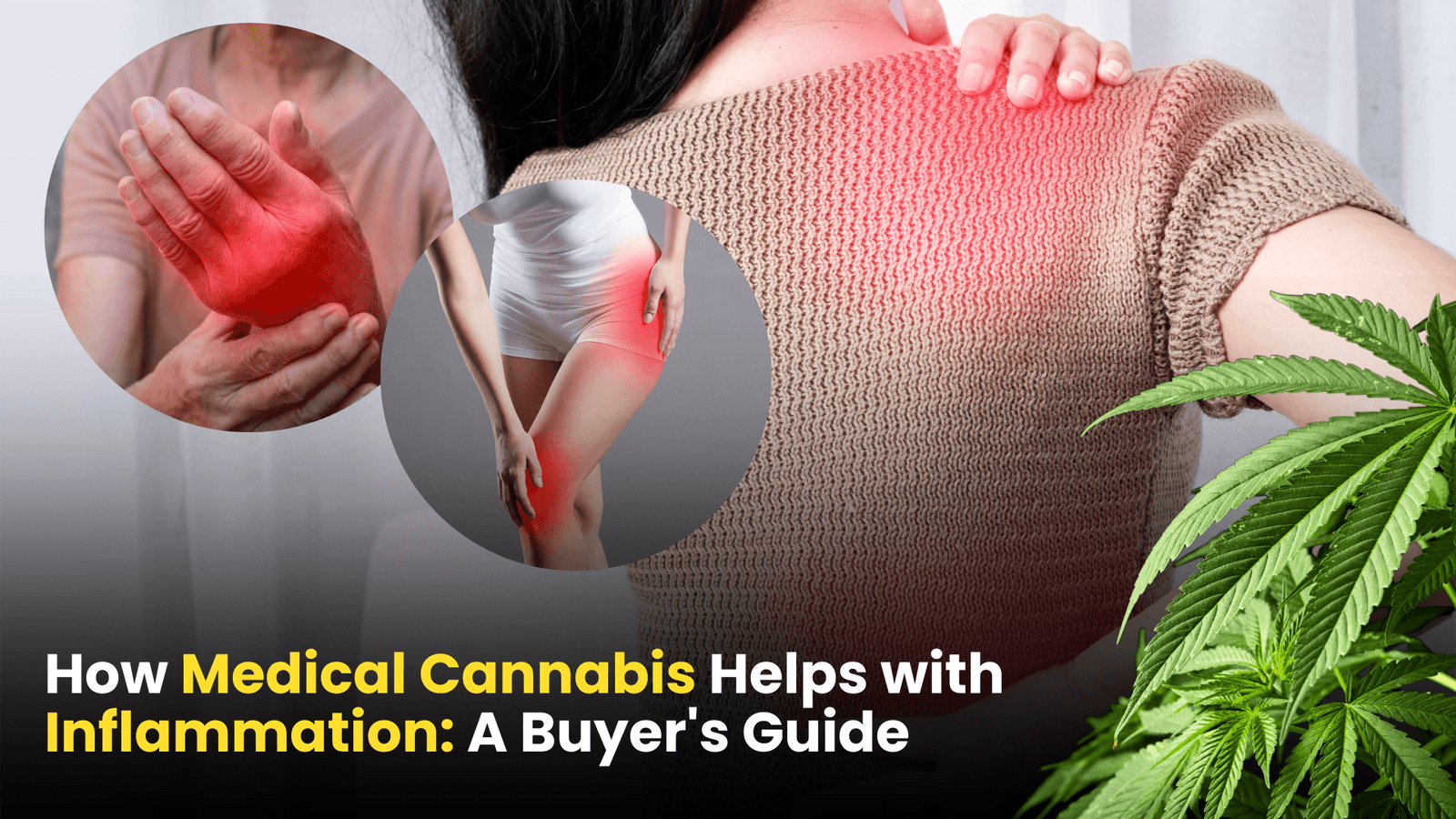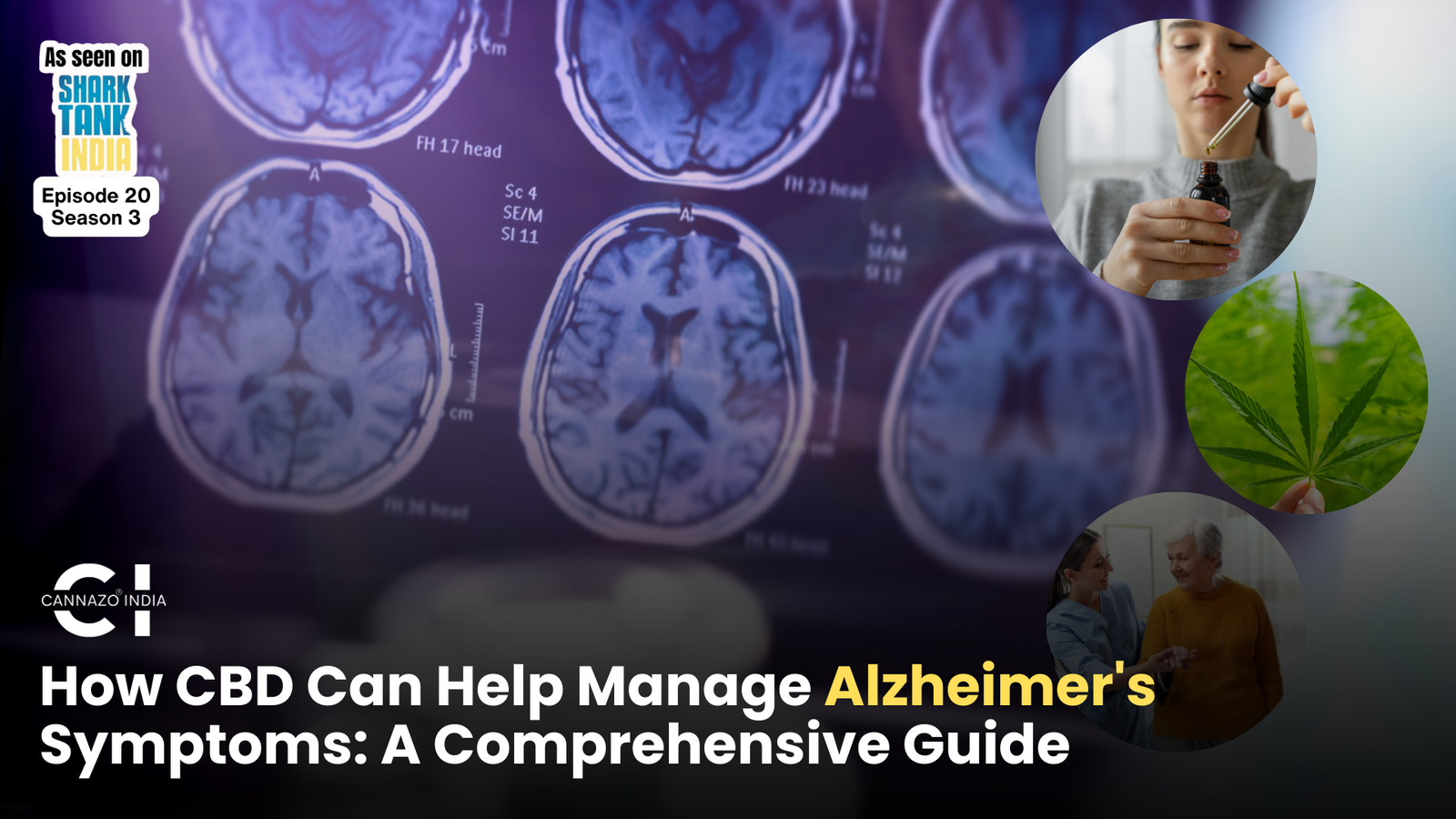The World Health Organization’s (WHO) World Mental Health Report 2022 rightfully backs its slogan, “No health without mental health.” WHO’s global estimate suggests that mental disorders account for 1 in 6 years lived with disability [1]. Moreover, mental disorders and substance-use disorders contribute to around 14% of the global disease burden [2].
This throws light on the importance of treating mental health disorders since evidence suggests it can directly affect overall health. This article explores cannabidiol (CBD) oil and mental health along with the use of CBD oil for anxiety and other mental health conditions.
The Science Behind CBD Oil
An upcoming natural alternative treatment for pain management is the use of hemp or medical cannabis (MC). Leaves of MC consist of two main active compounds: cannabidiol (CBD) and tetrahydrocannabinol (THC) which help manage chronic pain [3,4].
Cannabinoids like CBD interact with cannabinoid (CB) receptors, CB1 and CB2, found on many cells like immune system cells, neurons, etc. These receptors (along with others) make up the body’s endocannabinoid system (ECS) [5]. CBD can interact with CB1, CB2 and 5-HT1A receptors which are present on the cells of the immune and nervous systems and help in the management of mental health.
Upcoming research has suggested that CBD oil has the potential to treat mental health conditions like anxiety, depression, insomnia, et cetera [6].
CBD Oil for Anxiety and Stress Relief
One of the main focuses of CBD oil and mental health is the use of CBD oil for anxiety. Using CBD oil for anxiety has been investigated in many clinical trials due to its minimal side effects. A cross-sectional online survey by Moltke & Hindocha (2021) revealed that 42.6% of CBD users used CBD oil for anxiety management and 37% used it for stress management [7].
Dahlgren et al. (2022) studied the effect of a full-spectrum high CBD solution for the treatment of anxiety. They found that over the four weeks of treatment, anxiety severity had reduced significantly with most patients experiencing more than a 15% reduction in just one week [8]. This benefit was achieved with very minor side effects as well.
Henson et al. (2021) also reviewed the scientific literature on how CBD reduces stress, detailing clinical trials along with the mechanism of action of CBD in decreasing stress. CBD interacts with CB1, CB2 and 5-HT1A receptors [9] which activates different pathways that result in a decrease in stress and anxiety.
CBD Oil and Depression
Preliminary research suggests that CBD shows efficacy in treating depression [6]. A 2014 study exploring the potential of CBD:THC spray as replacement therapy during cannabis withdrawal found that the treatment significantly reduced withdrawal-associated depression (around 13%) [10]
Solowji et al. (2018) investigated the effect of CBD on the psychological symptoms of cannabis users over ten weeks. The patients reported fewer depressive episodes after treatment with CBD, while their memory and verbal learning improved [11].
CBD Oil and Bipolar Disorder
There have not been many clinical trials on bipolar disorders [12]. However, a 2019 study which was terminated early due to the COVID-19 outbreak still has published some results. The study results were published in 2023 which suggested that CBD as an adjunctive therapy did decrease the severity of the disorder, albeit it was similar to the placebo [13].
However, statistical analysis revealed that CBD might have caused a significant decrease in severity between weeks two and eight [13].
CBD Oil for Sleep Disorders
Apart from neuropsychiatric and mood disorders, evidence suggests that CBD oil also helps in managing sleep disorders. A recent study published by Ried et al. (2023) found that a CBD:THC oil helped improve midnight melatonin by 30% in adults with insomnia. Moreover, after two weeks of treatment, 60% of the adults didn’t classify as clinical insomniacs [14].
Apart from these improvements, improvements were also observed in sleep quality and duration, which might have led to the improvement observed in daily functioning [14].
How to Use CBD Oil for Mental Health
CBD oil is available as topical oils and creams, inhalers, vapes and edibles. Thus, using CBD oil for anxiety and other mental health conditions should be easy depending on lifestyle and suitability.
A simple routine could follow something like this:
- Morning: A few drops of CBD oil can be added to a morning coffee or smoothie to help manage early morning symptoms
- Afternoon: CBD capsules can be ingested orally in the afternoon, which might help prevent aggravation of symptoms throughout the day.
- Evening: CBD oil can be added to a relaxing herbal tea in the evening to help alleviate the day’s stress.
- Night: CBD oil can be gently massaged onto appropriate areas to improve sleep so that you may wake up the next day well-rested.
Dosage Guidelines
For 1:1 CBD:THC products, the FDA has approved a daily starting dosage of 2.5-4mg (per day). This applies to oral and sublingual CBD tinctures, and it is recommended to start with a low dose and then gradually increase the dose depending on the efficacy and side effects.
It is wise to ask an expert healthcare professional how you should start using CBD oil for mental health. Get in touch with our experts today at https://cannazoindia.com/doctor-consultation/.
Conclusion
There is growing evidence in the field of CBD oil and mental health. Many ongoing and upcoming trials are testing the efficacy of CBD oil for anxiety, stress, depression, bipolar disorders and sleep disorders. This research is important for overall physical and mental health since there is “no health without mental health.”
References
- World mental health report: transforming mental health for all. Geneva: World Health Organization; 2022. Licence: CC BY-NC-SA 3.0 IGO.
- Prince, M., Patel, V., Saxena, S., Maj, M., Maselko, J., Phillips, M. R., & Rahman, A. (2007). No health without mental health. The lancet, 370(9590), 859-877.
- Urits, I., Gress, K., Charipova, K., Habib, K., Lee, D., Lee, C., … & Viswanath, O. (2020). Use of cannabidiol (CBD) for the treatment of chronic pain. Best Practice & Research Clinical Anaesthesiology, 34(3), 463-477.
- Überall, M. A. (2020). A review of scientific evidence for THC: CBD oromucosal spray (nabiximols) in the management of chronic pain. Journal of pain research, 399-410.
- Rice, L. J., Cannon, L., Dadlani, N., Cheung, M. M. Y., Einfeld, S. L., Efron, D., … & Elliott, E. J. (2024). Efficacy of cannabinoids in neurodevelopmental and neuropsychiatric disorders among children and adolescents: a systematic review. European Child & Adolescent Psychiatry, 33(2), 505-526.
- García-Gutiérrez, M. S., Navarrete, F., Gasparyan, A., Austrich-Olivares, A., Sala, F., & Manzanares, J. (2020). Cannabidiol: a potential new alternative for the treatment of anxiety, depression, and psychotic disorders. Biomolecules, 10(11), 1575.
- Moltke, J., & Hindocha, C. (2021). Reasons for cannabidiol use: a cross-sectional study of CBD users, focusing on self-perceived stress, anxiety, and sleep problems. Journal of cannabis research, 3, 1-12.
- Dahlgren, M. K., Lambros, A. M., Smith, R. T., Sagar, K. A., El-Abboud, C., & Gruber, S. A. (2022). Clinical and cognitive improvement following full-spectrum, high-cannabidiol treatment for anxiety: open-label data from a two-stage, phase 2 clinical trial. Communications Medicine, 2(1), 139.
- Henson, J. D., Vitetta, L., Quezada, M., & Hall, S. (2021). Enhancing endocannabinoid control of stress with cannabidiol. Journal of clinical medicine, 10(24), 5852.
- Allsop, D. J., Copeland, J., Lintzeris, N., Dunlop, A. J., Montebello, M., Sadler, C., … & McGregor, I. S. (2014). Nabiximols as an agonist replacement therapy during cannabis withdrawal: a randomized clinical trial. JAMA psychiatry, 71(3), 281-291.
- Solowij, N., Broyd, S. J., Beale, C., Prick, J. A., Greenwood, L. M., Van Hell, H., … & Yücel, M. (2018). Therapeutic effects of prolonged cannabidiol treatment on psychological symptoms and cognitive function in regular cannabis users: a pragmatic open-label clinical trial. Cannabis and cannabinoid research, 3(1), 21-34.
- Bonaccorso, S., Ricciardi, A., Zangani, C., Chiappini, S., & Schifano, F. (2019). Cannabidiol (CBD) use in psychiatric disorders: A systematic review. Neurotoxicology, 74, 282-298.
- Pinto, J. V., Crippa, J. A. S., Ceresér, K. M., Vianna-Sulzbach, M. F., Silveira Júnior, É. D. M., Santana da Rosa, G., … & Kauer-Sant’Anna, M. (2024). Cannabidiol as an Adjunctive Treatment for Acute Bipolar Depression: A Pilot Study: A Pilot Study. The Canadian Journal of Psychiatry, 69(4), 242-251.
- Ried, K., Tamanna, T., Matthews, S., & Sali, A. (2023). Medicinal cannabis improves sleep in adults with insomnia: a randomised double‐blind placebo‐controlled crossover study. Journal of sleep research, 32(3), e13793.





